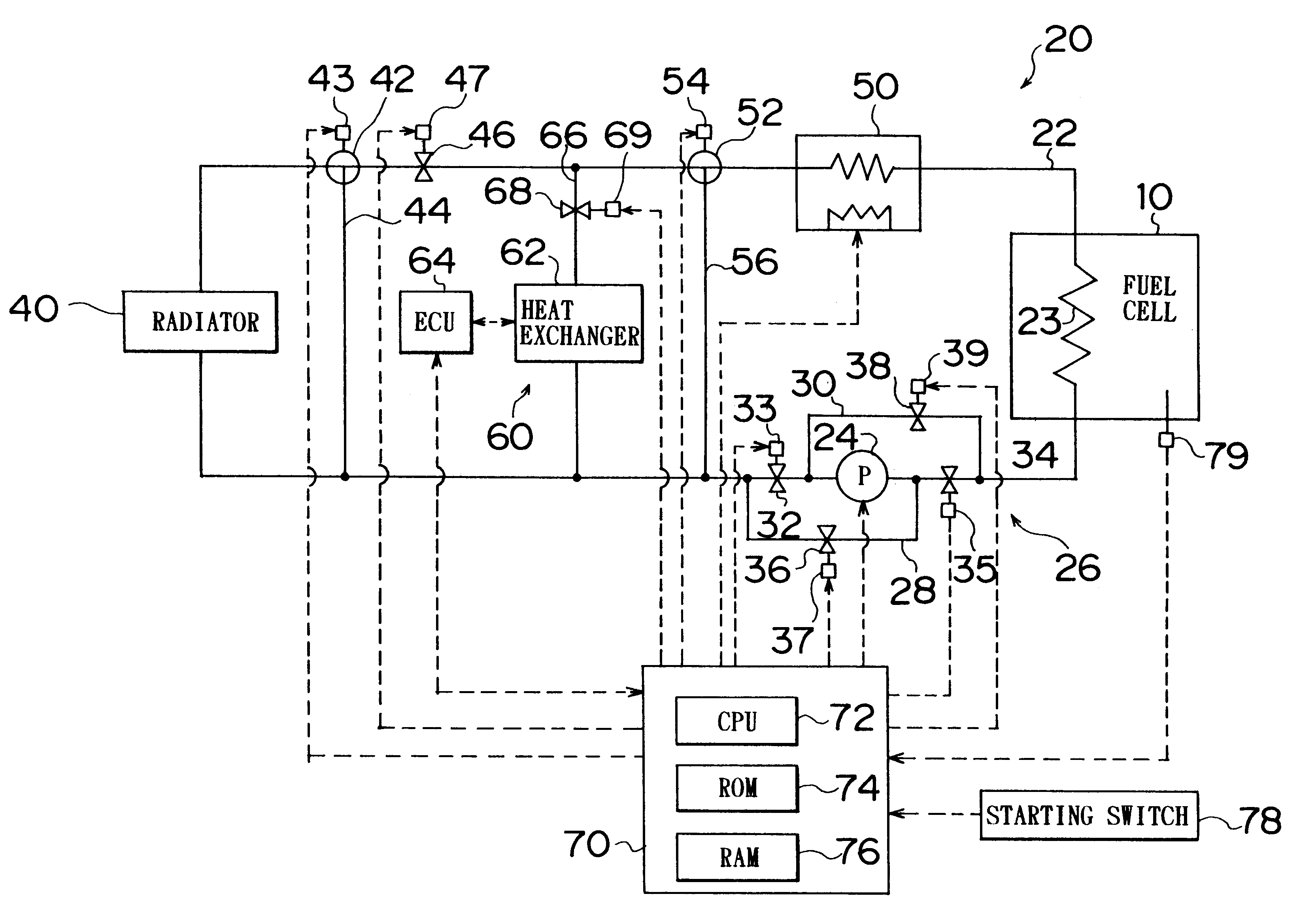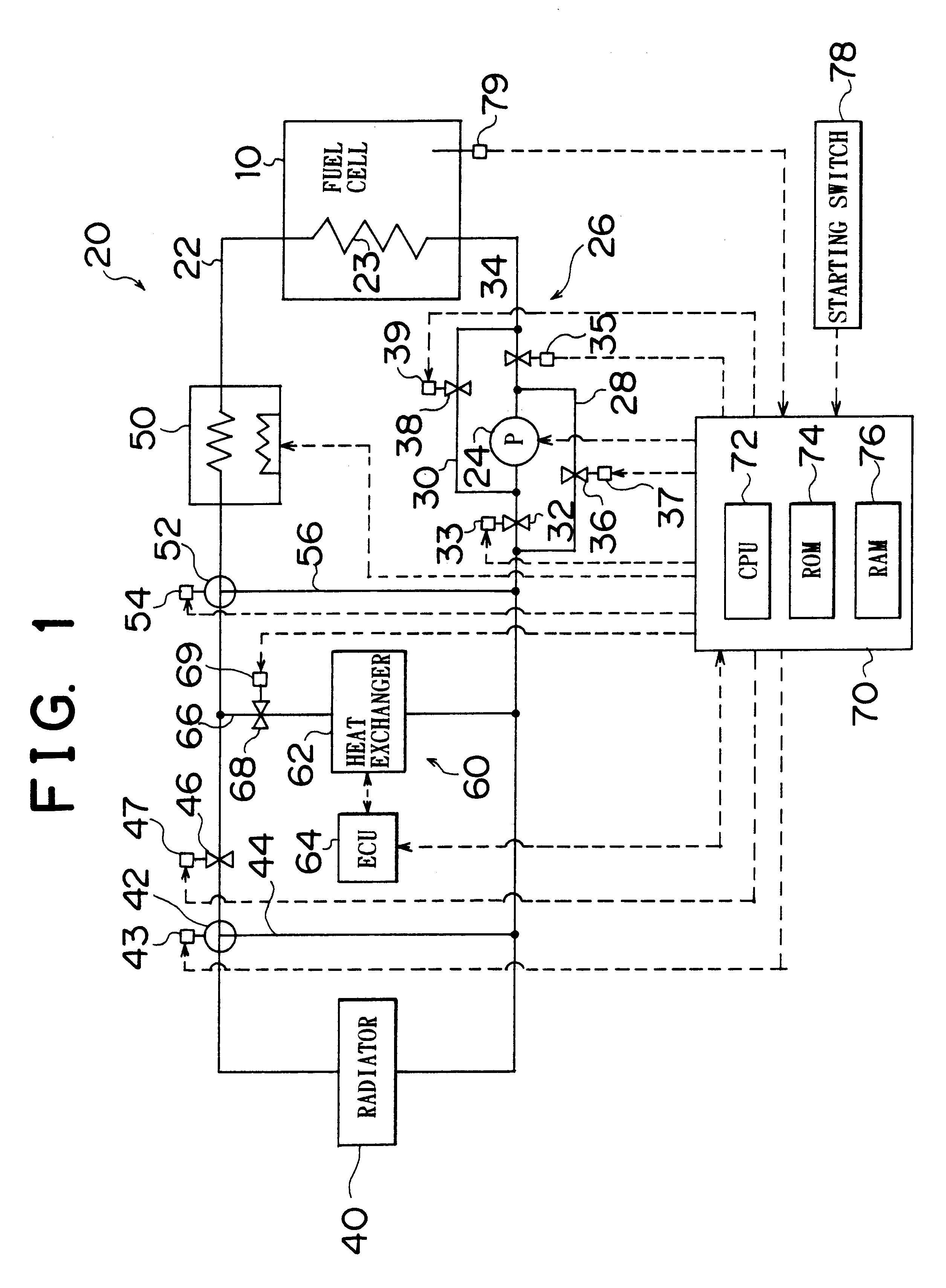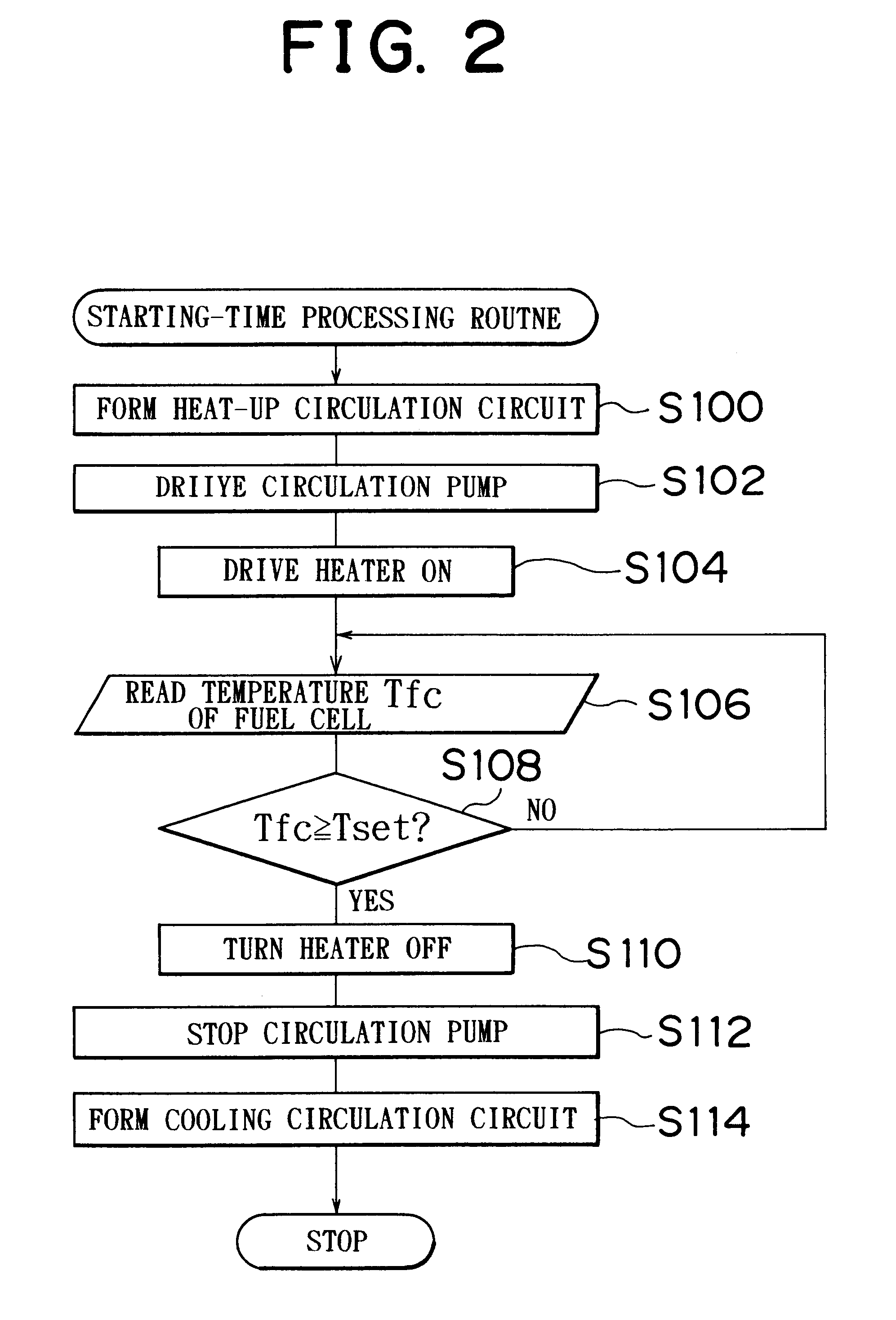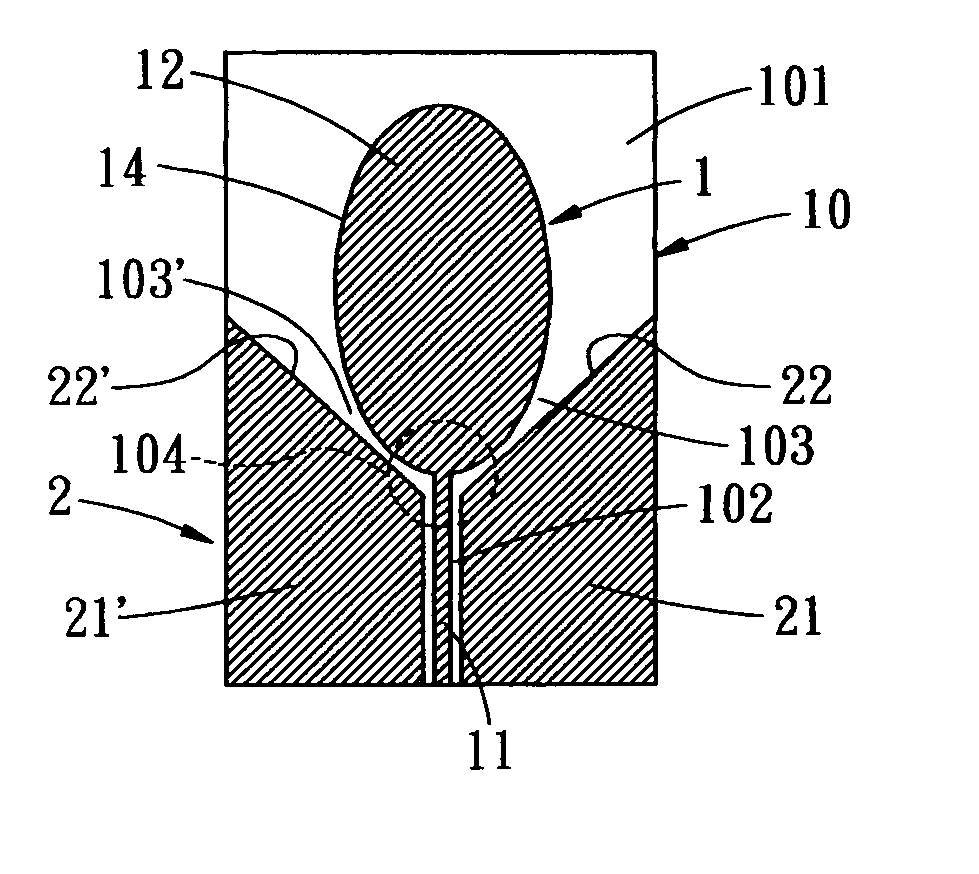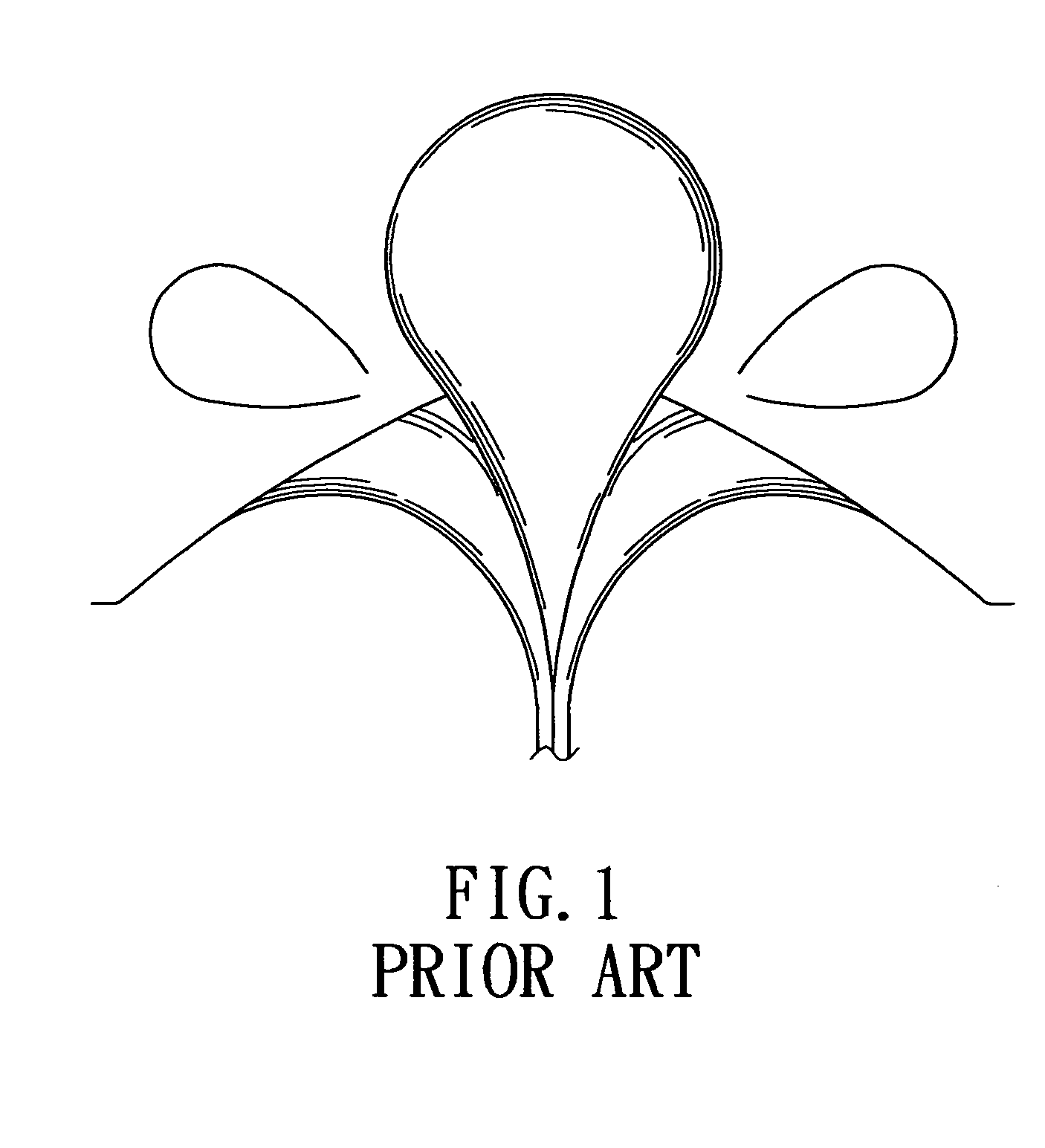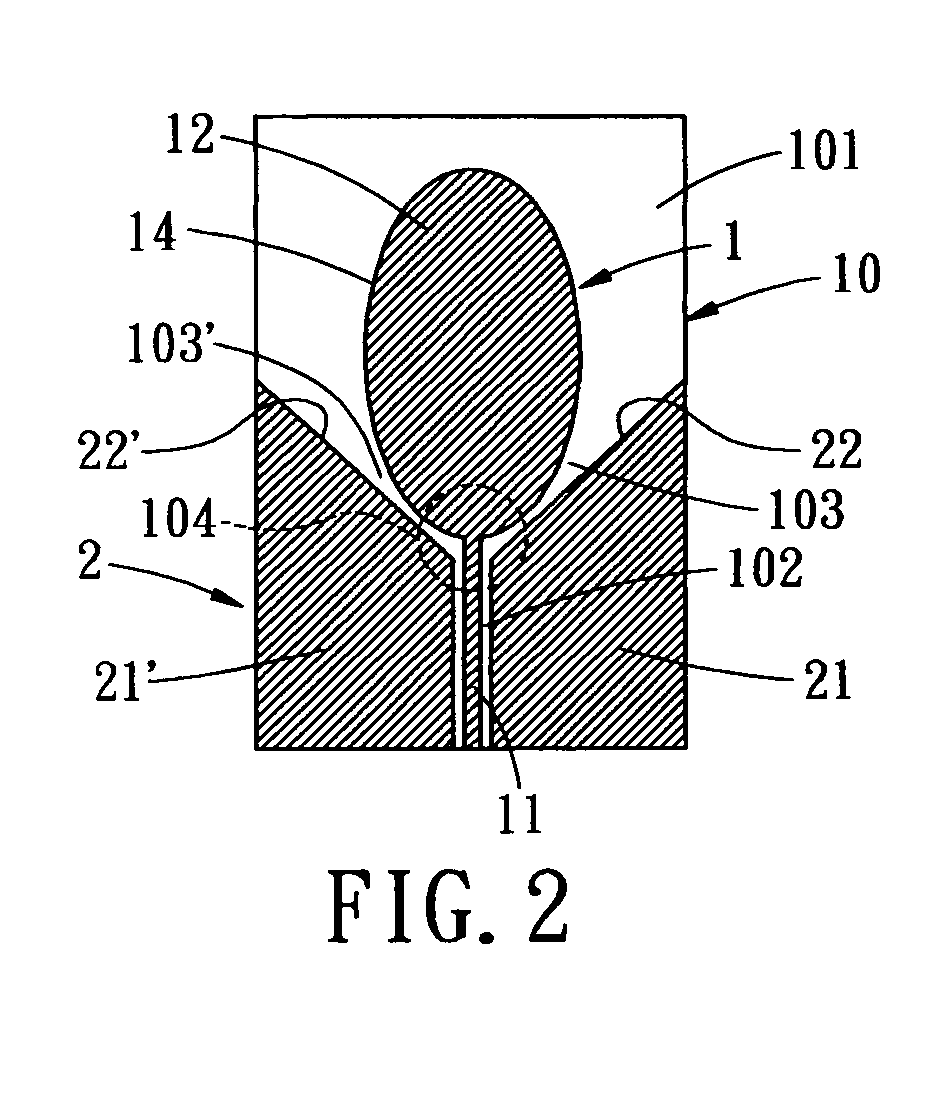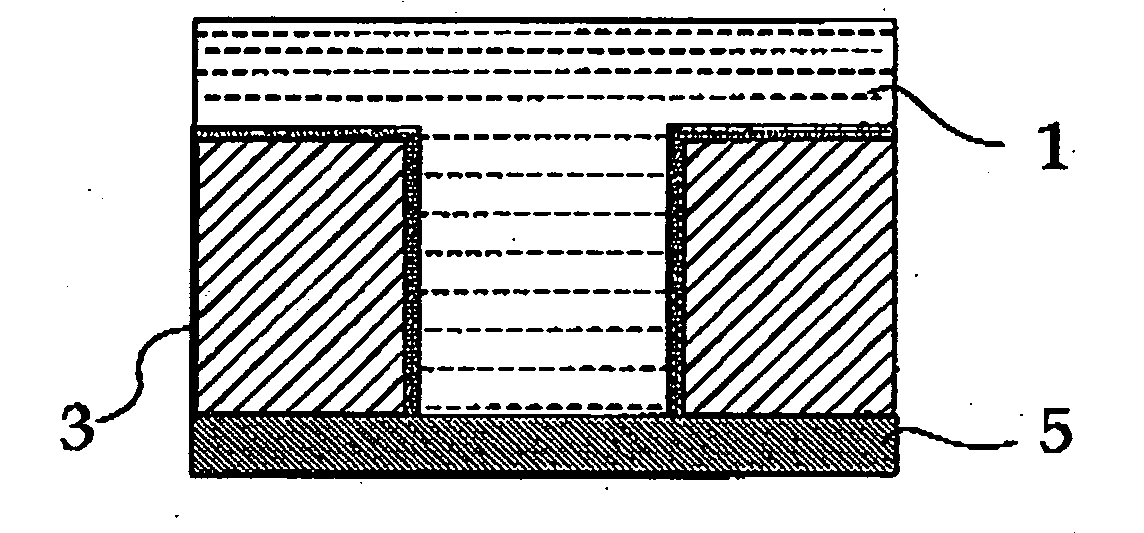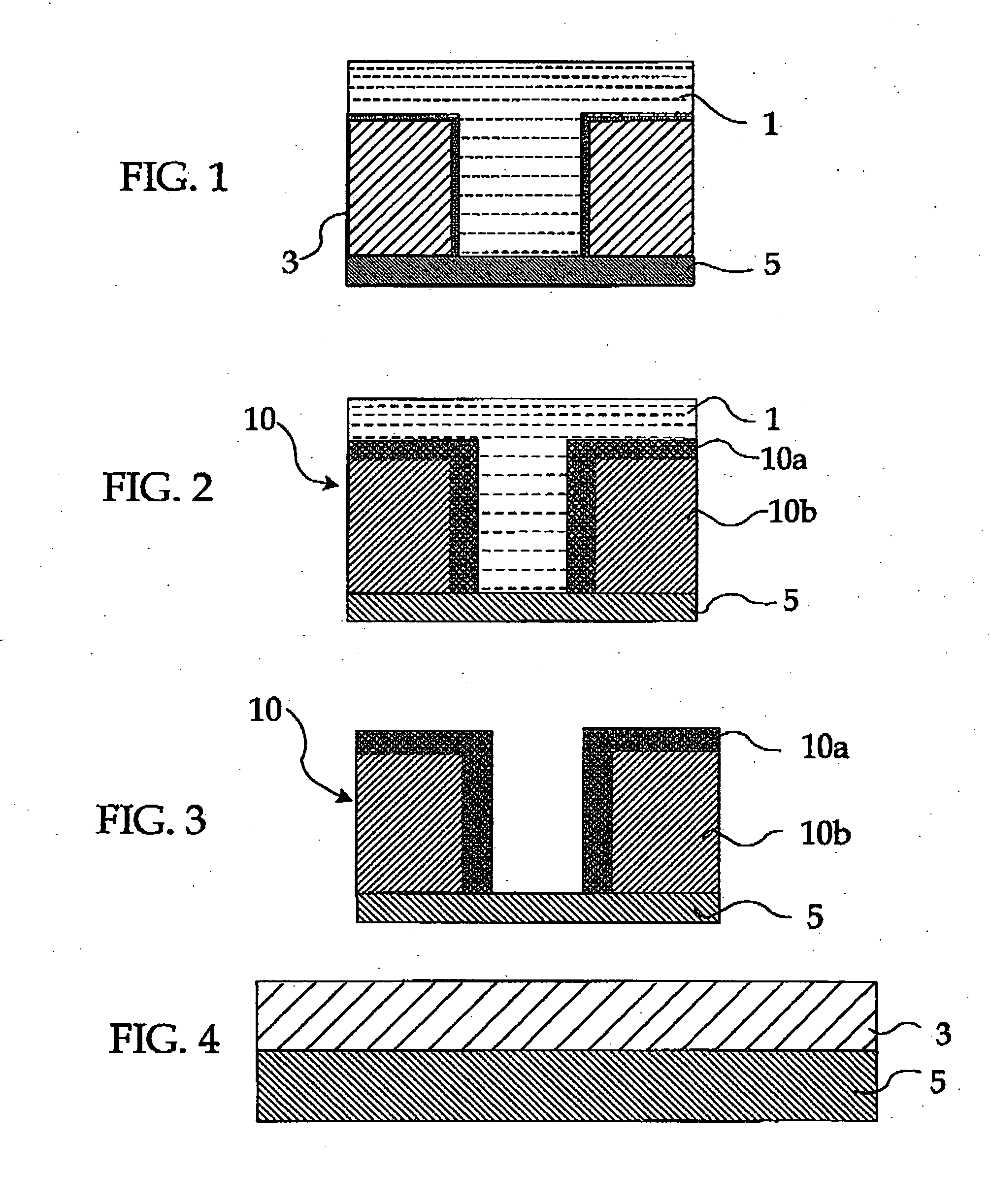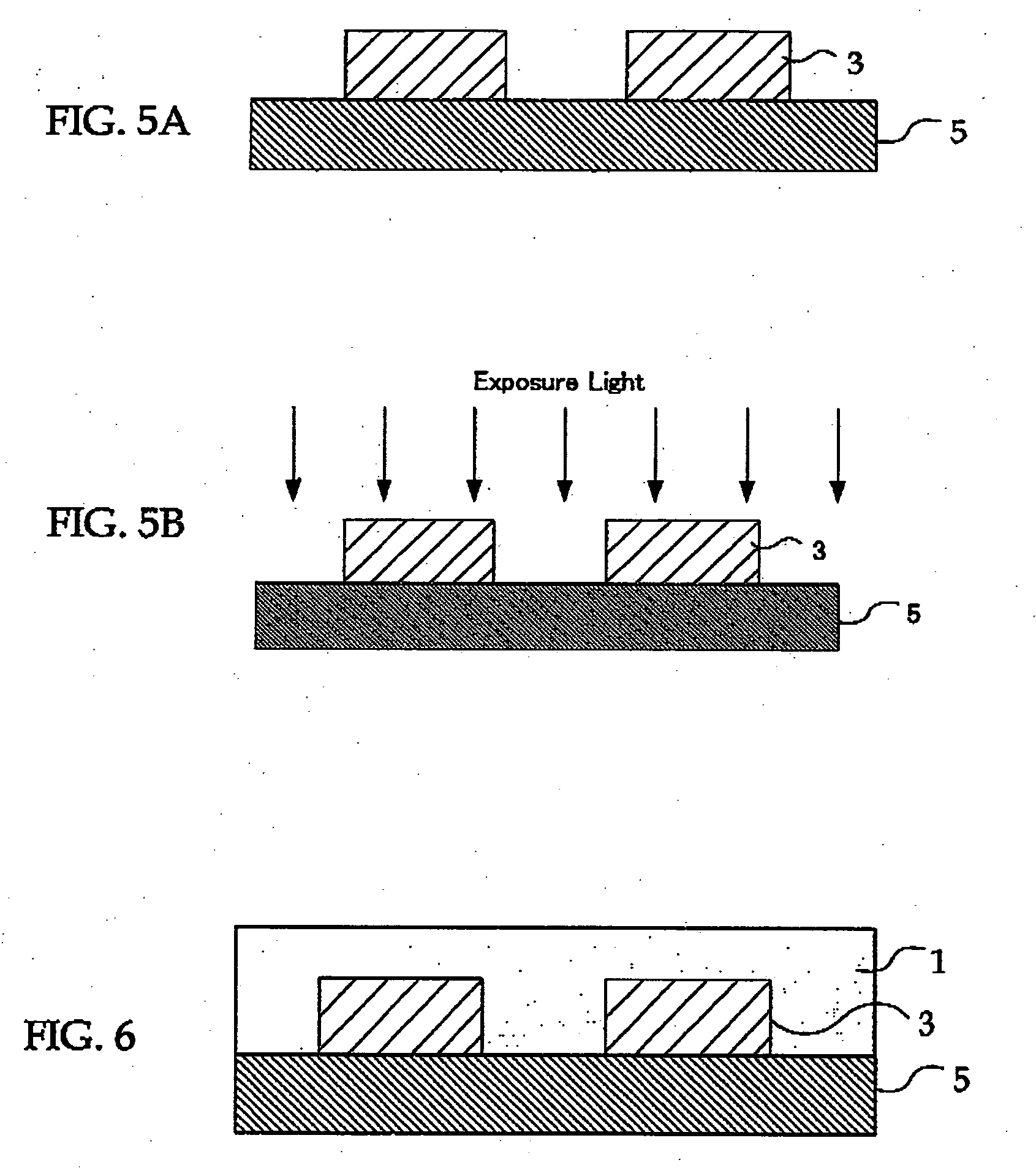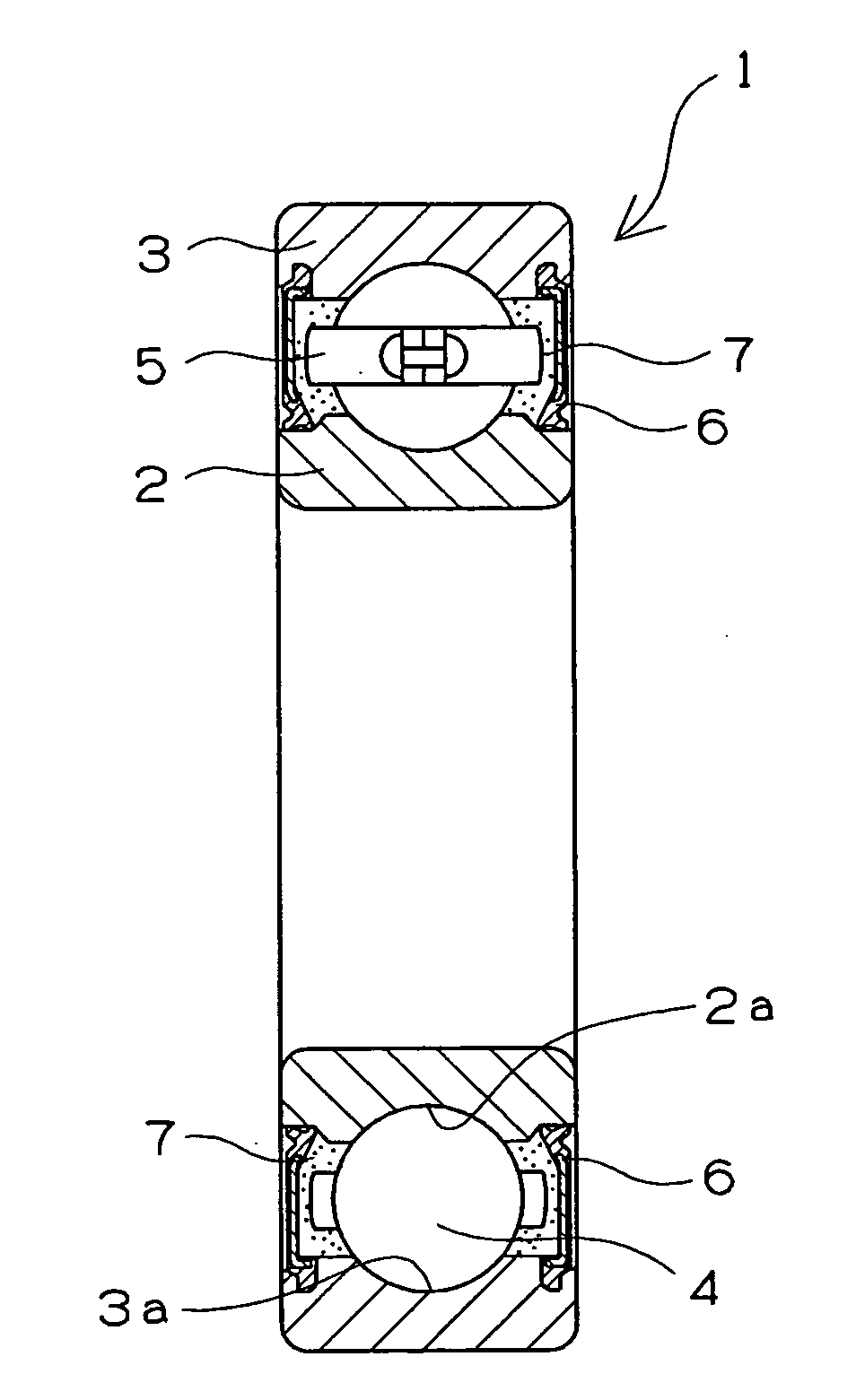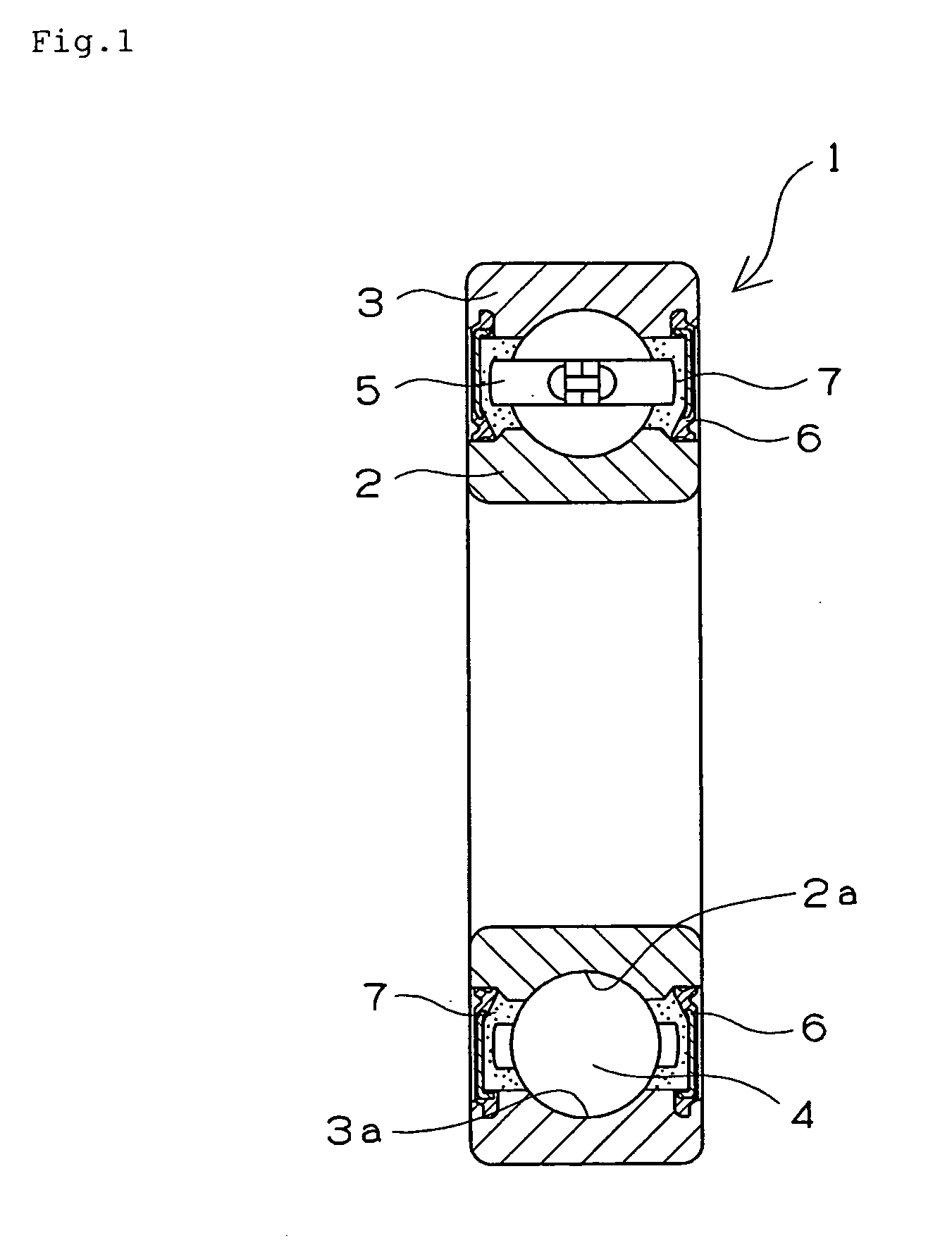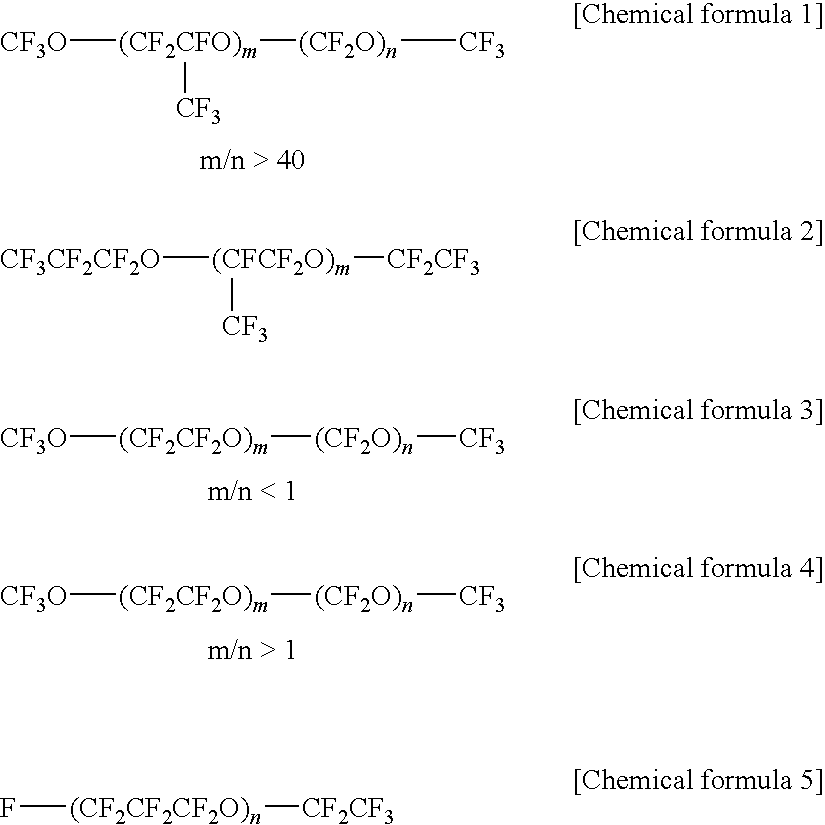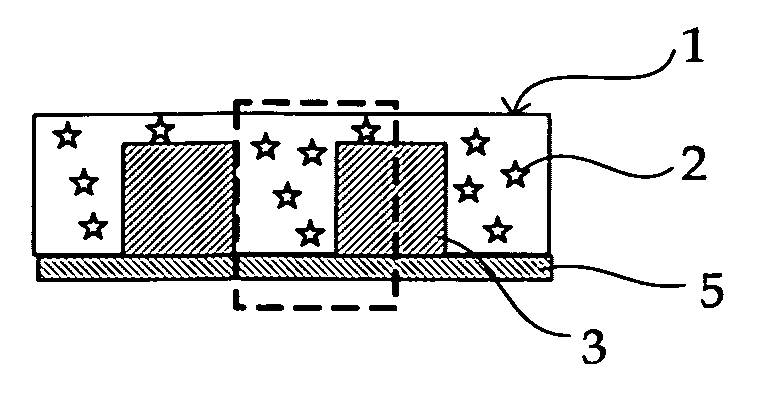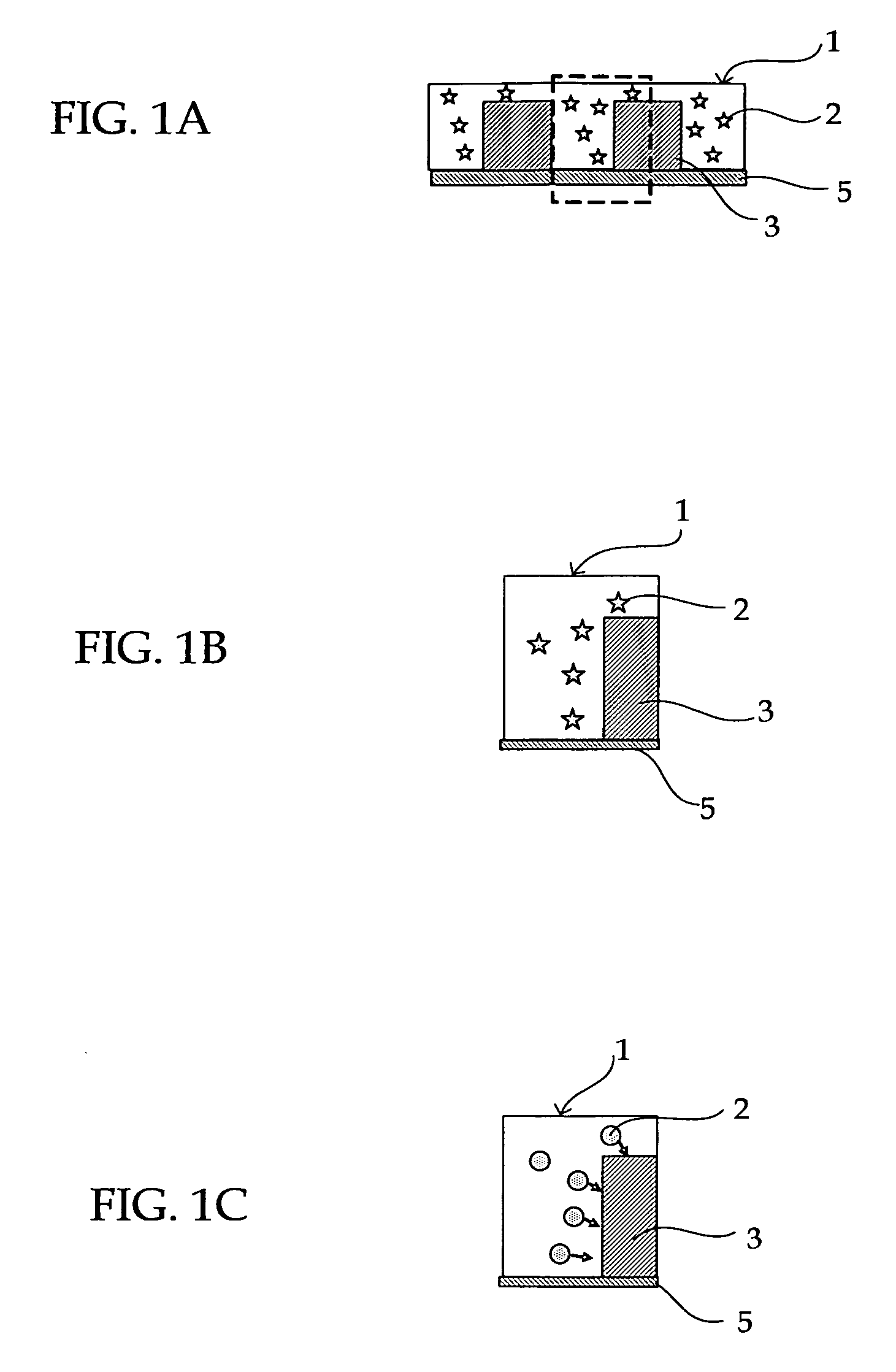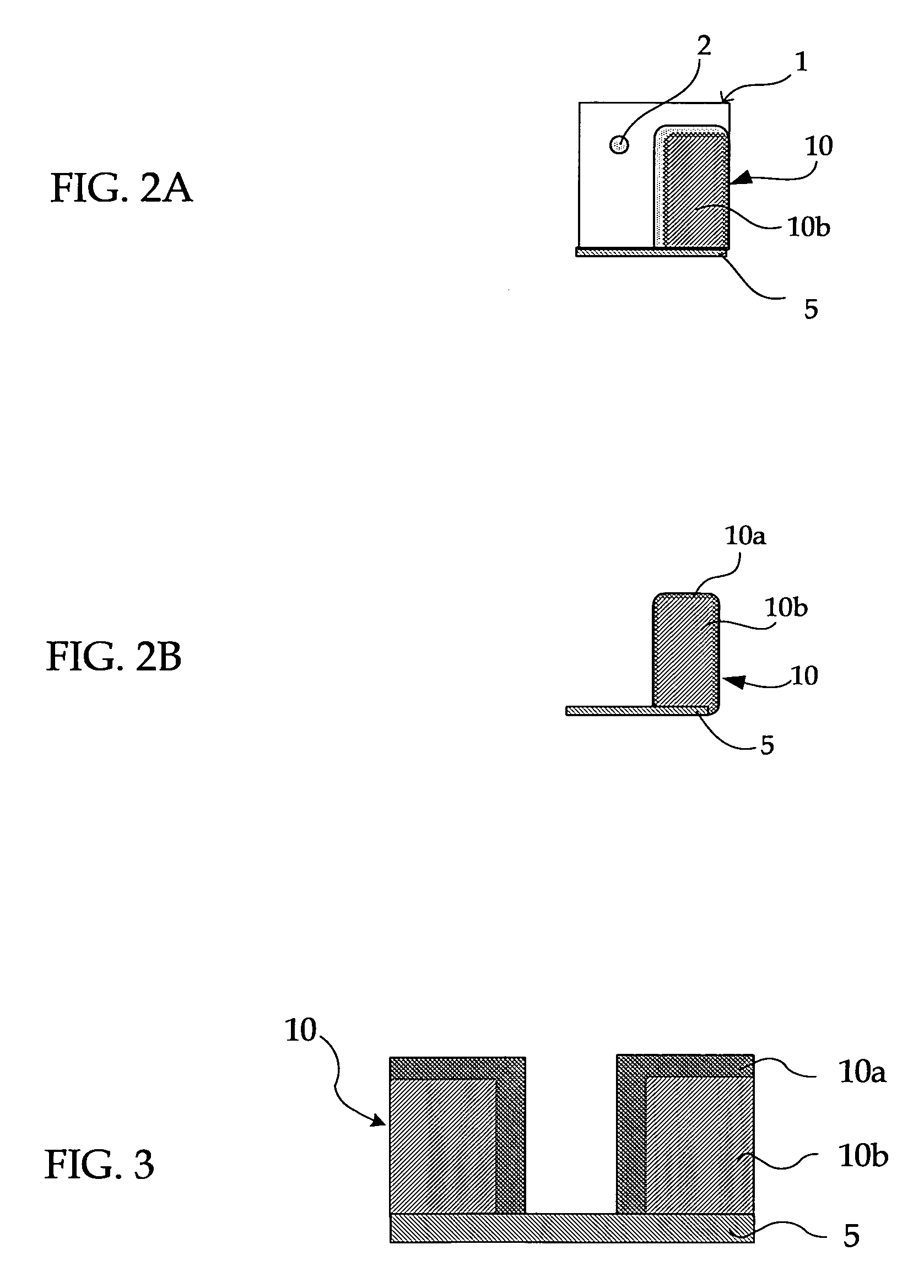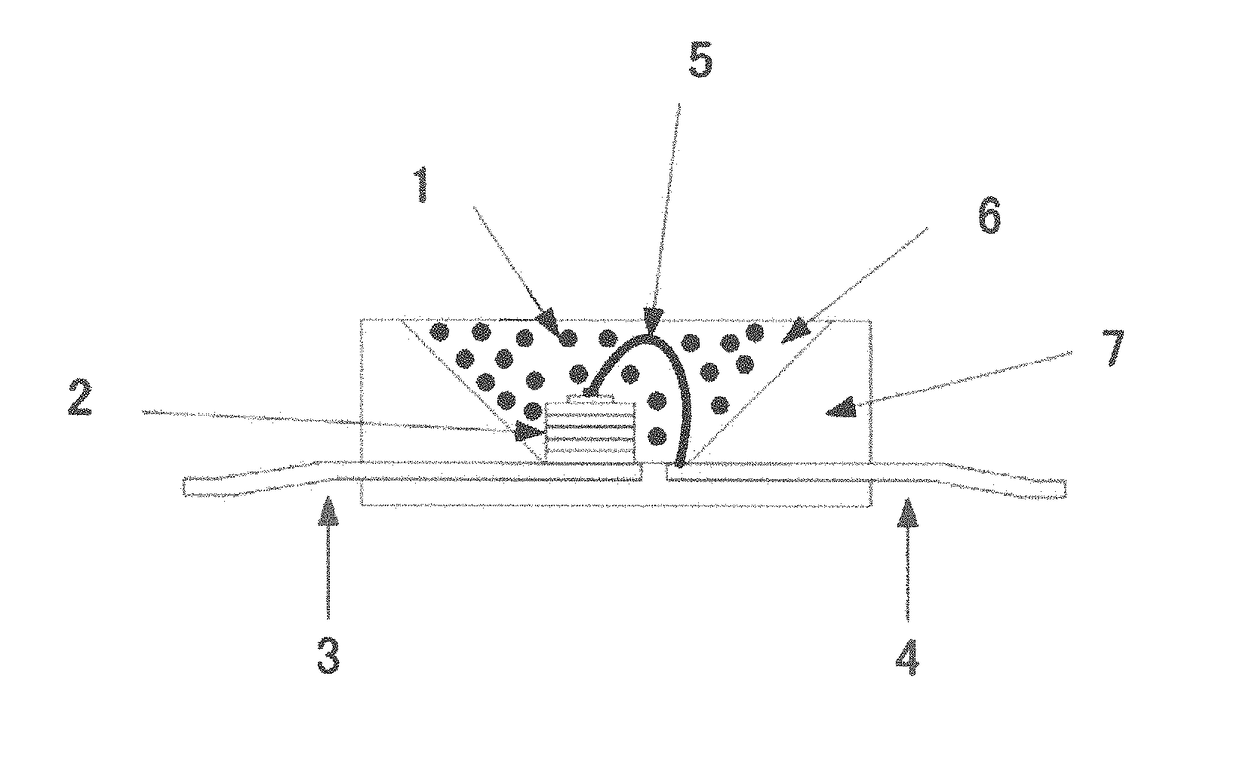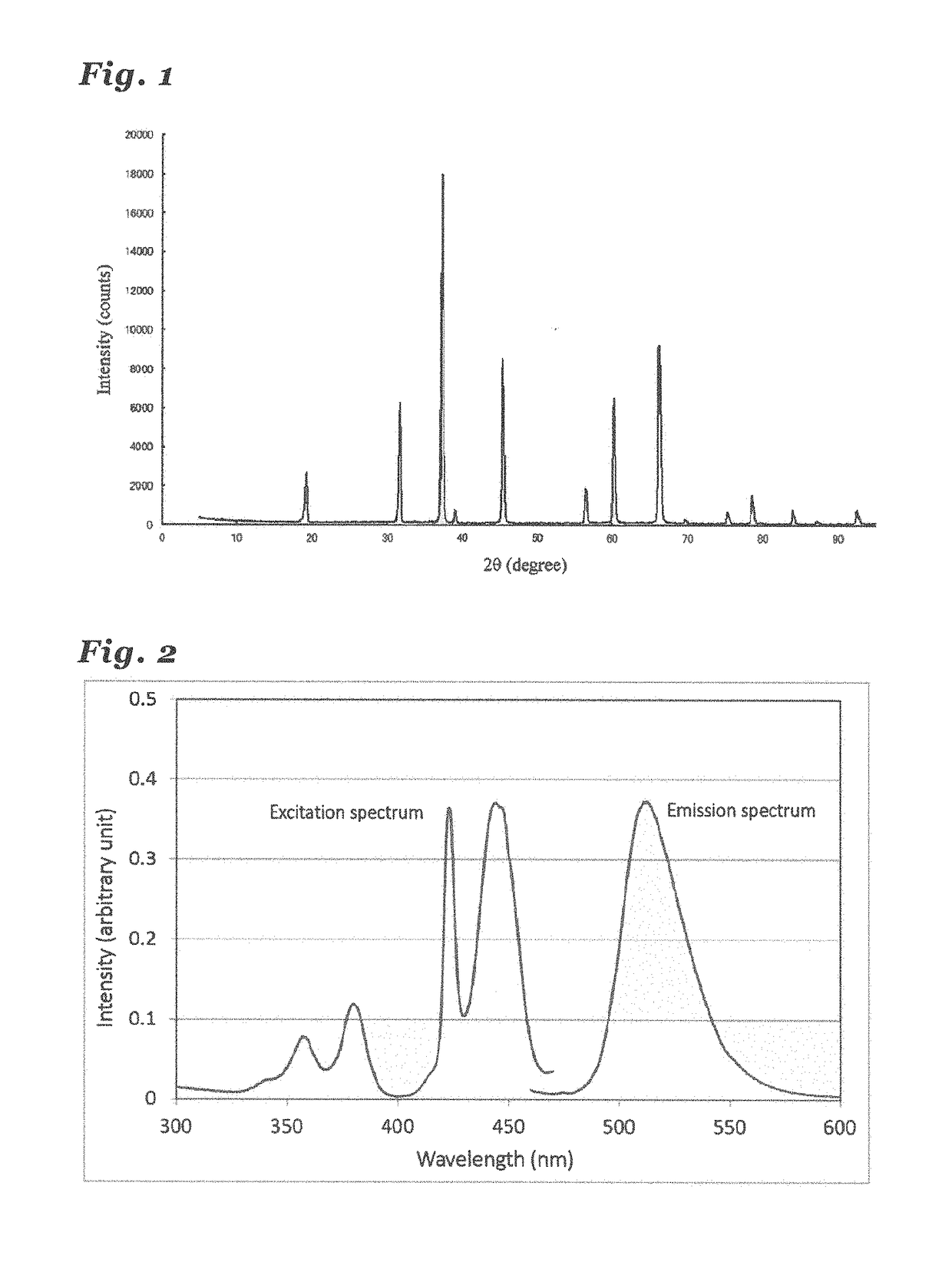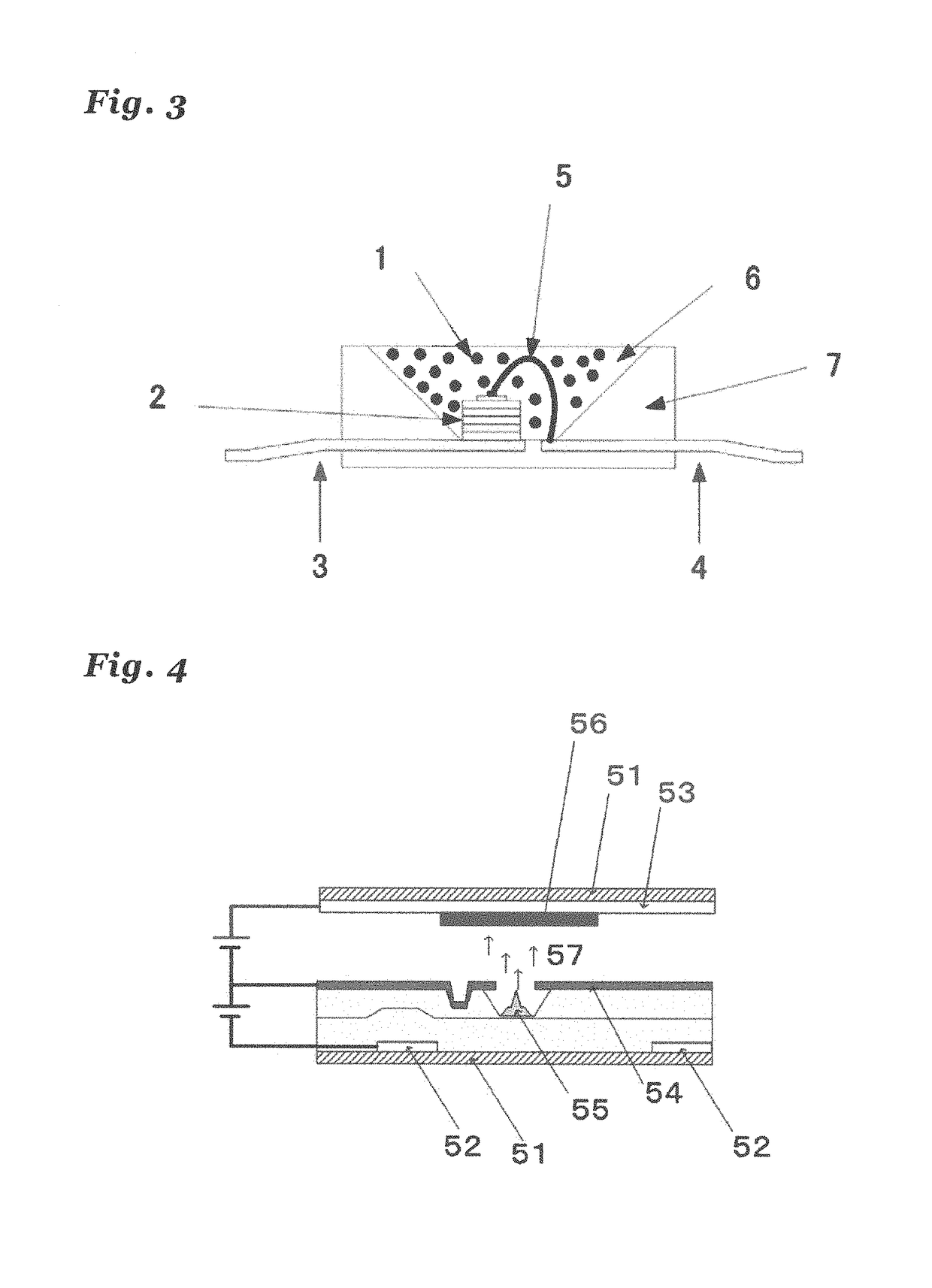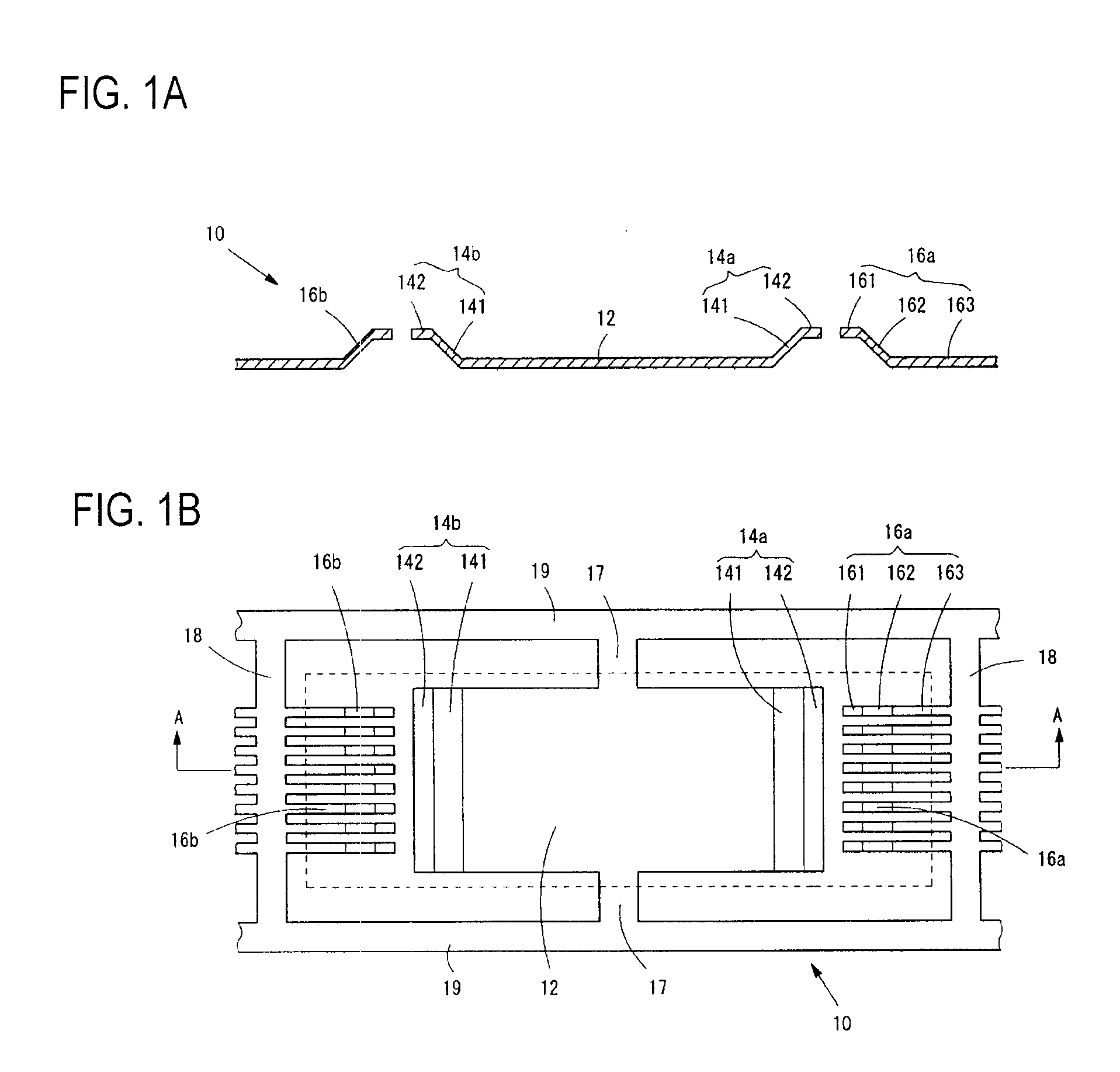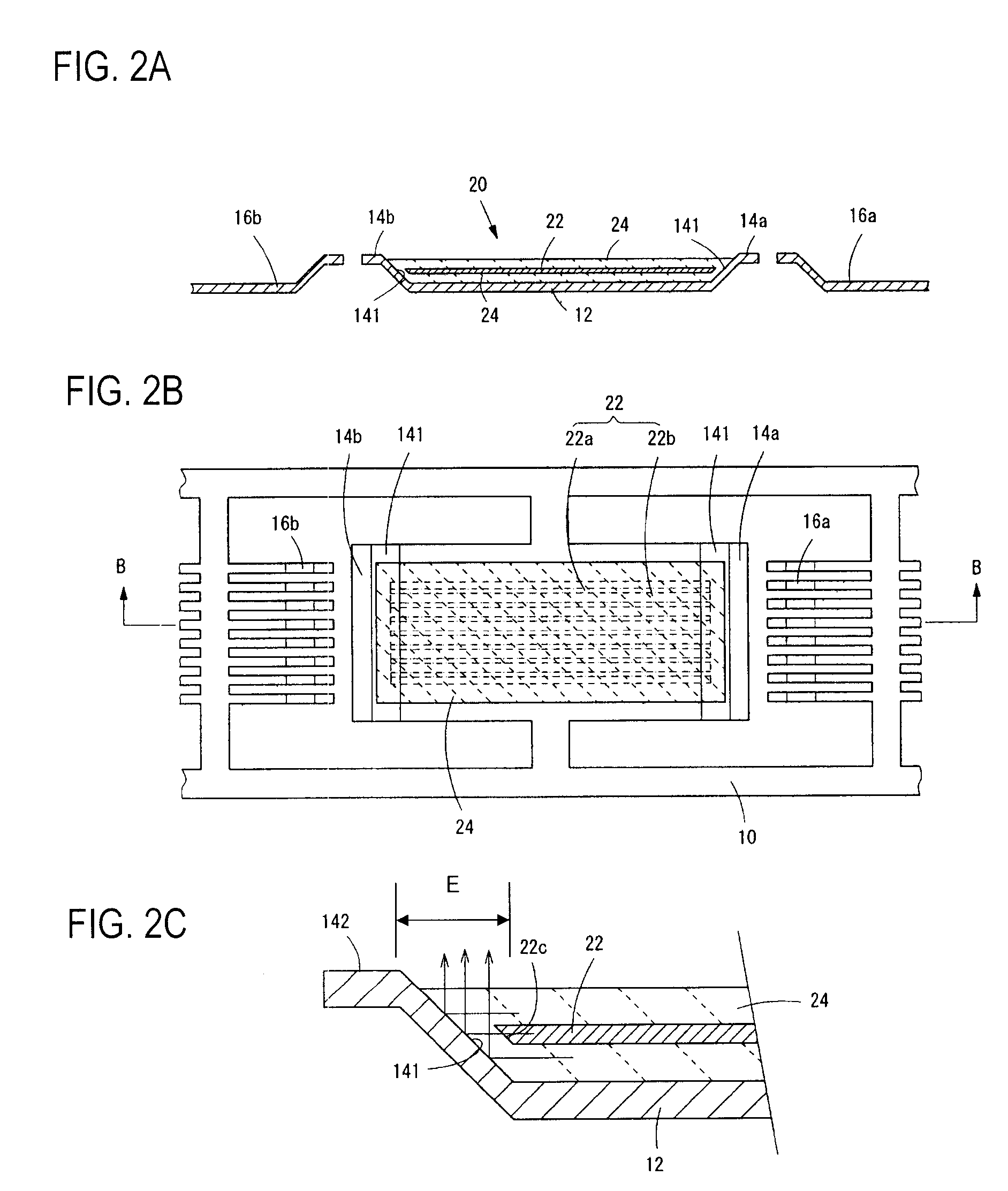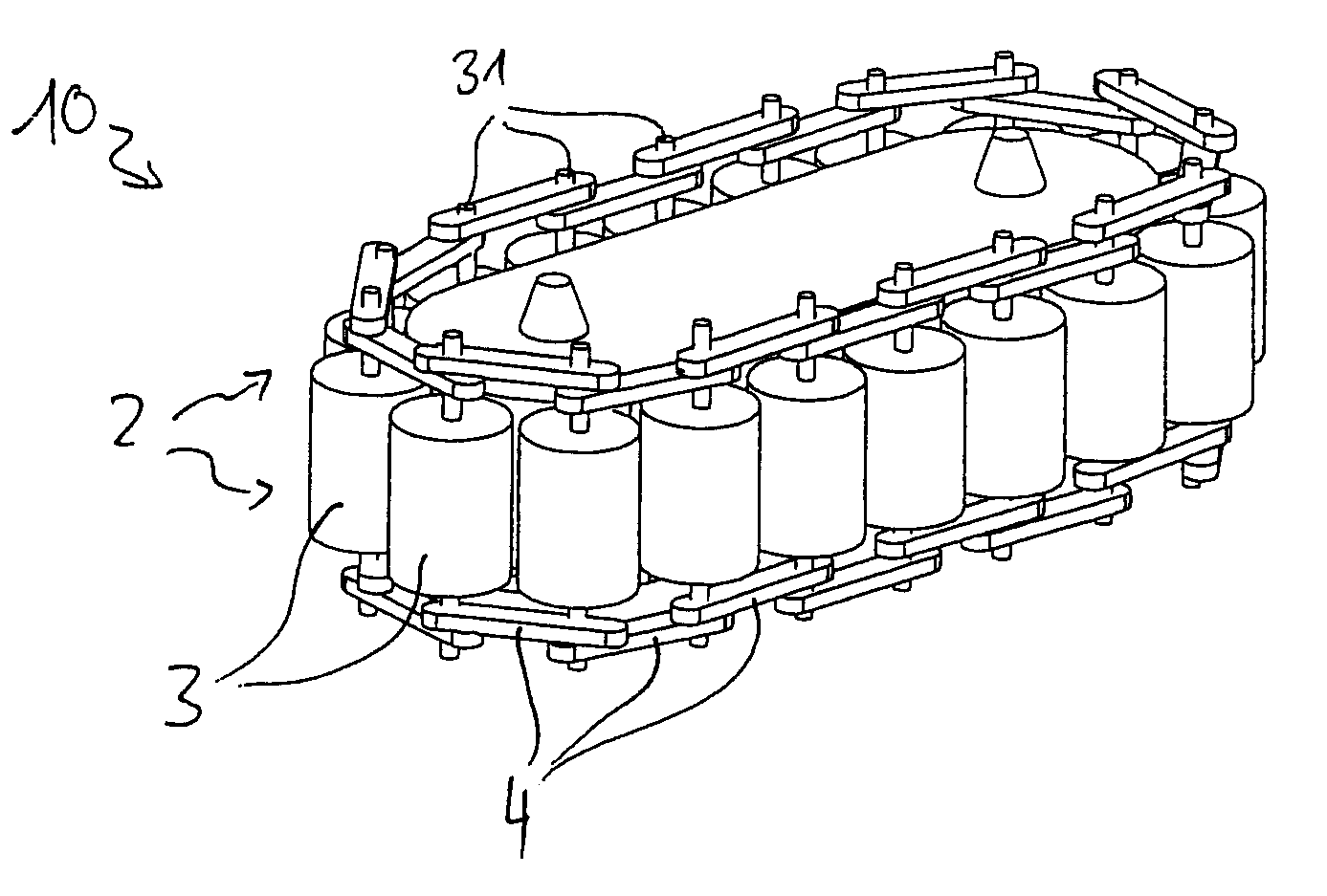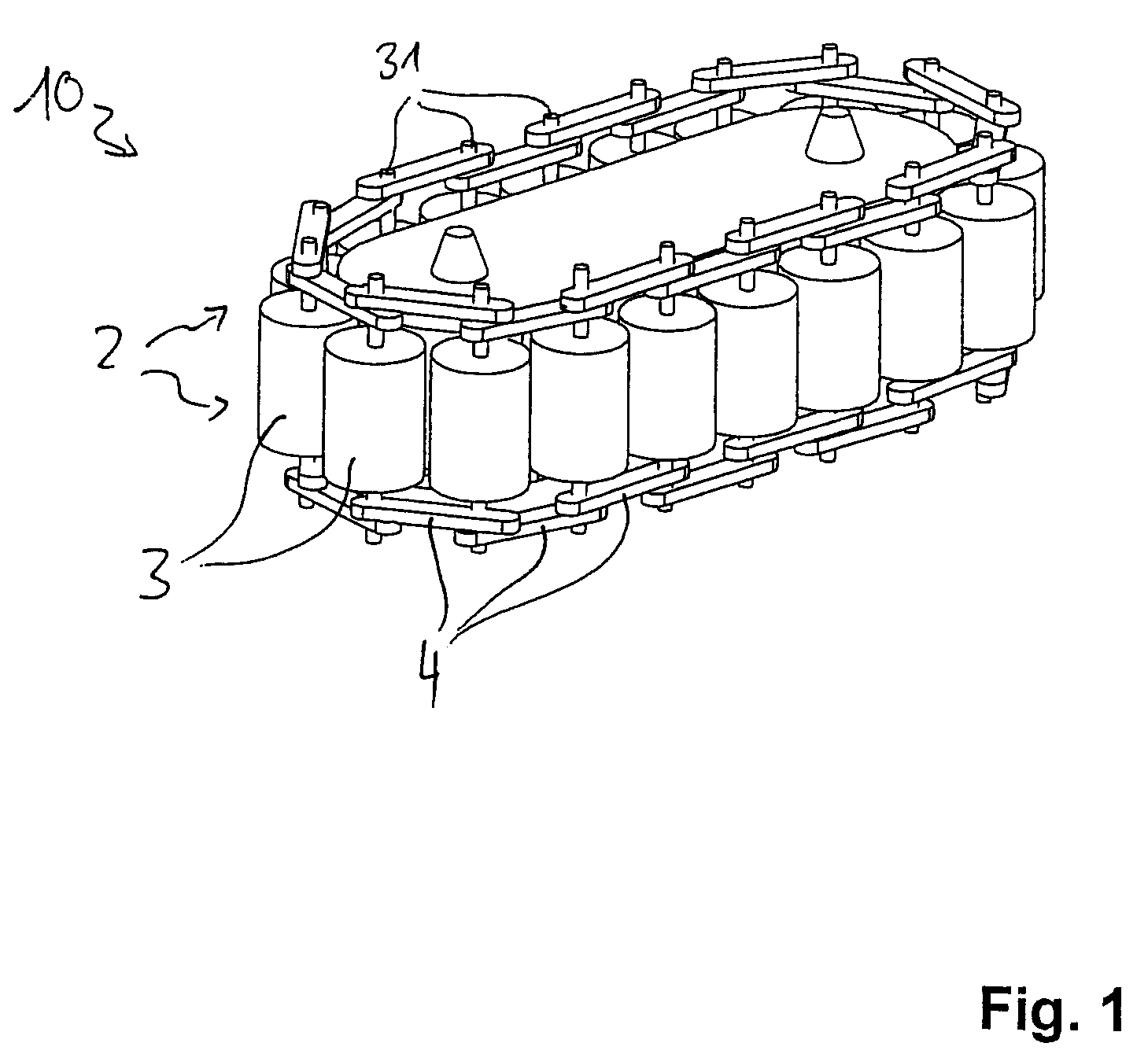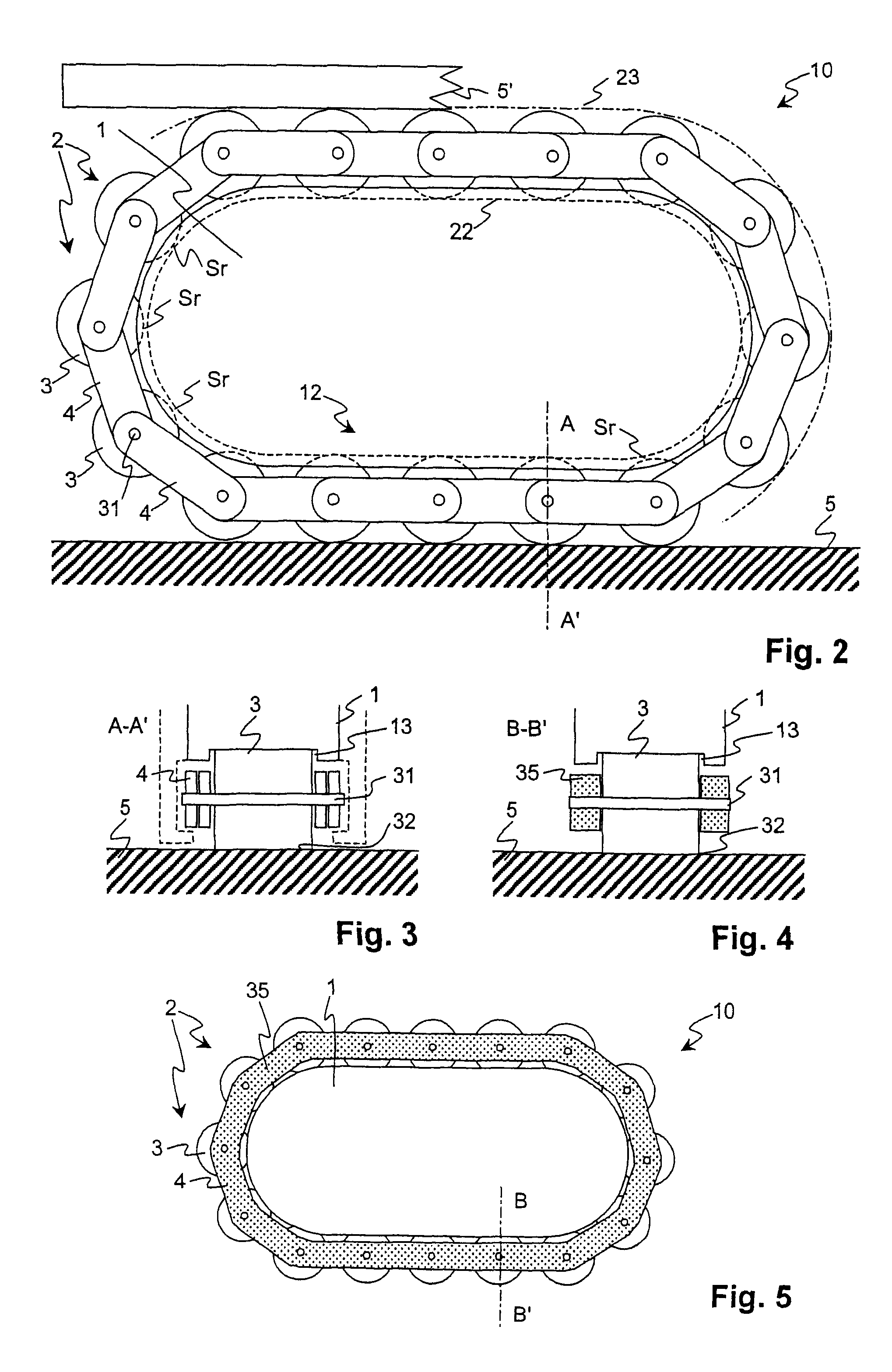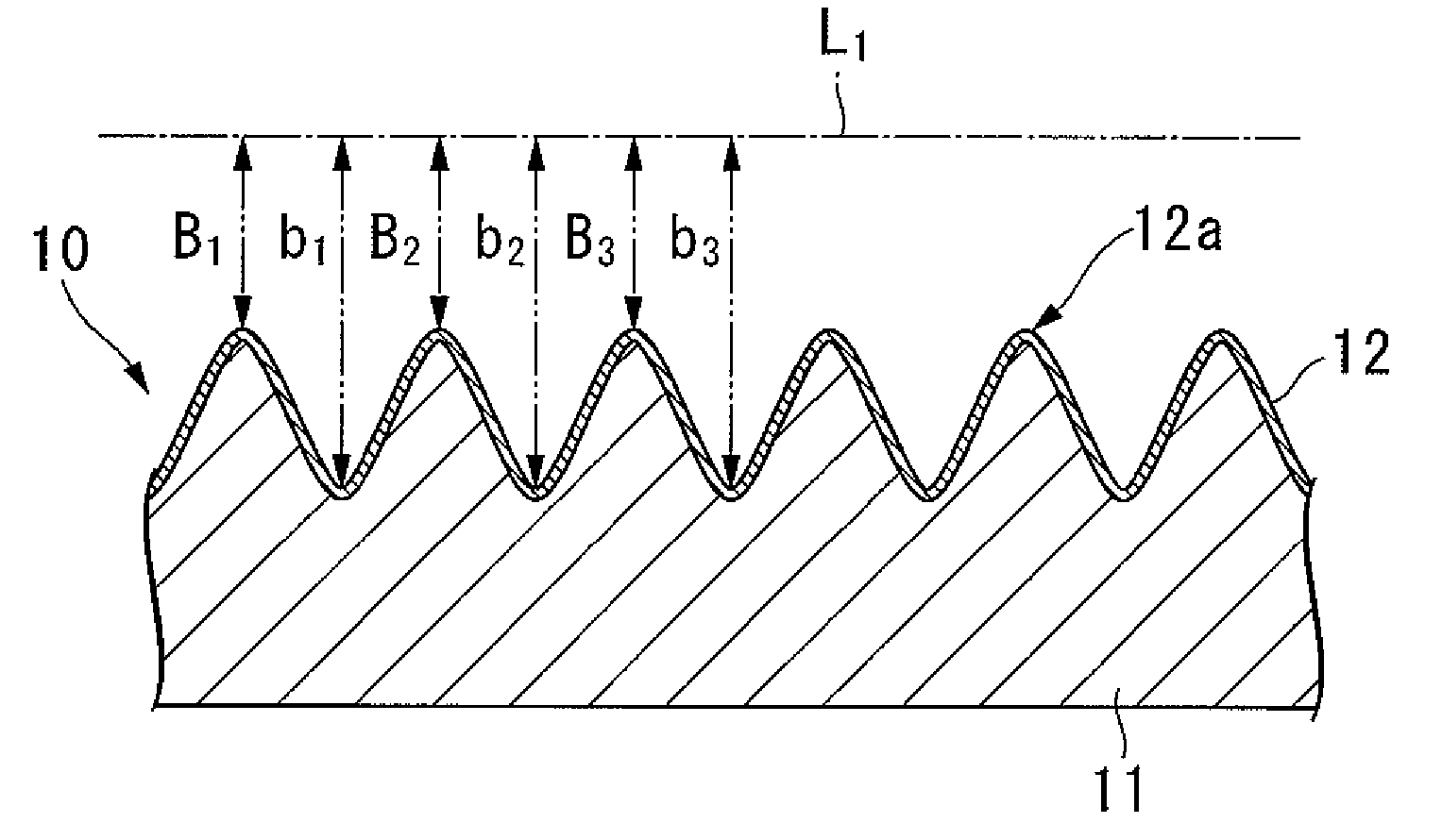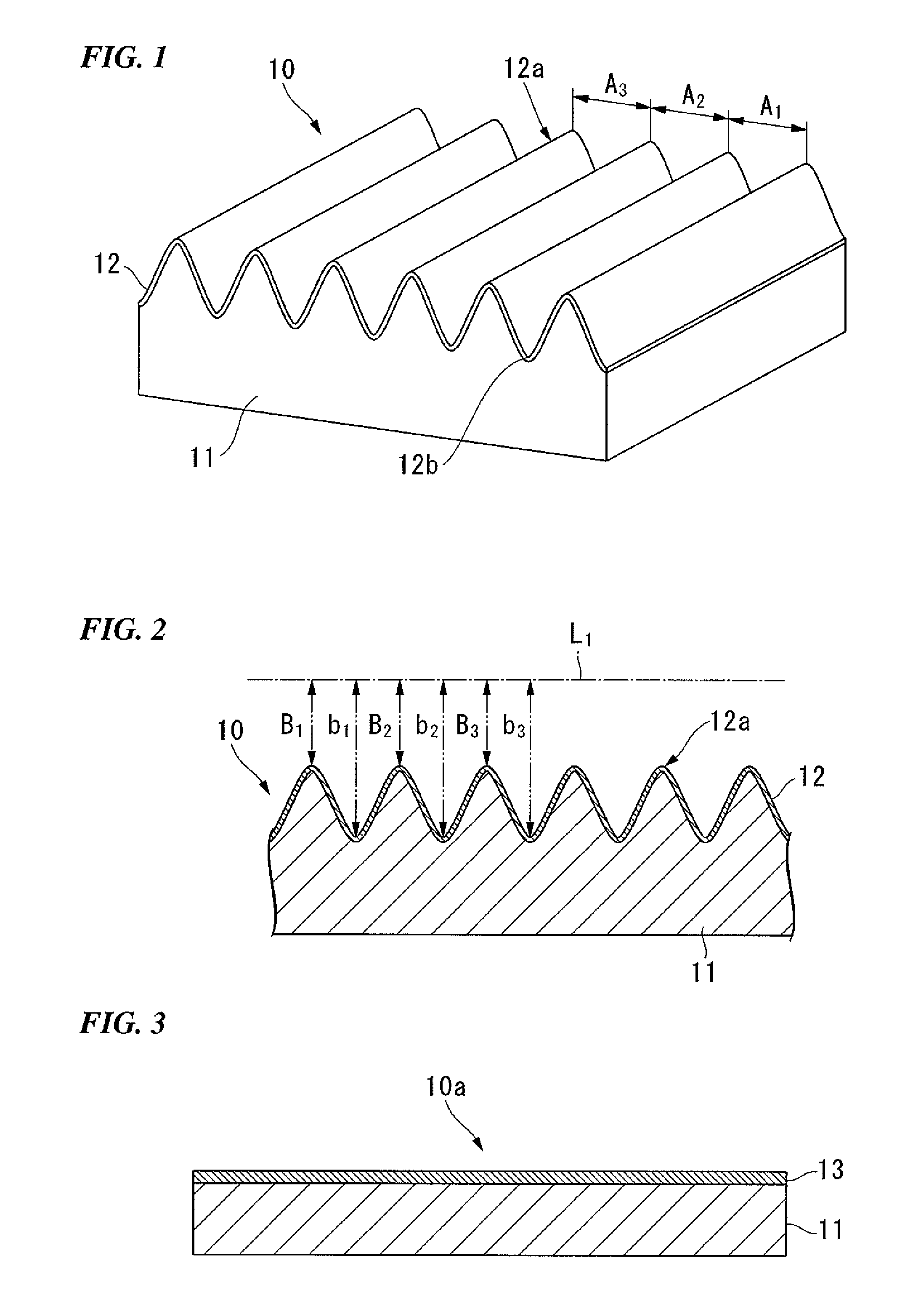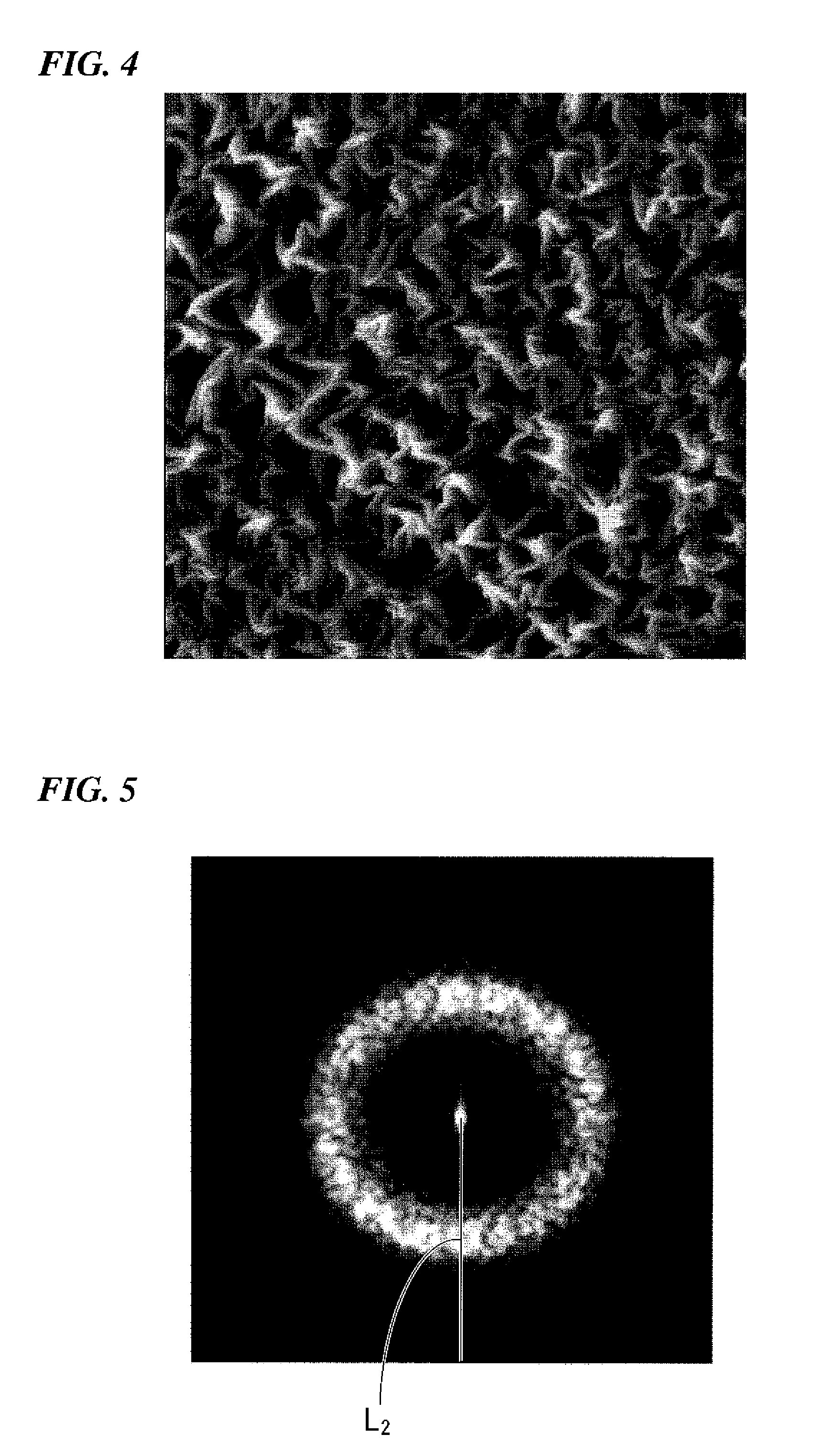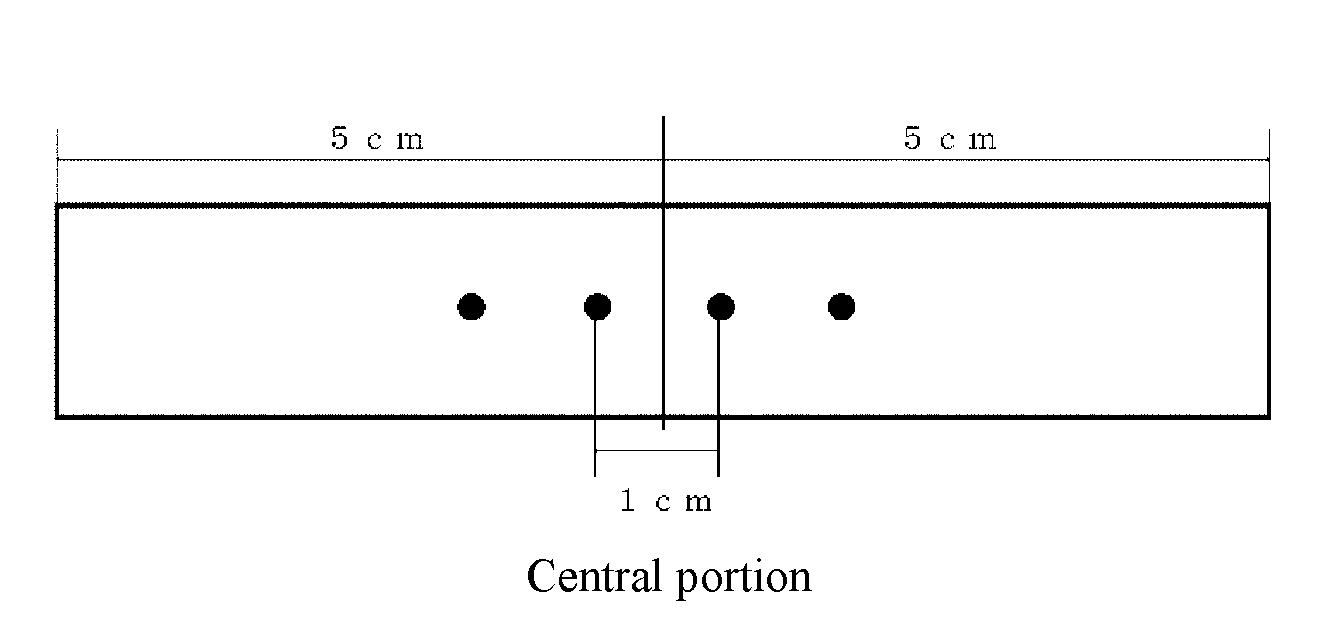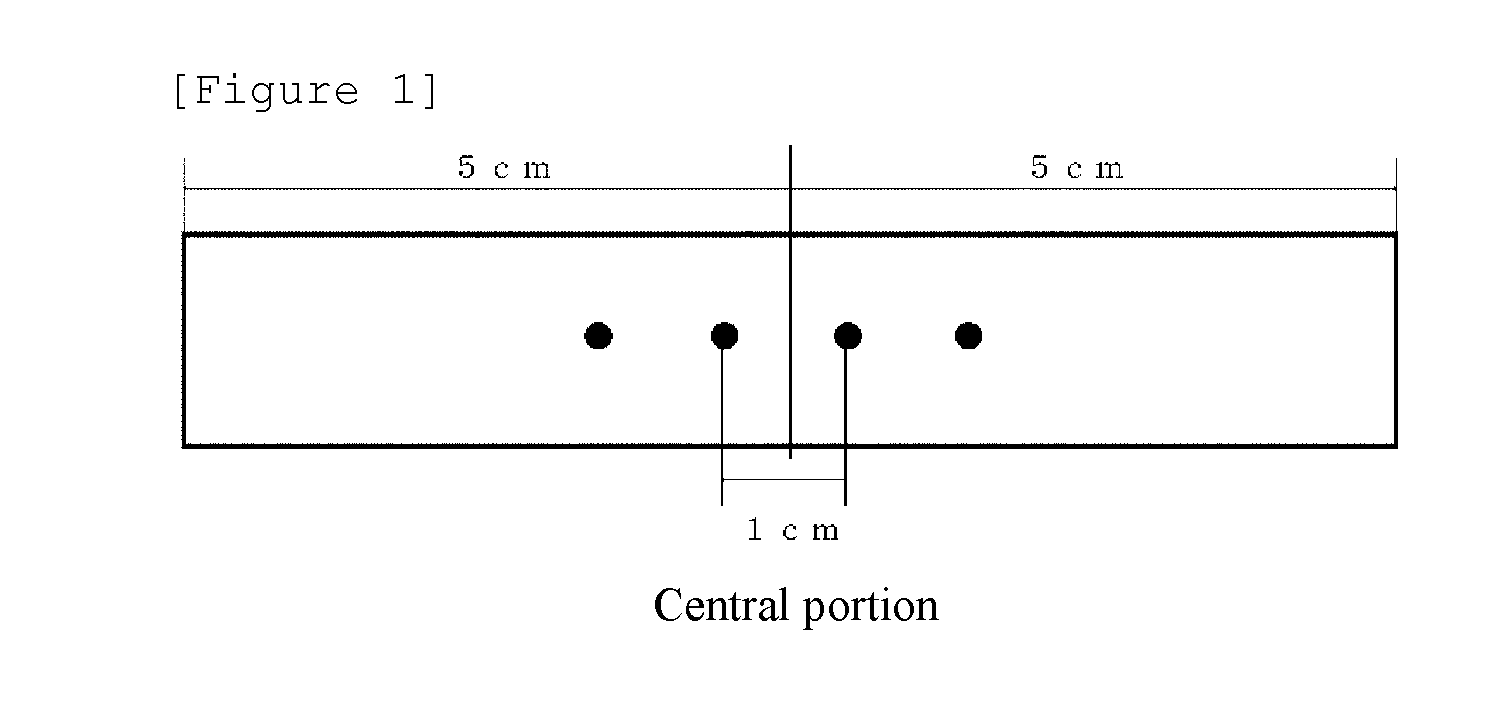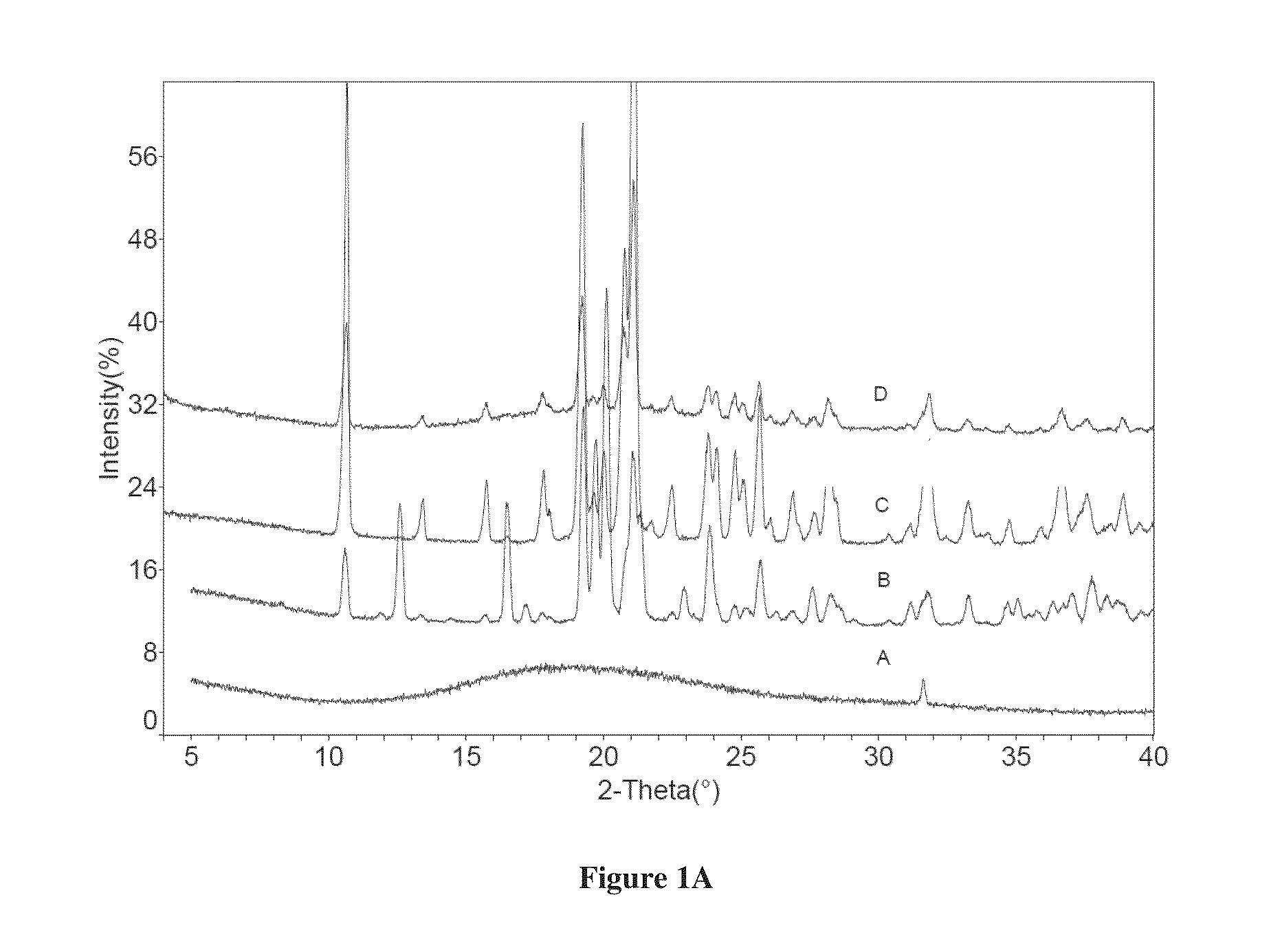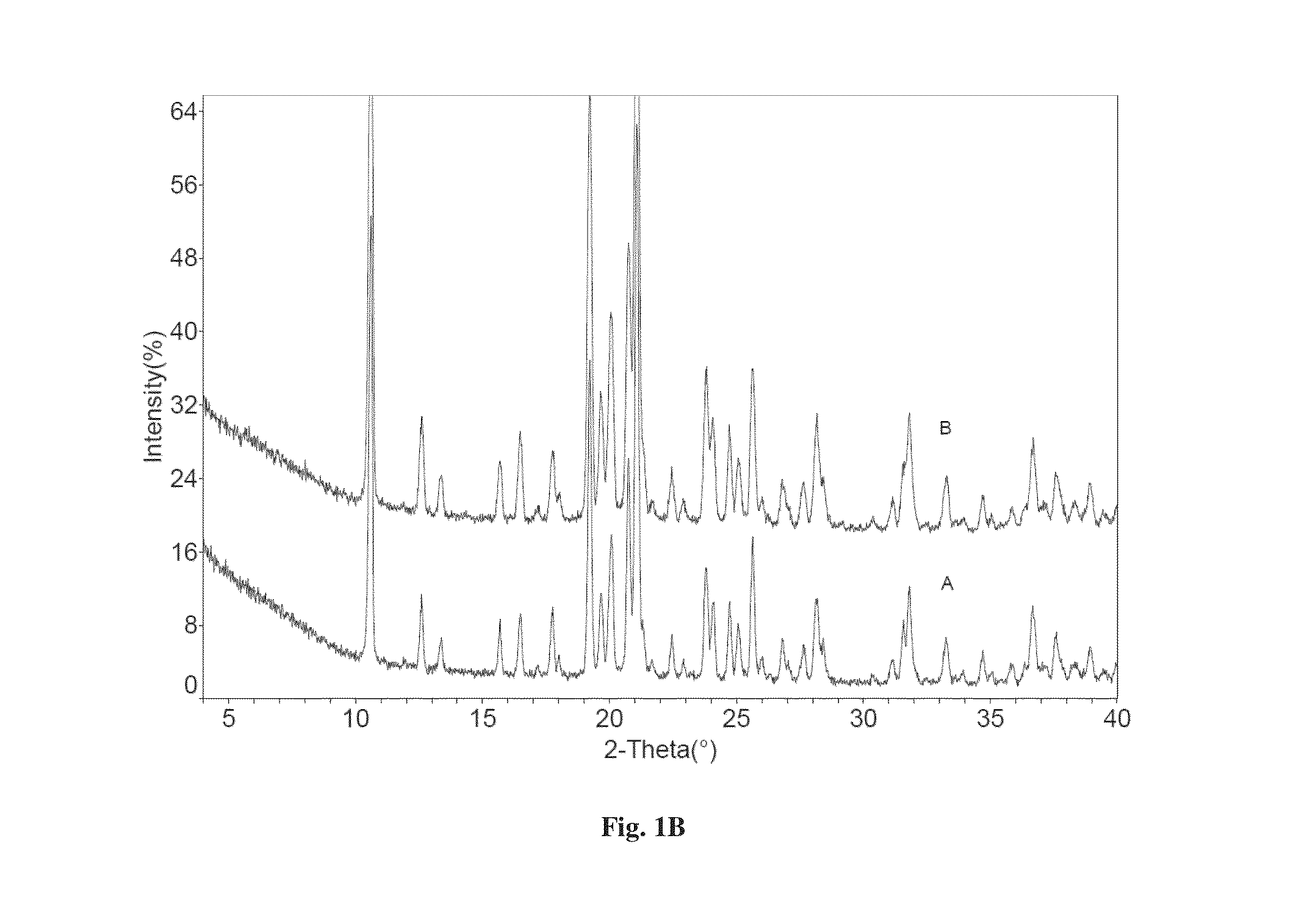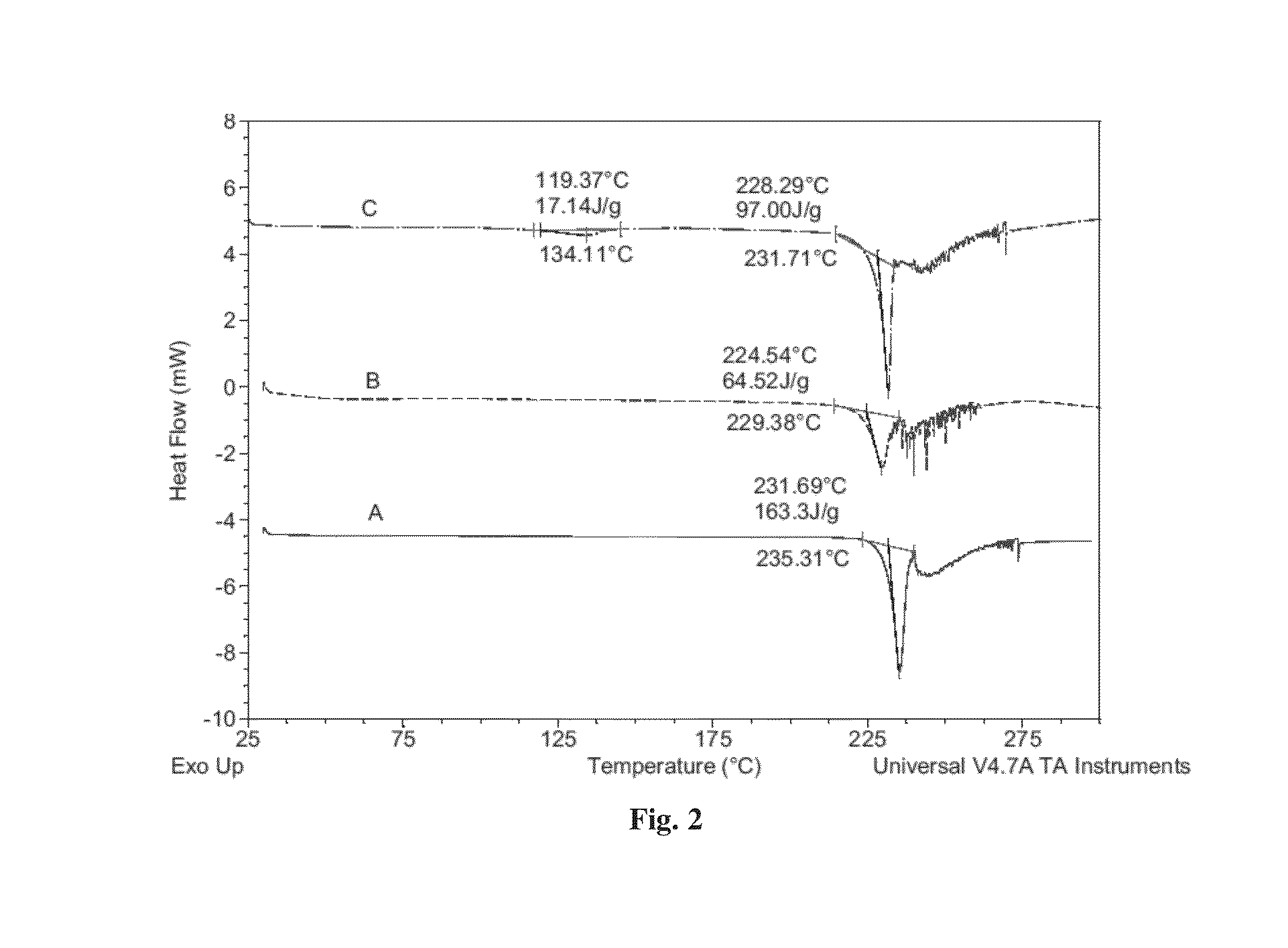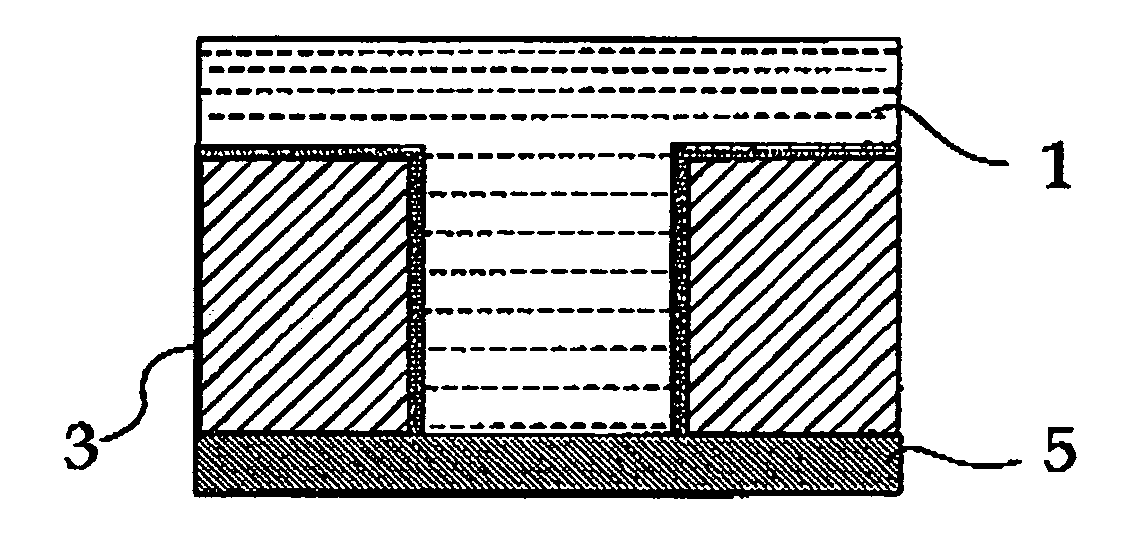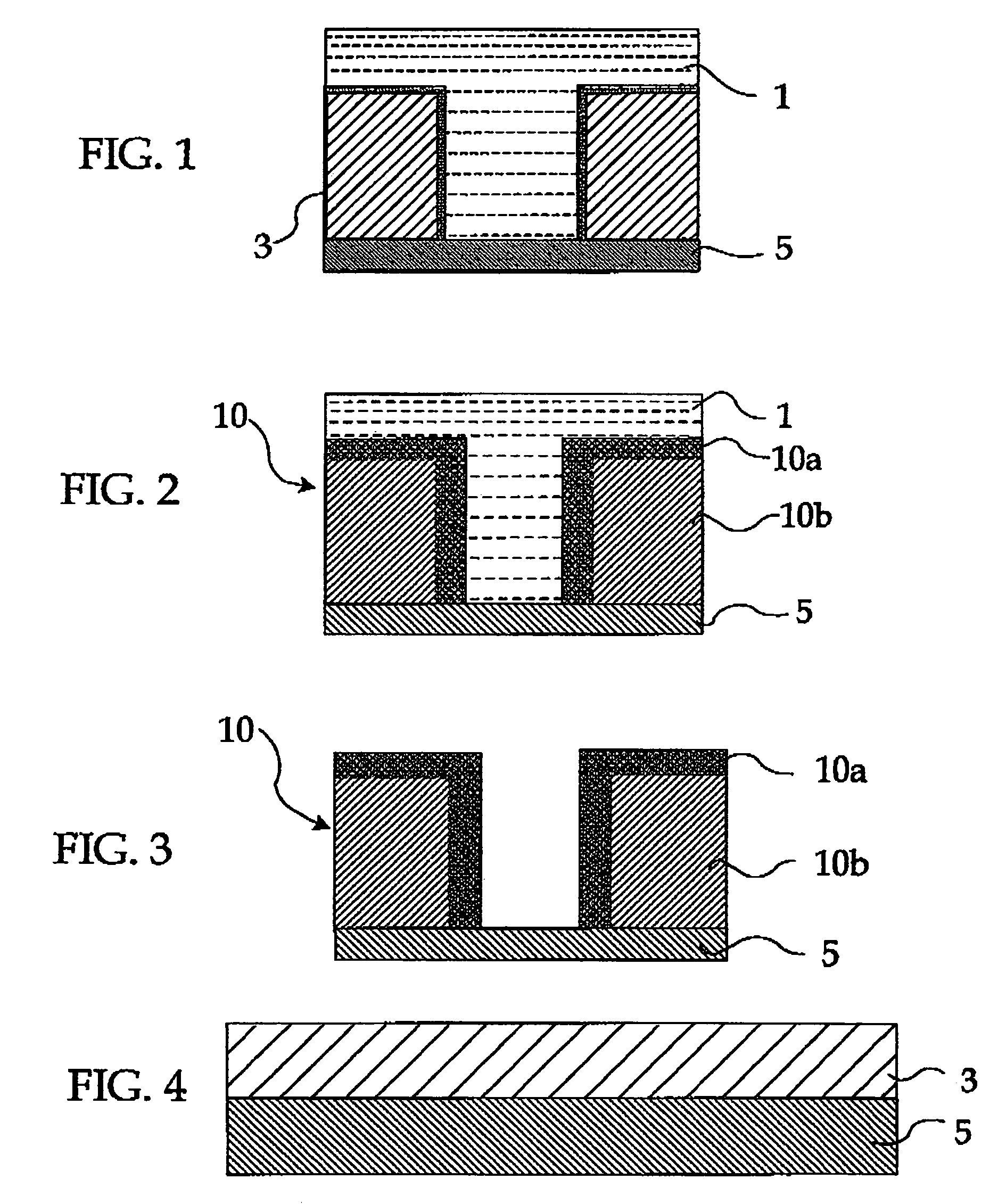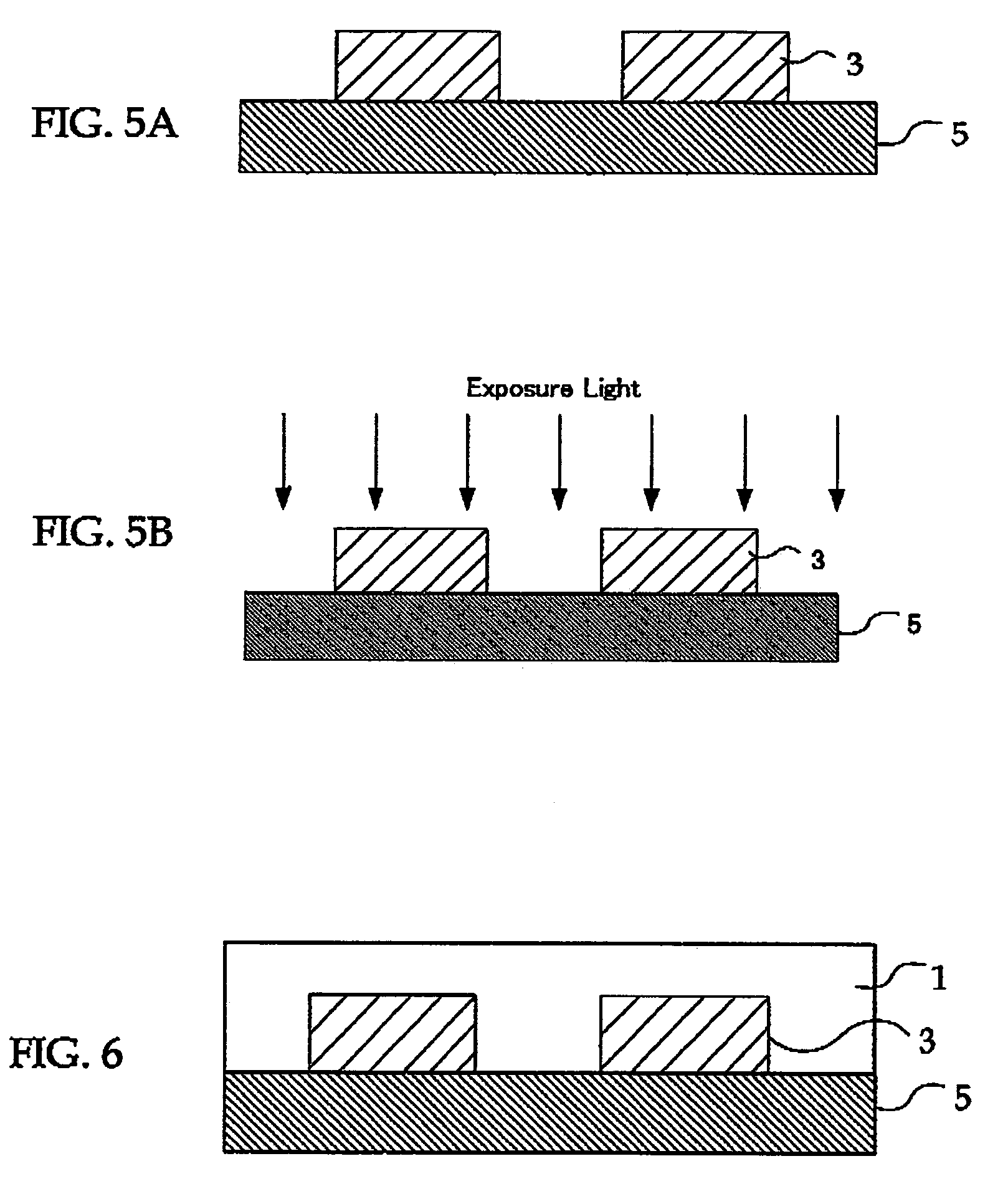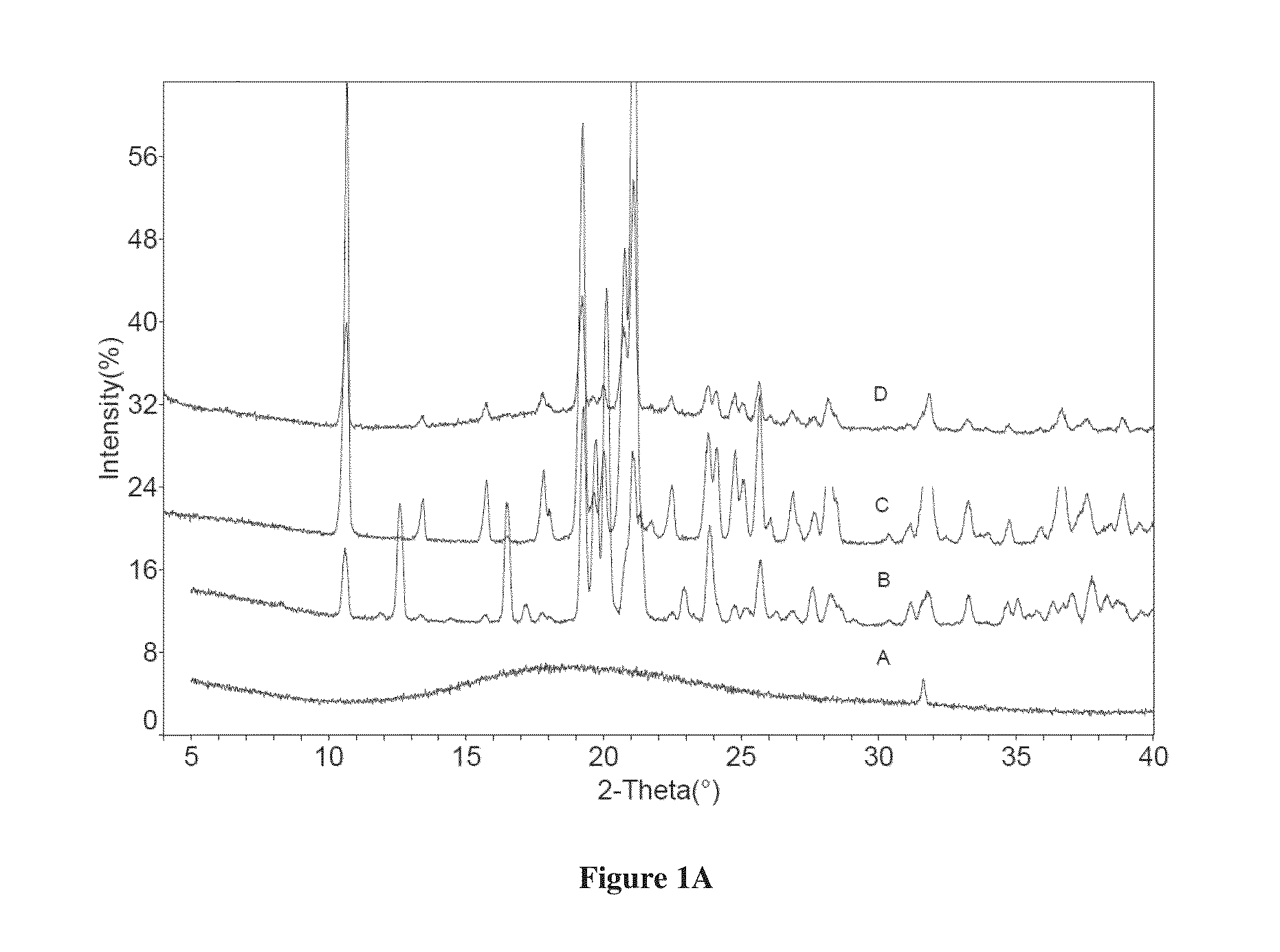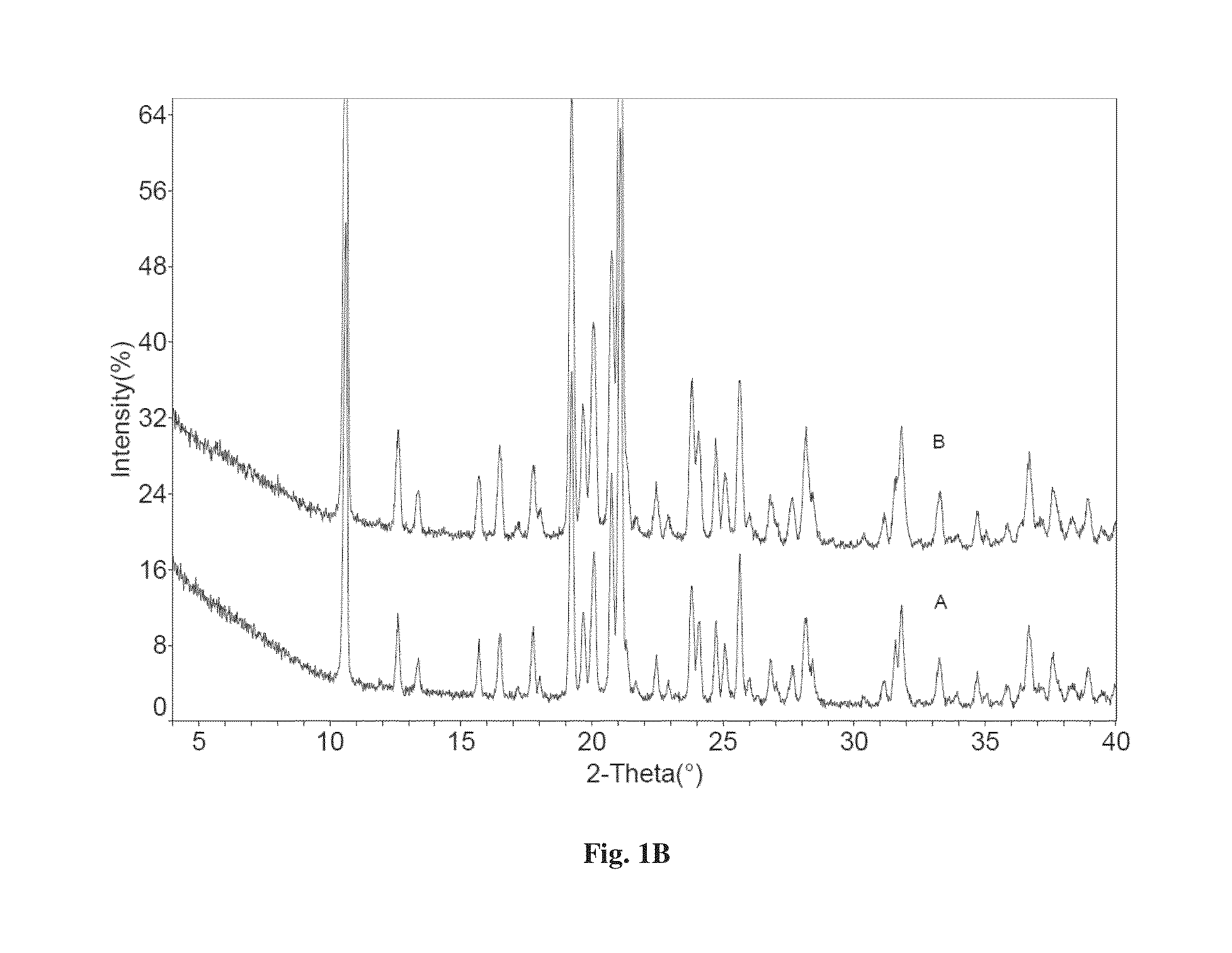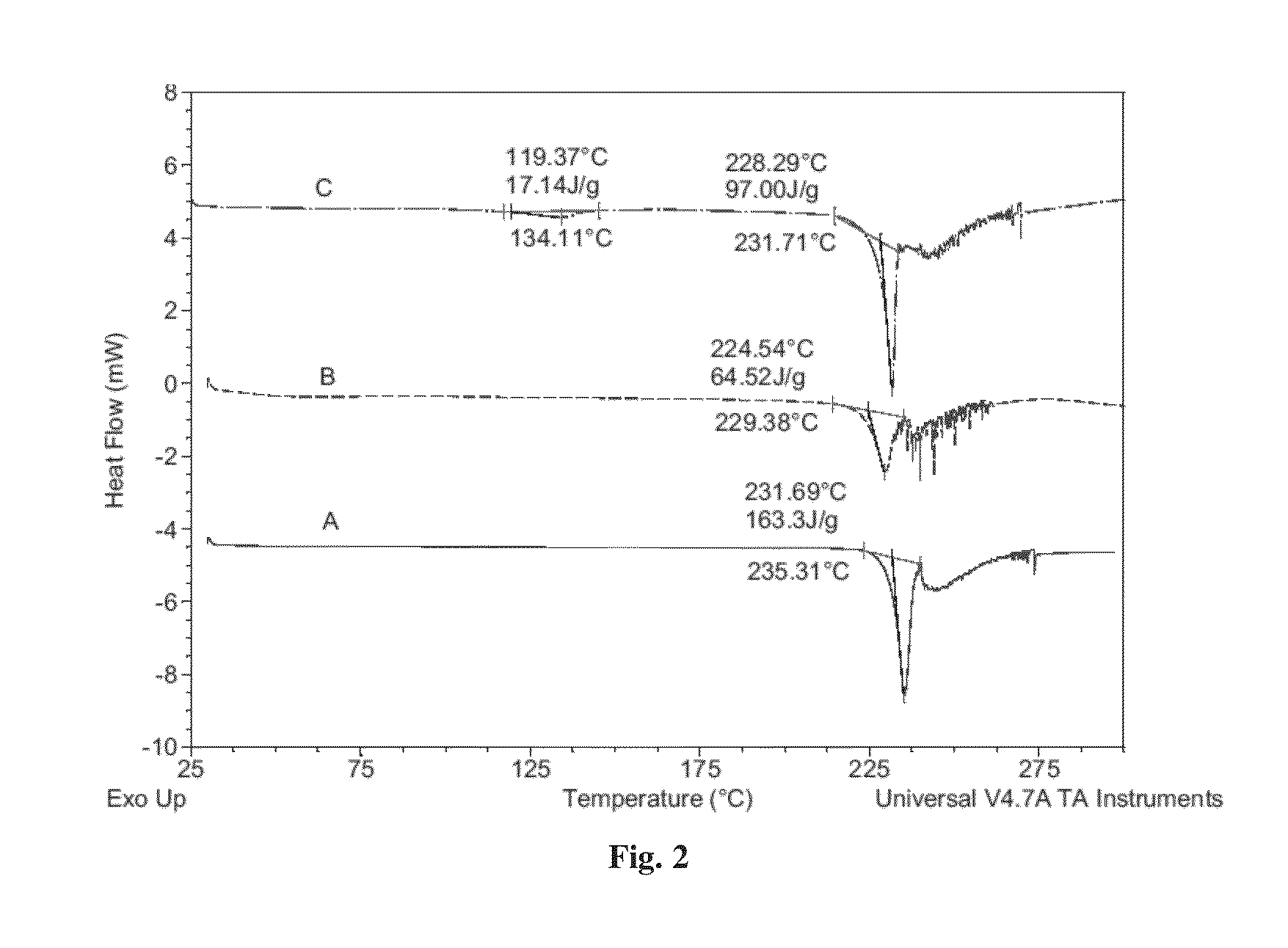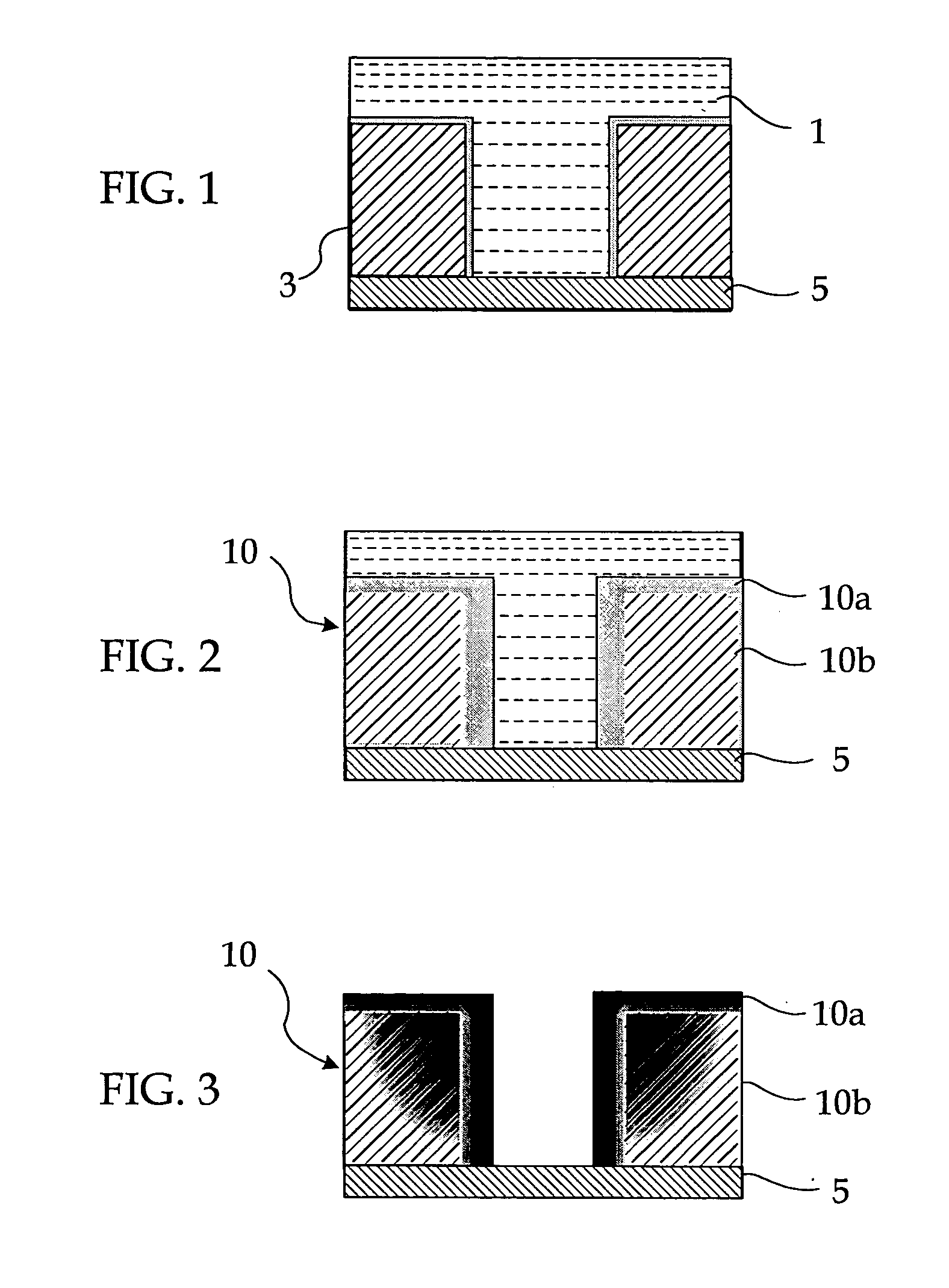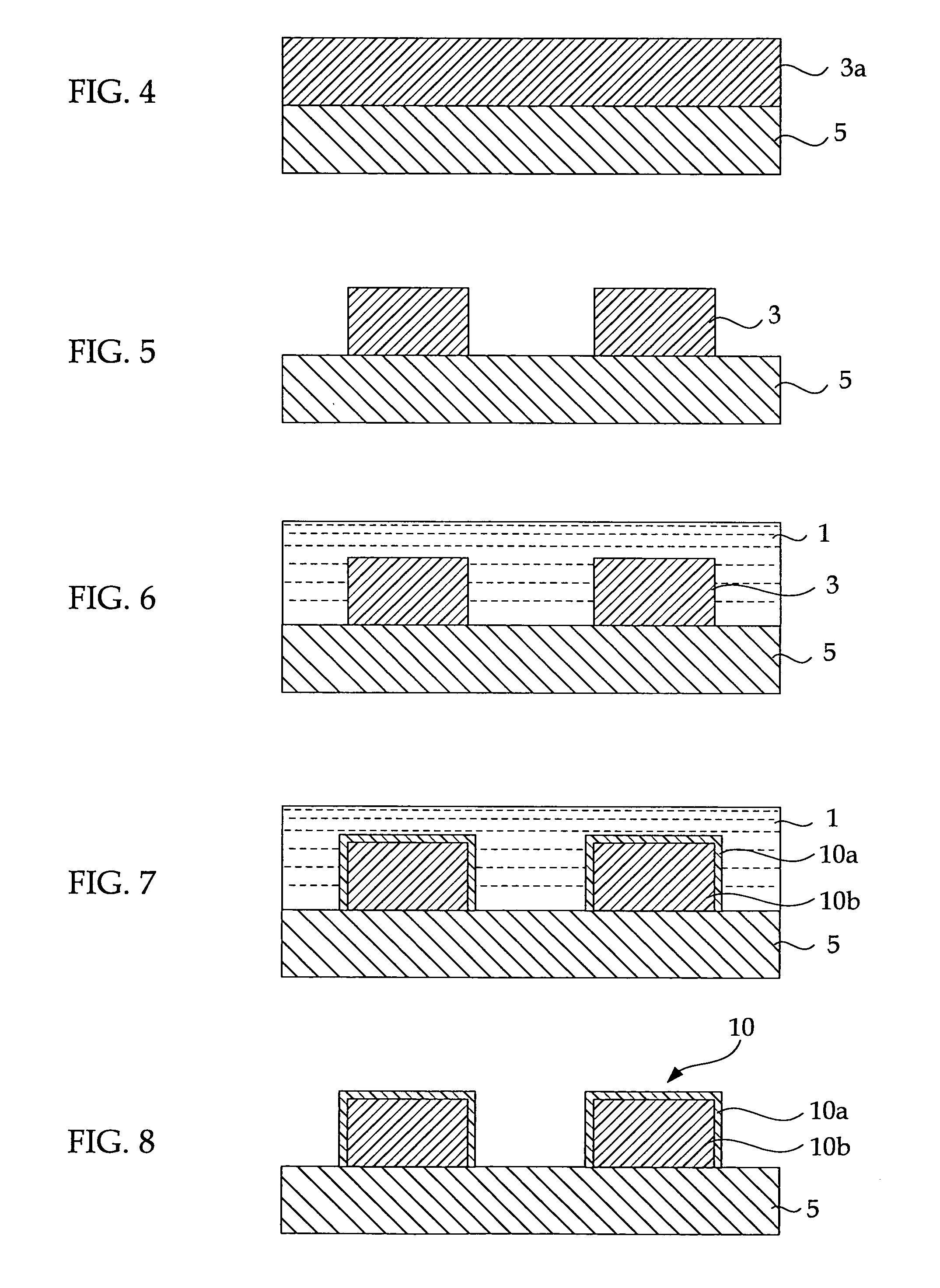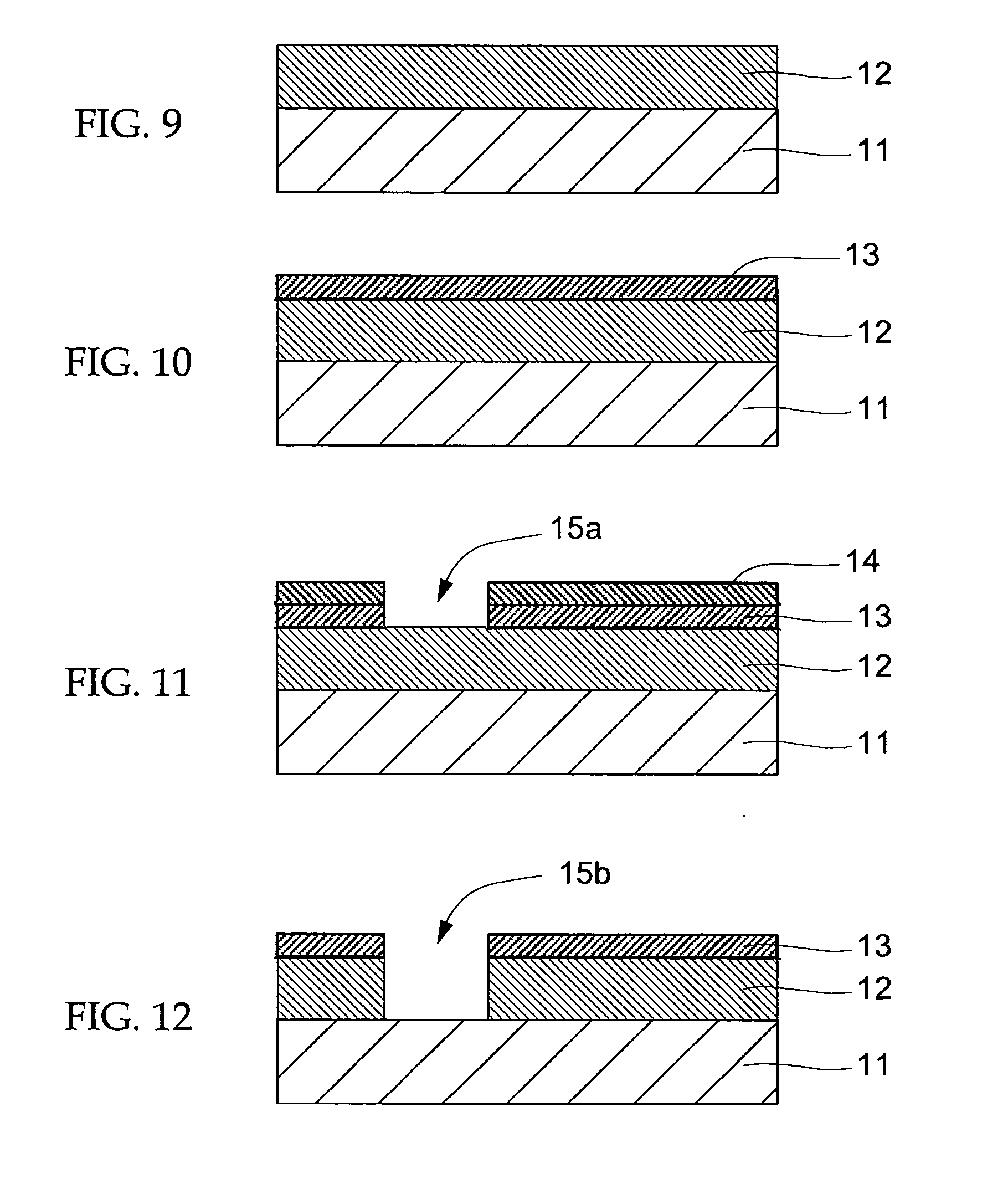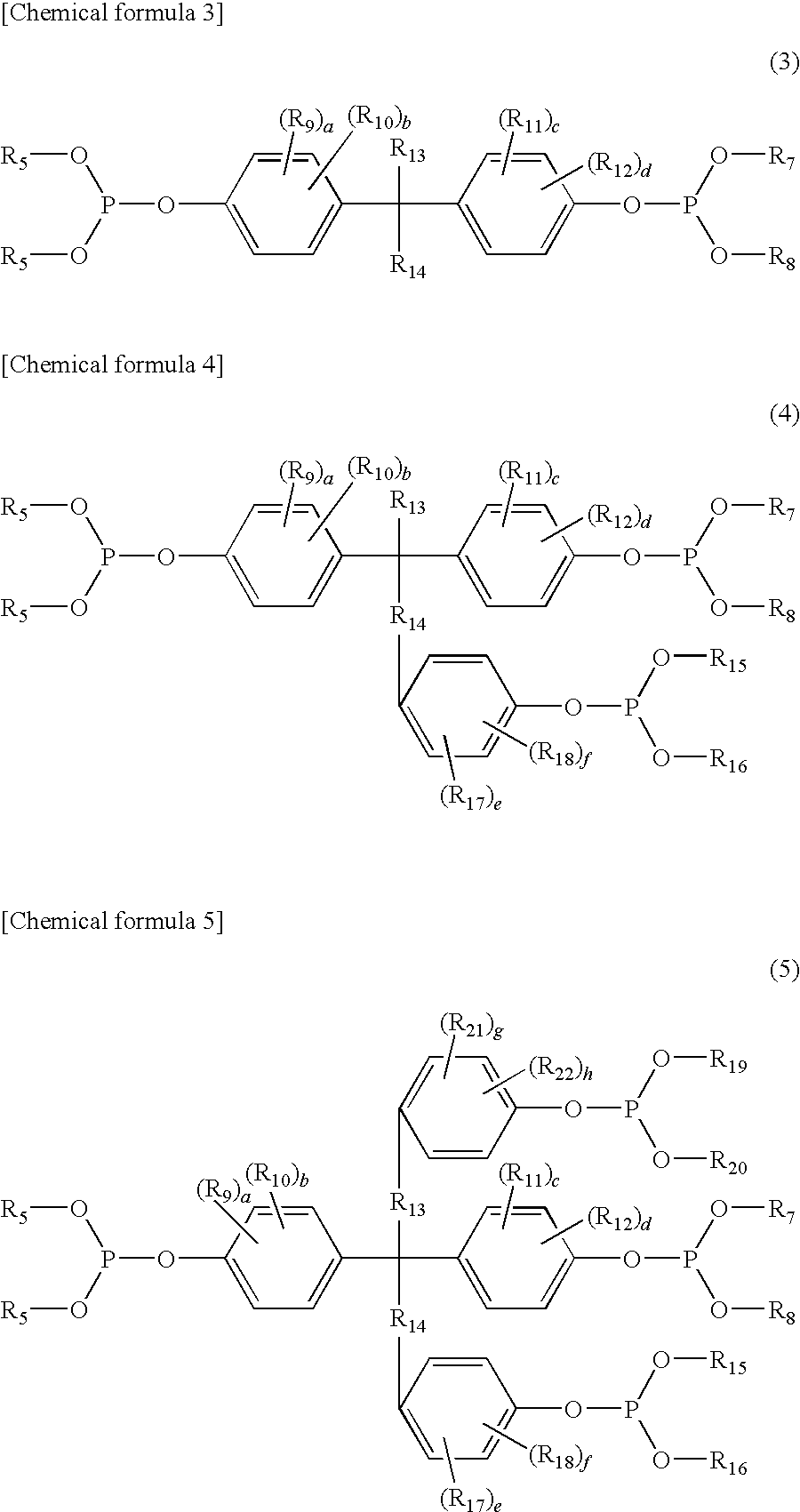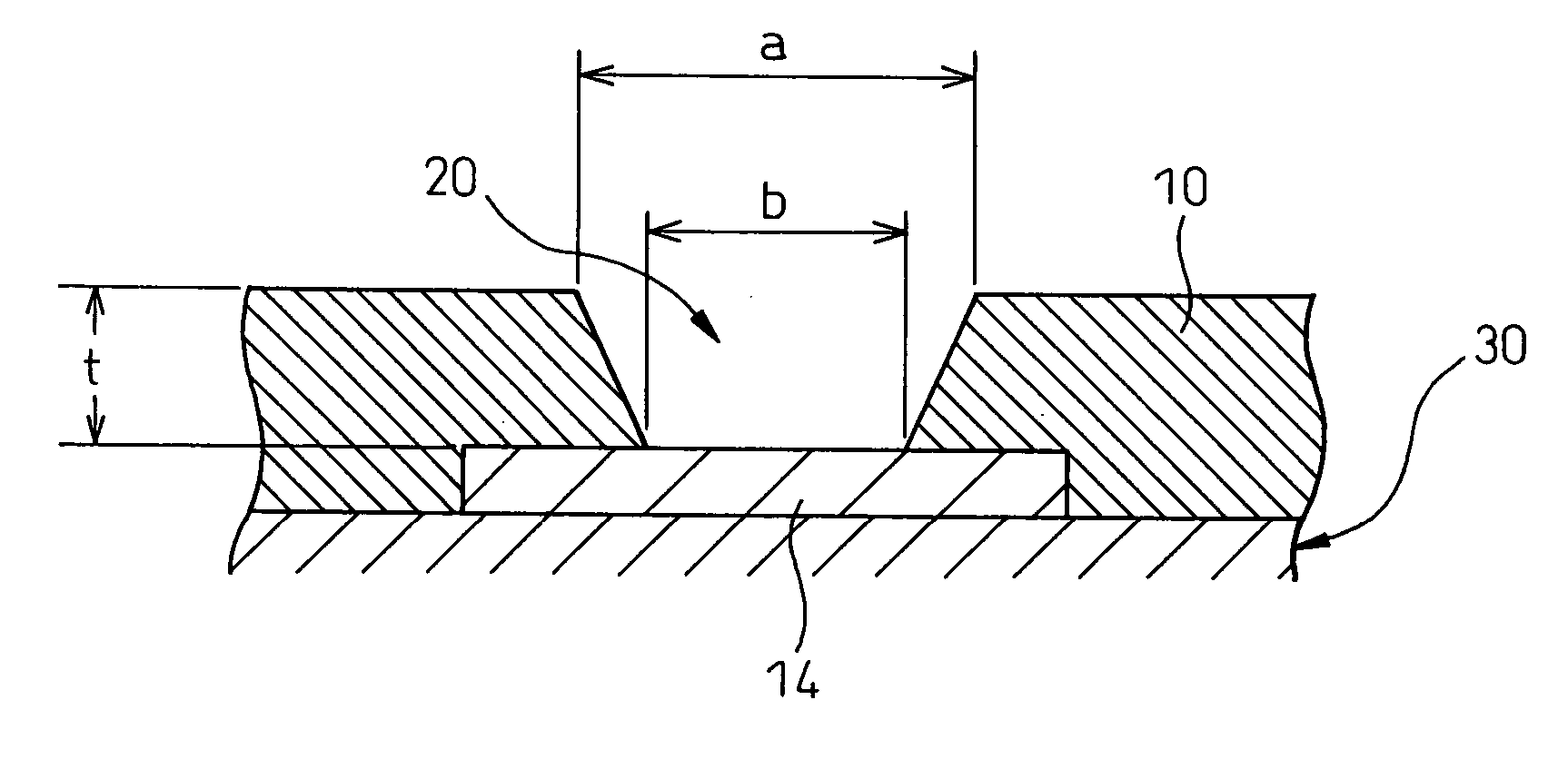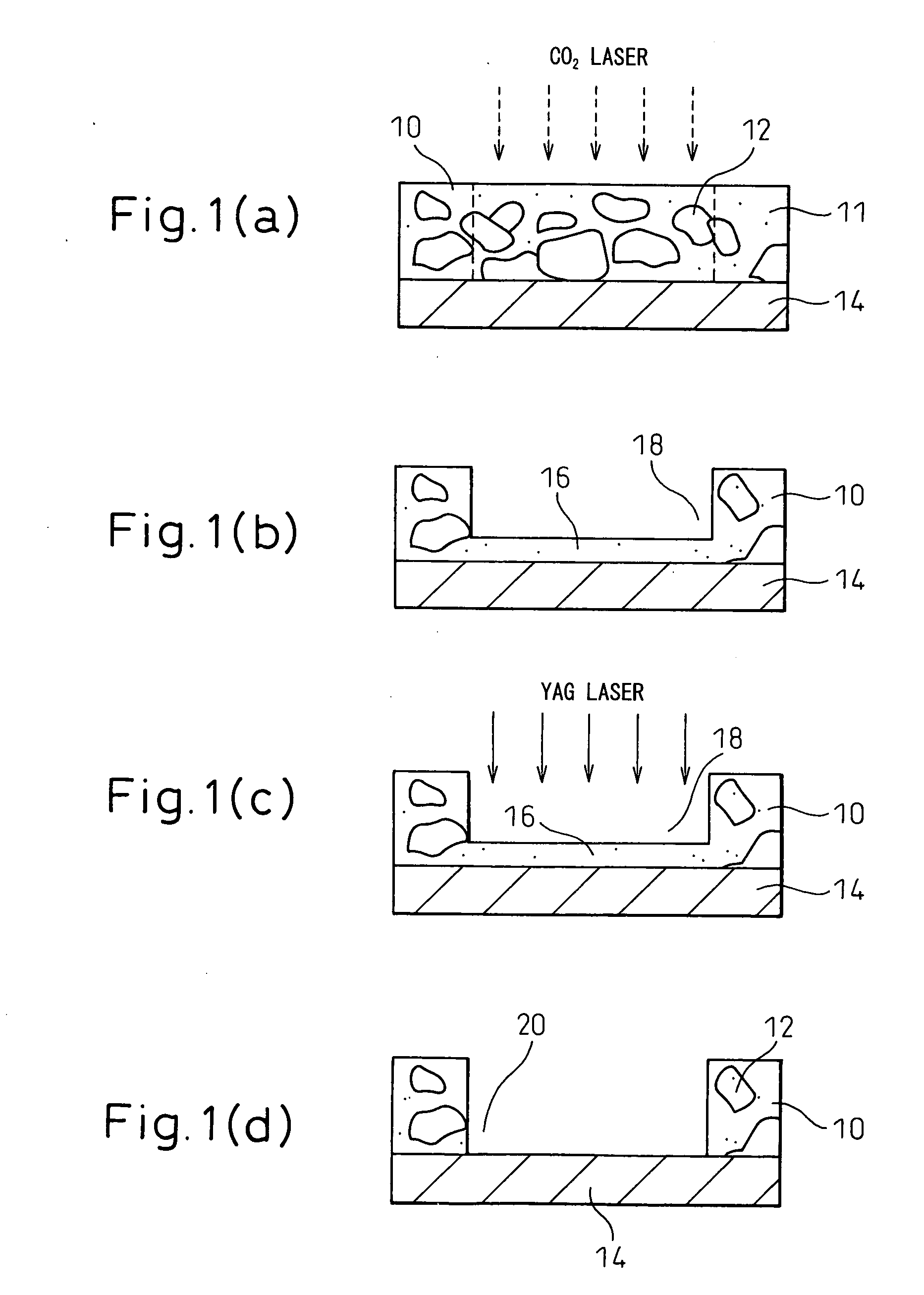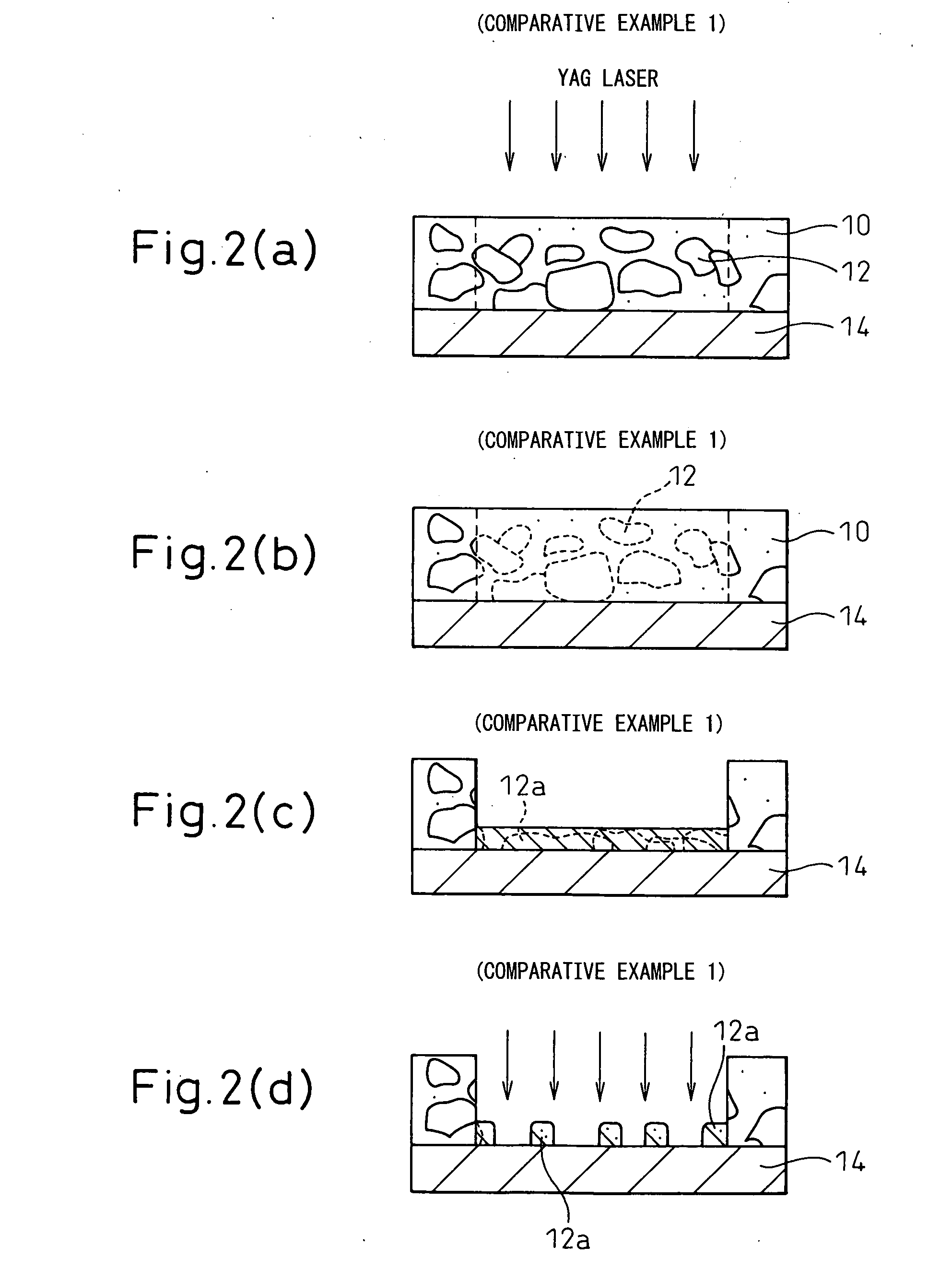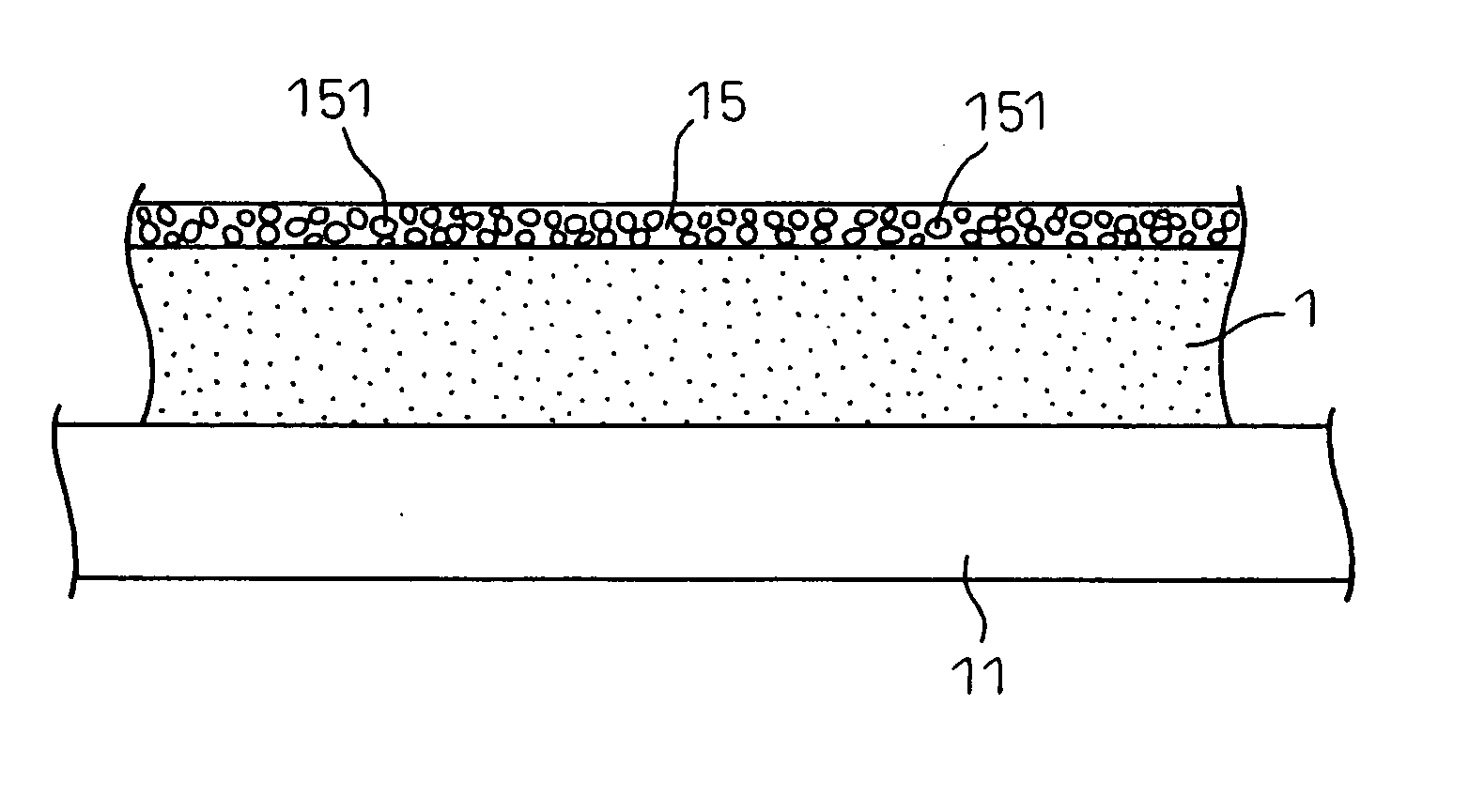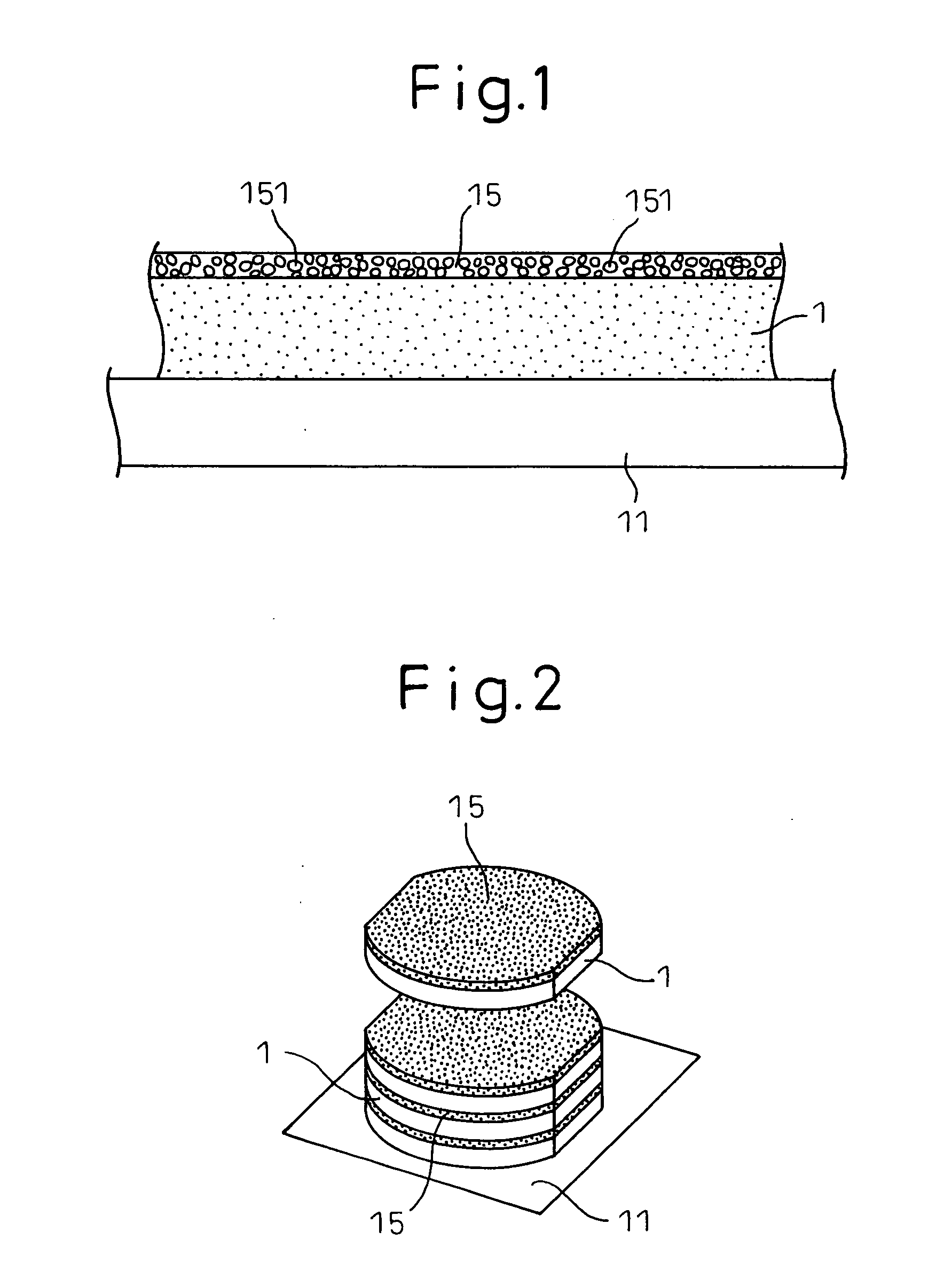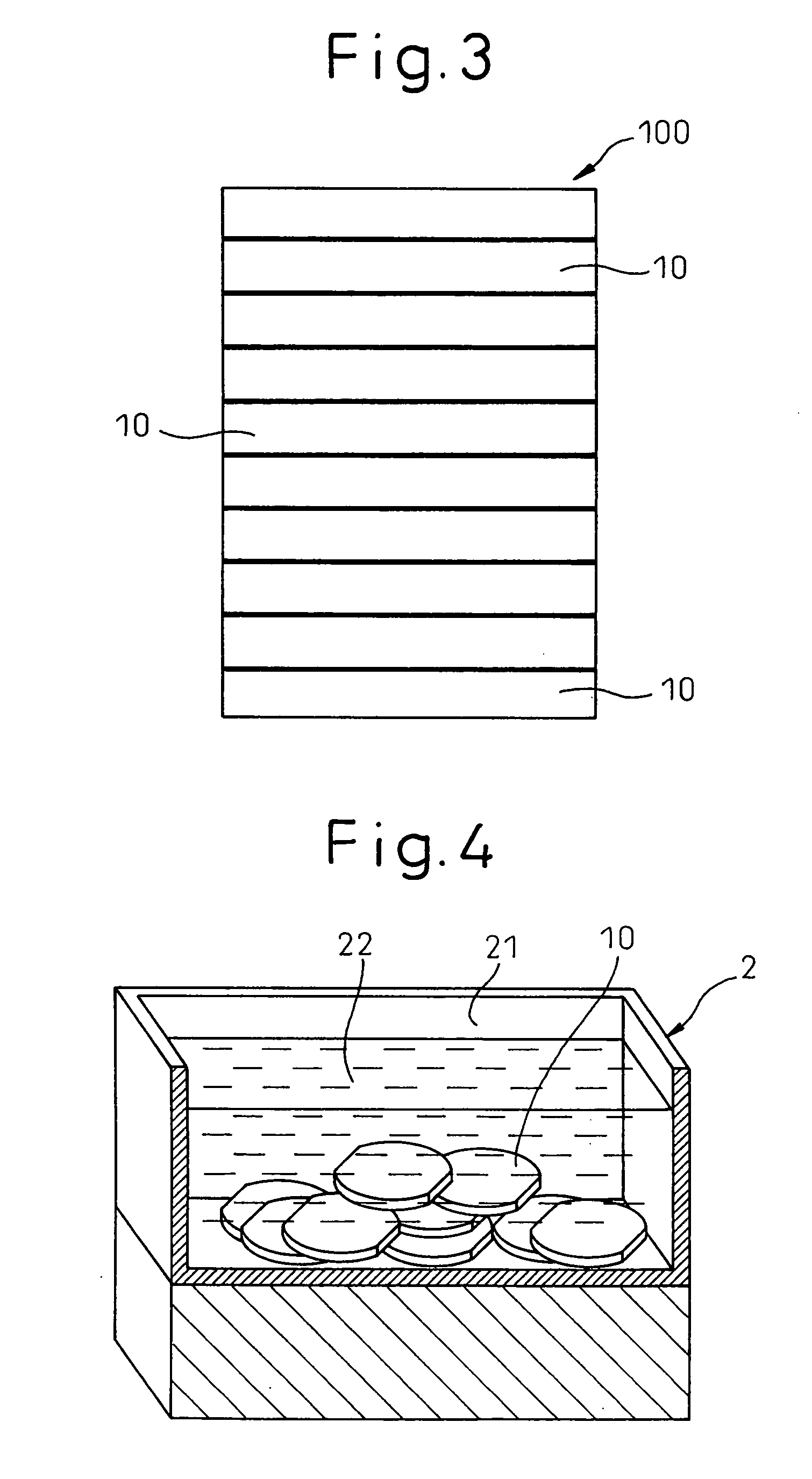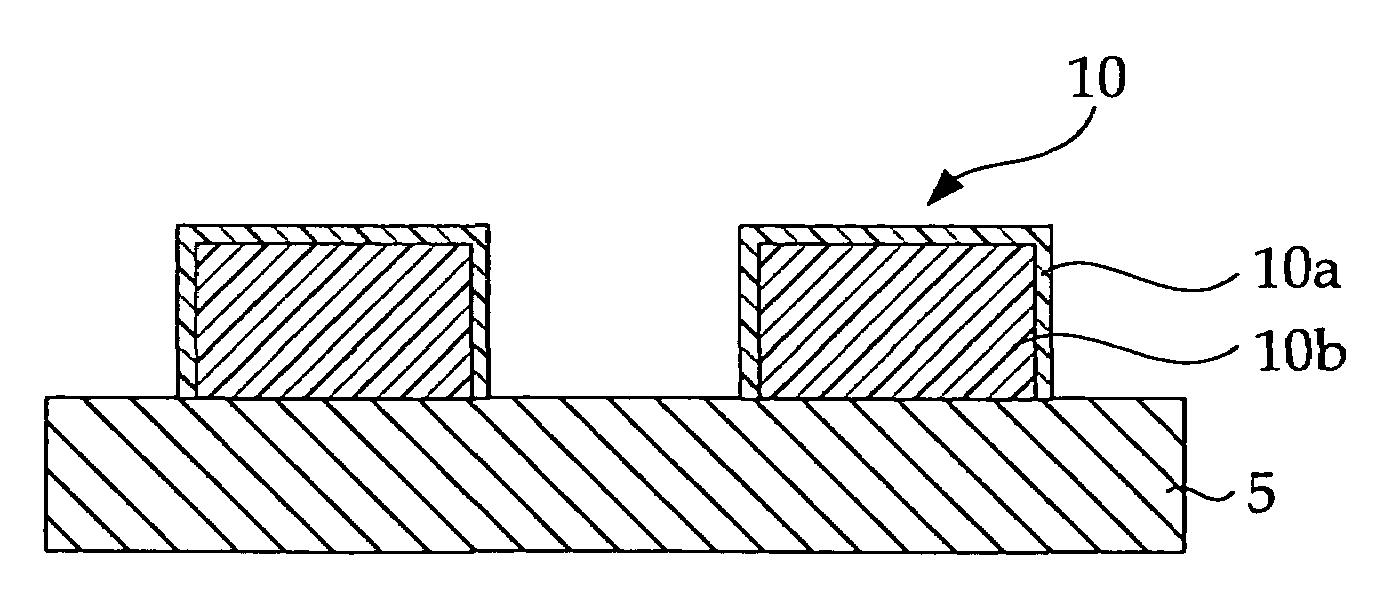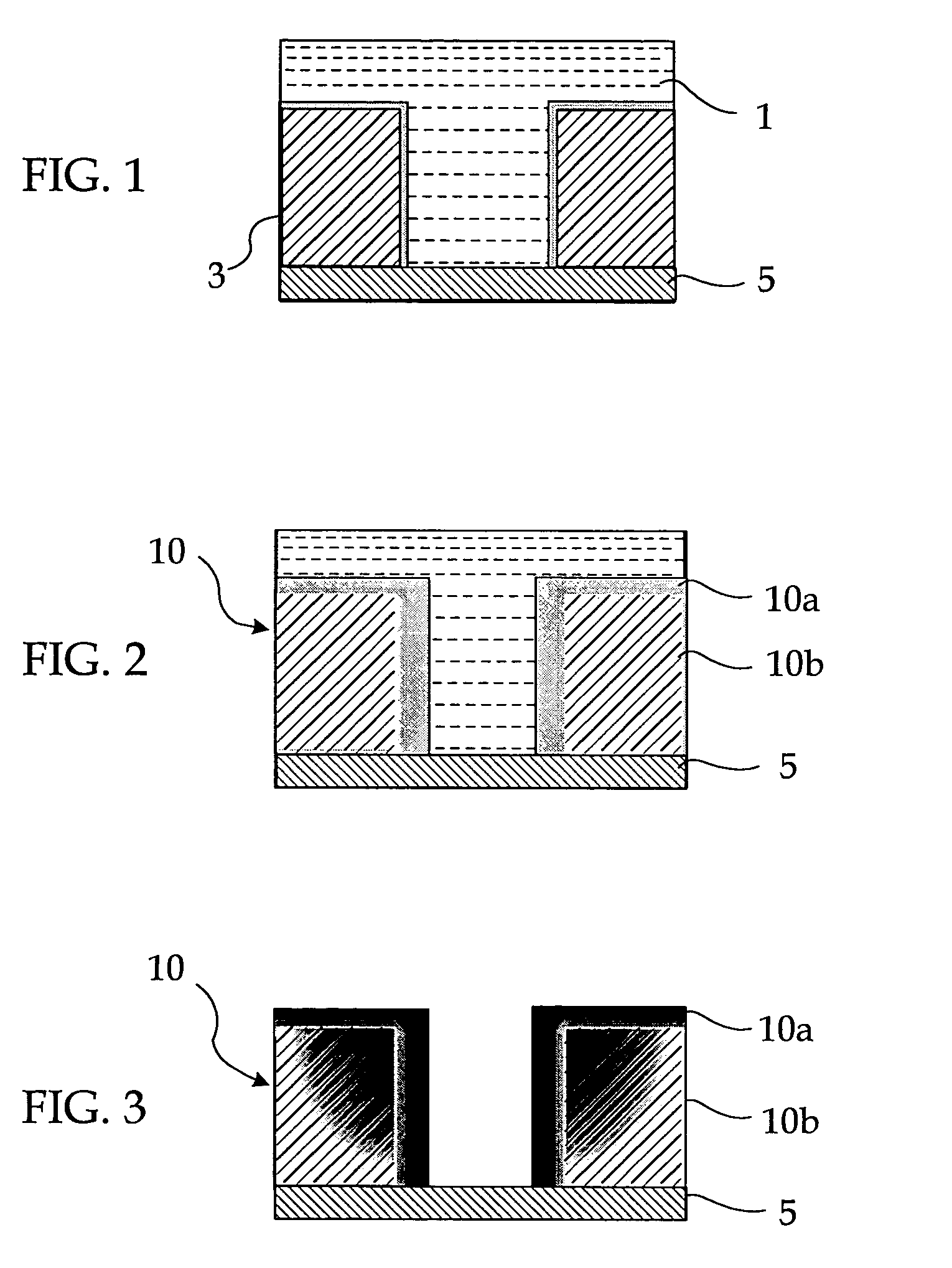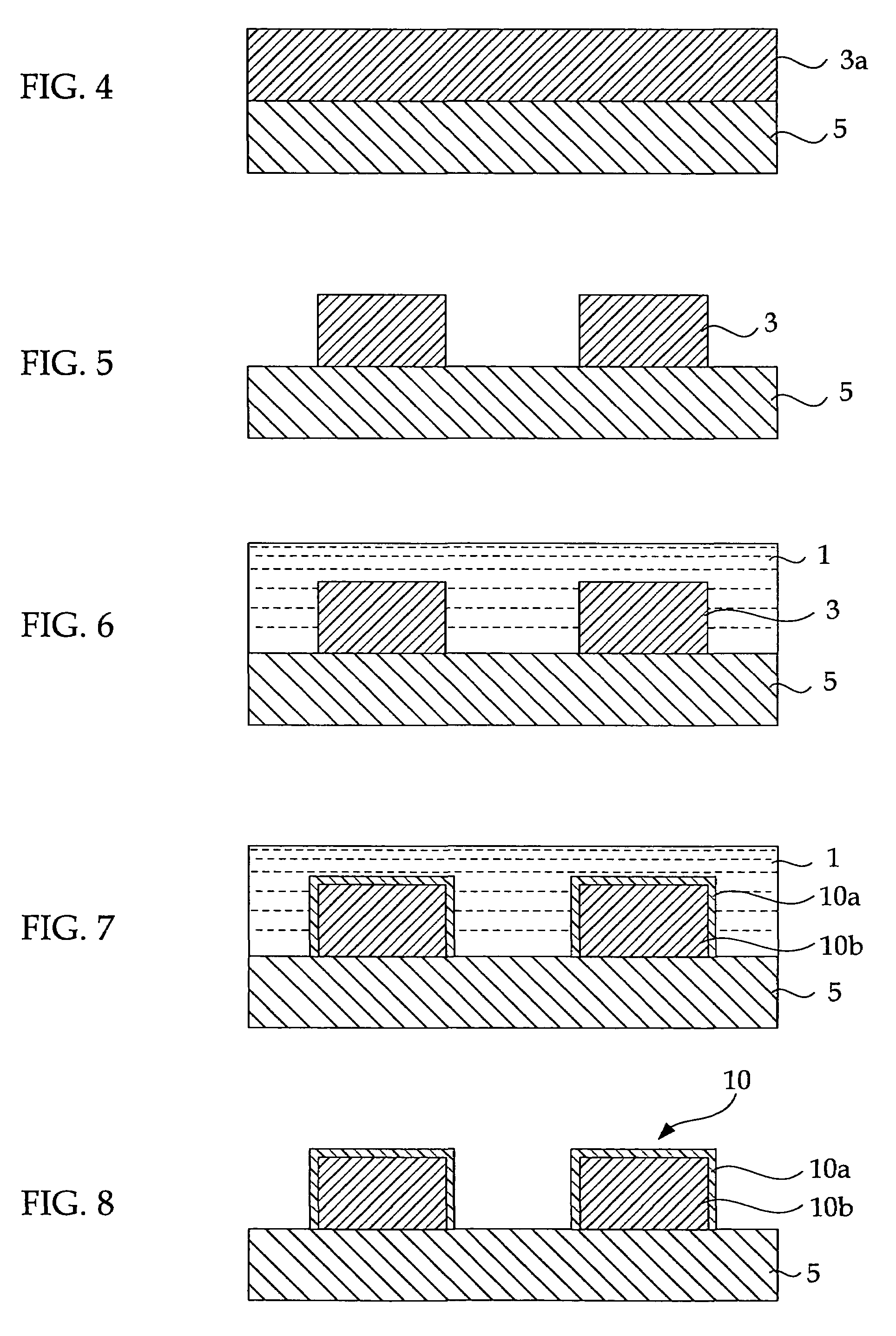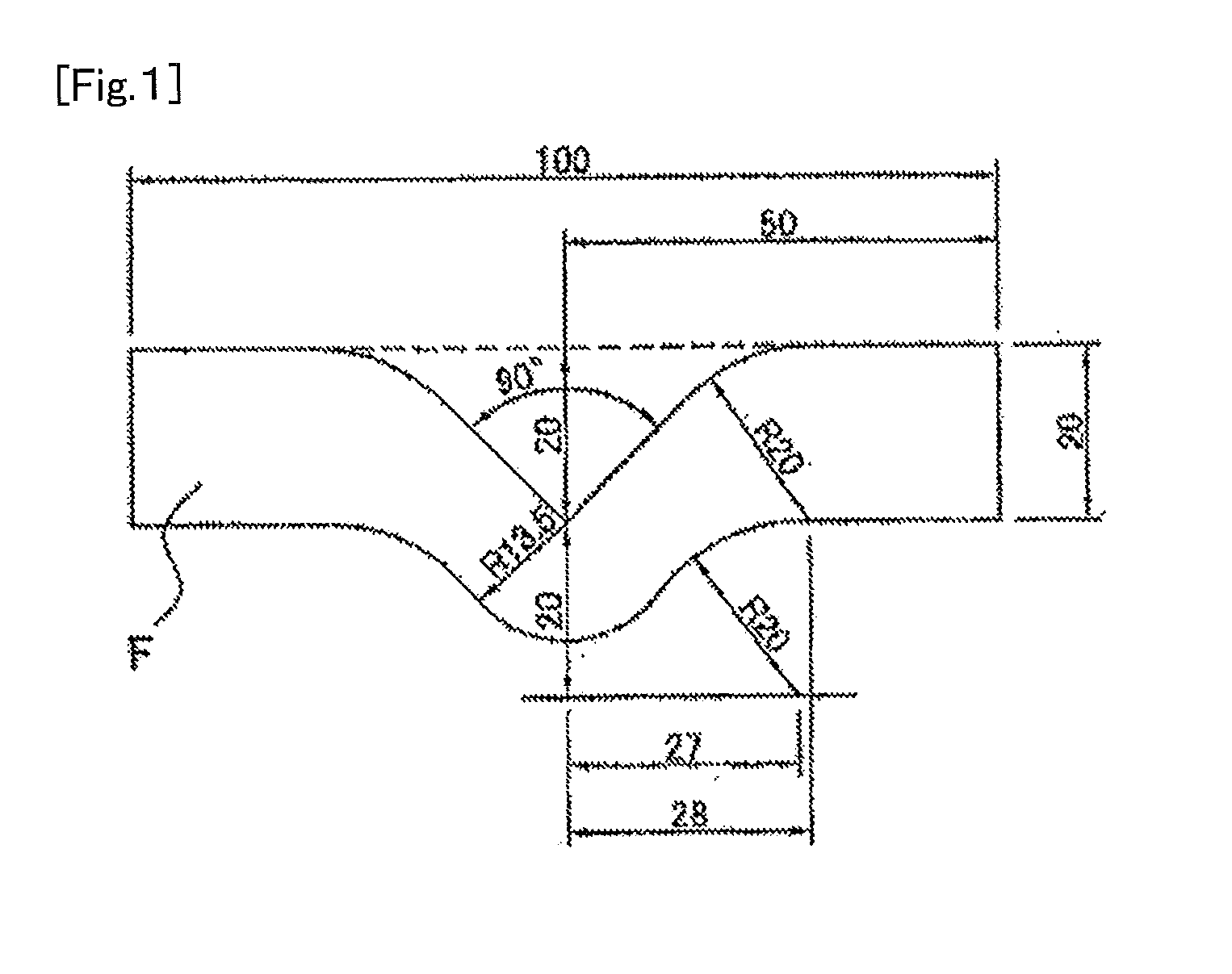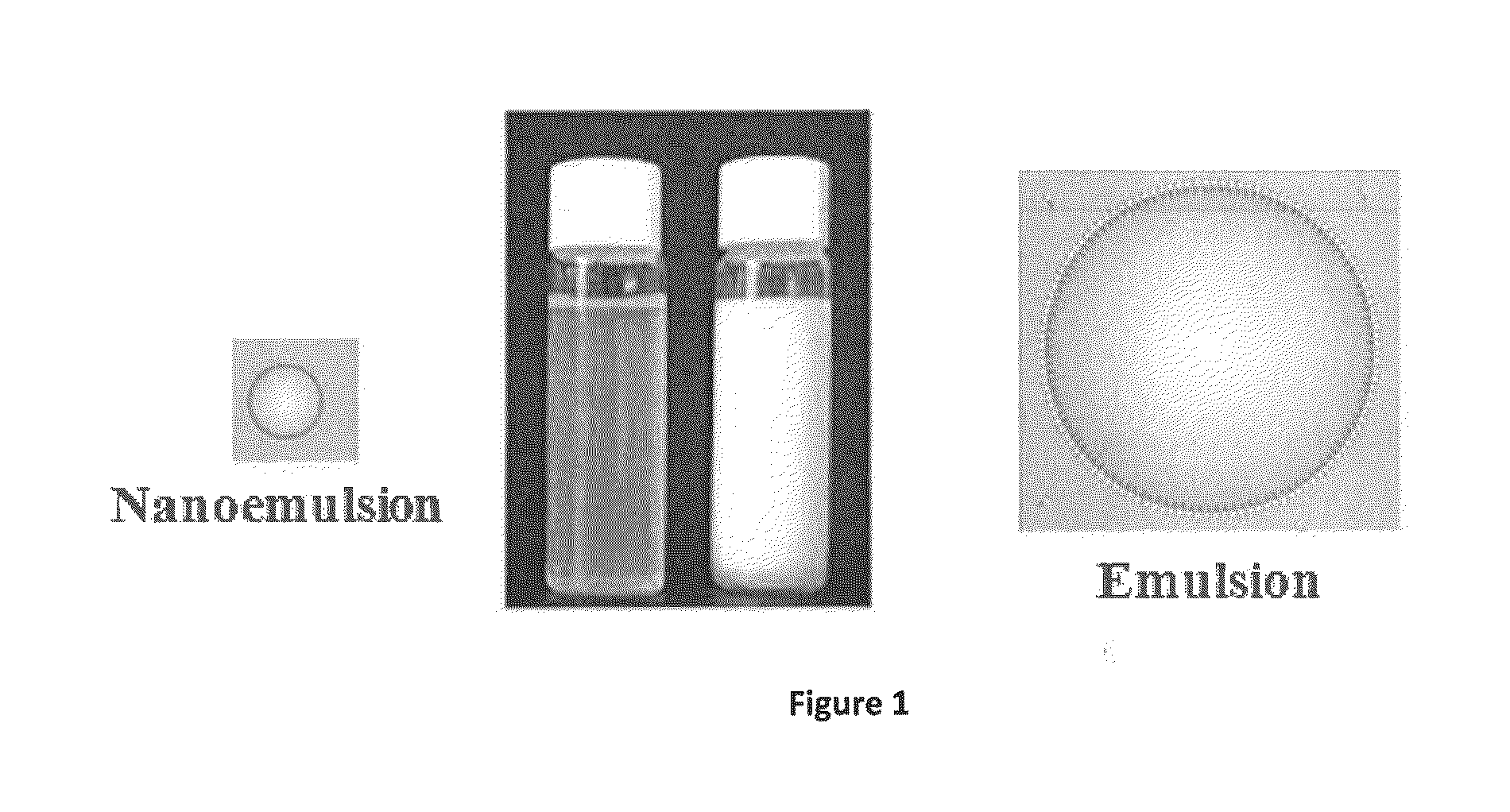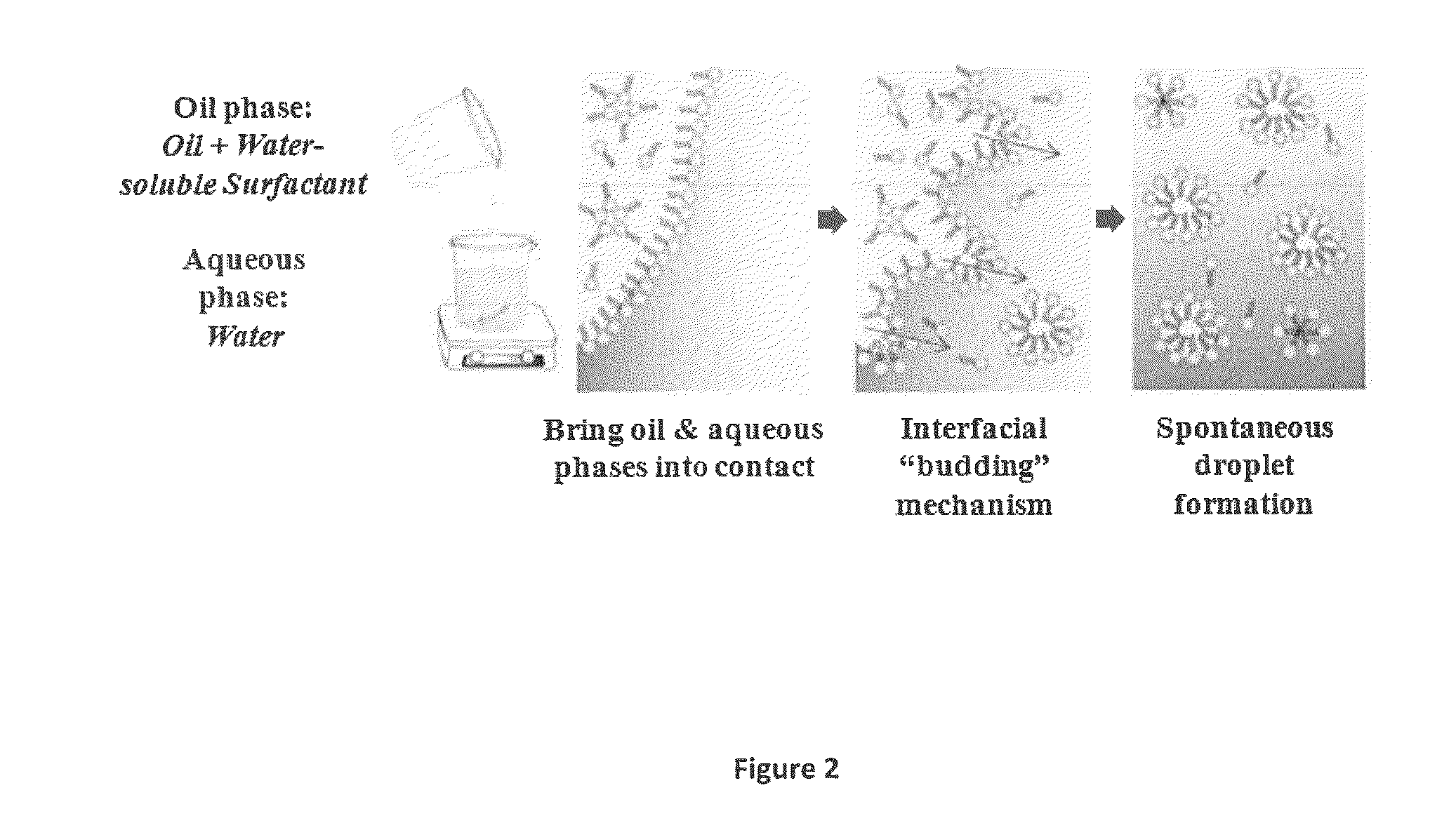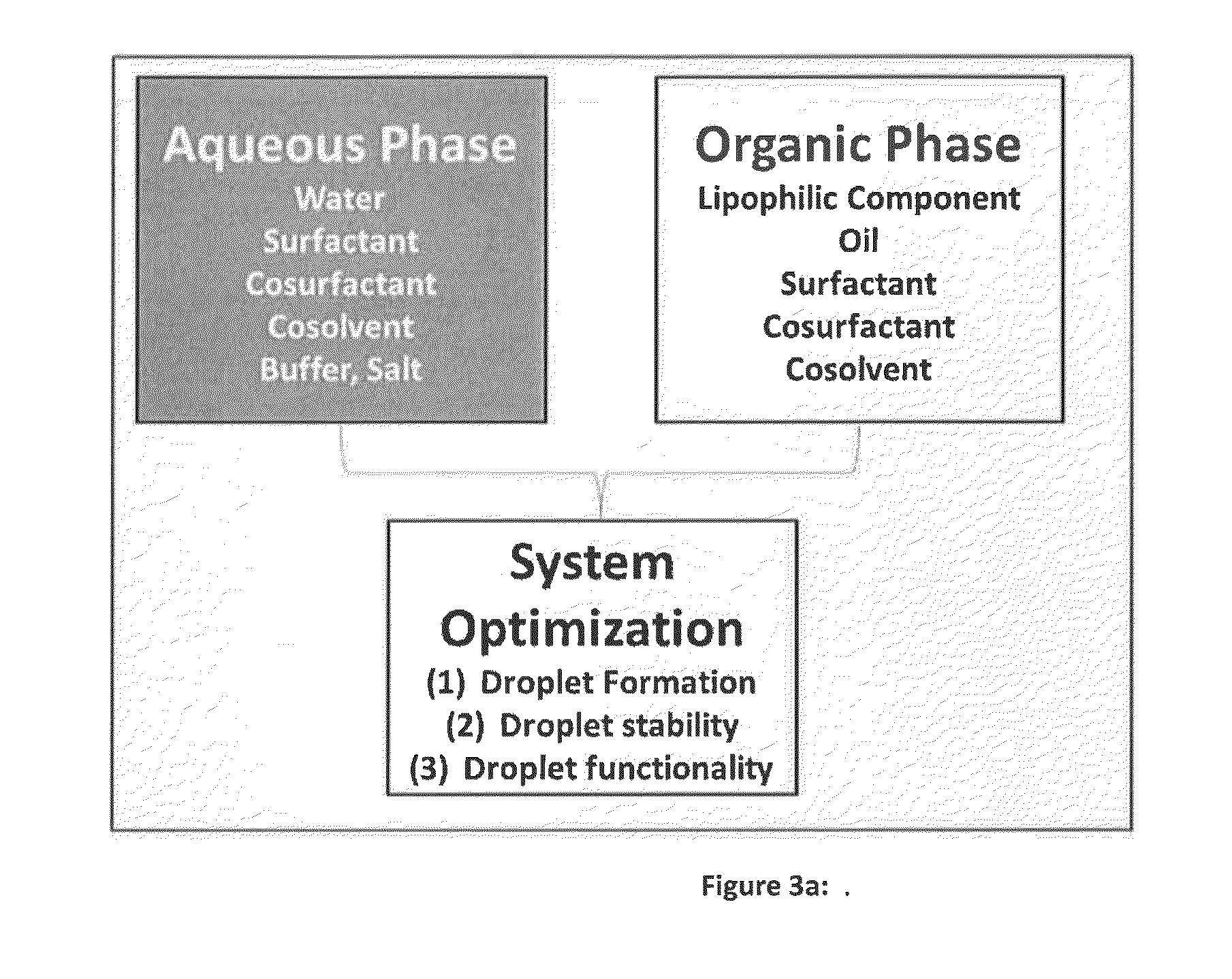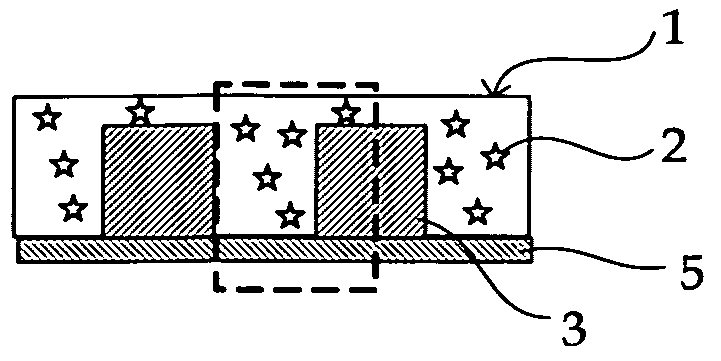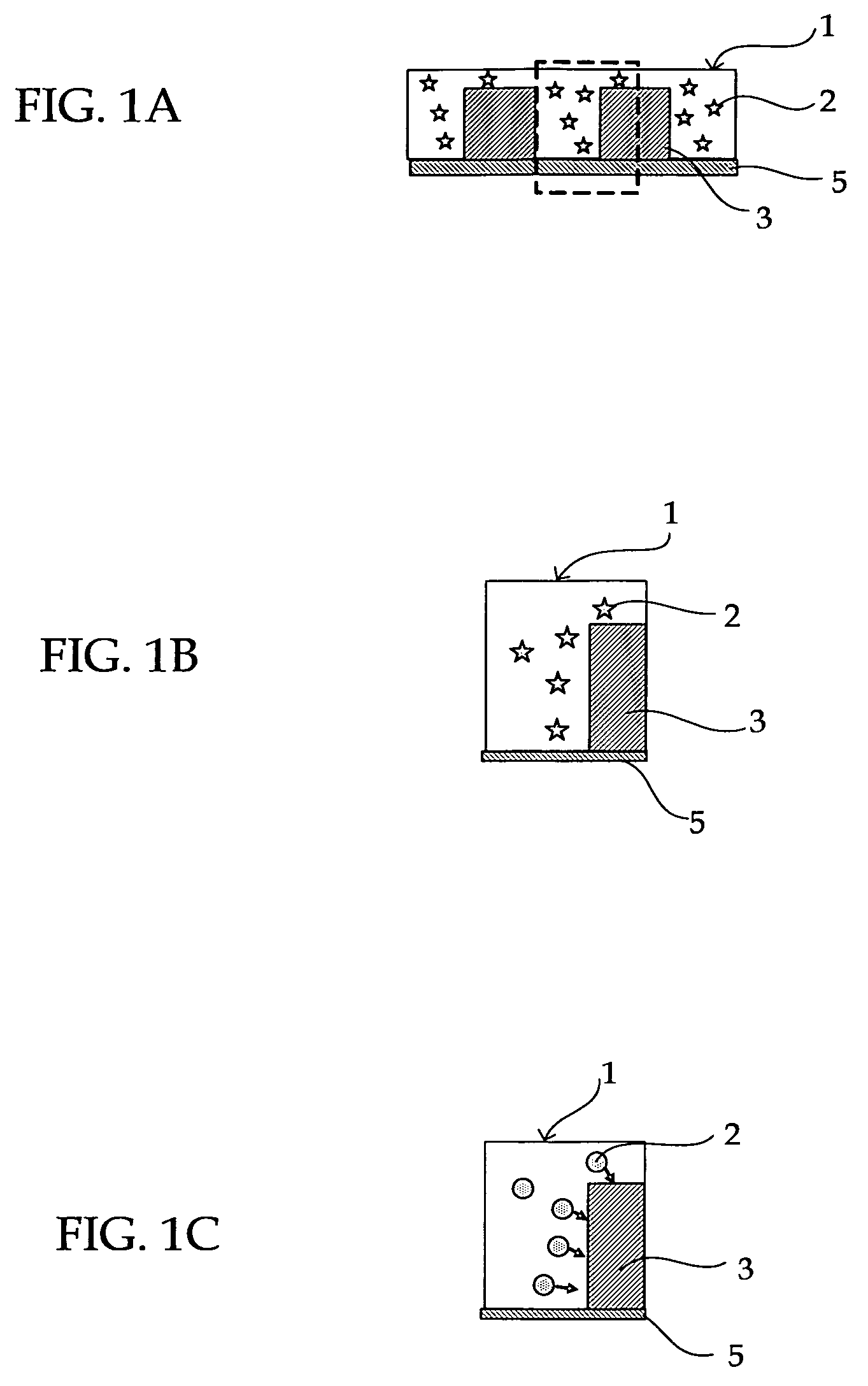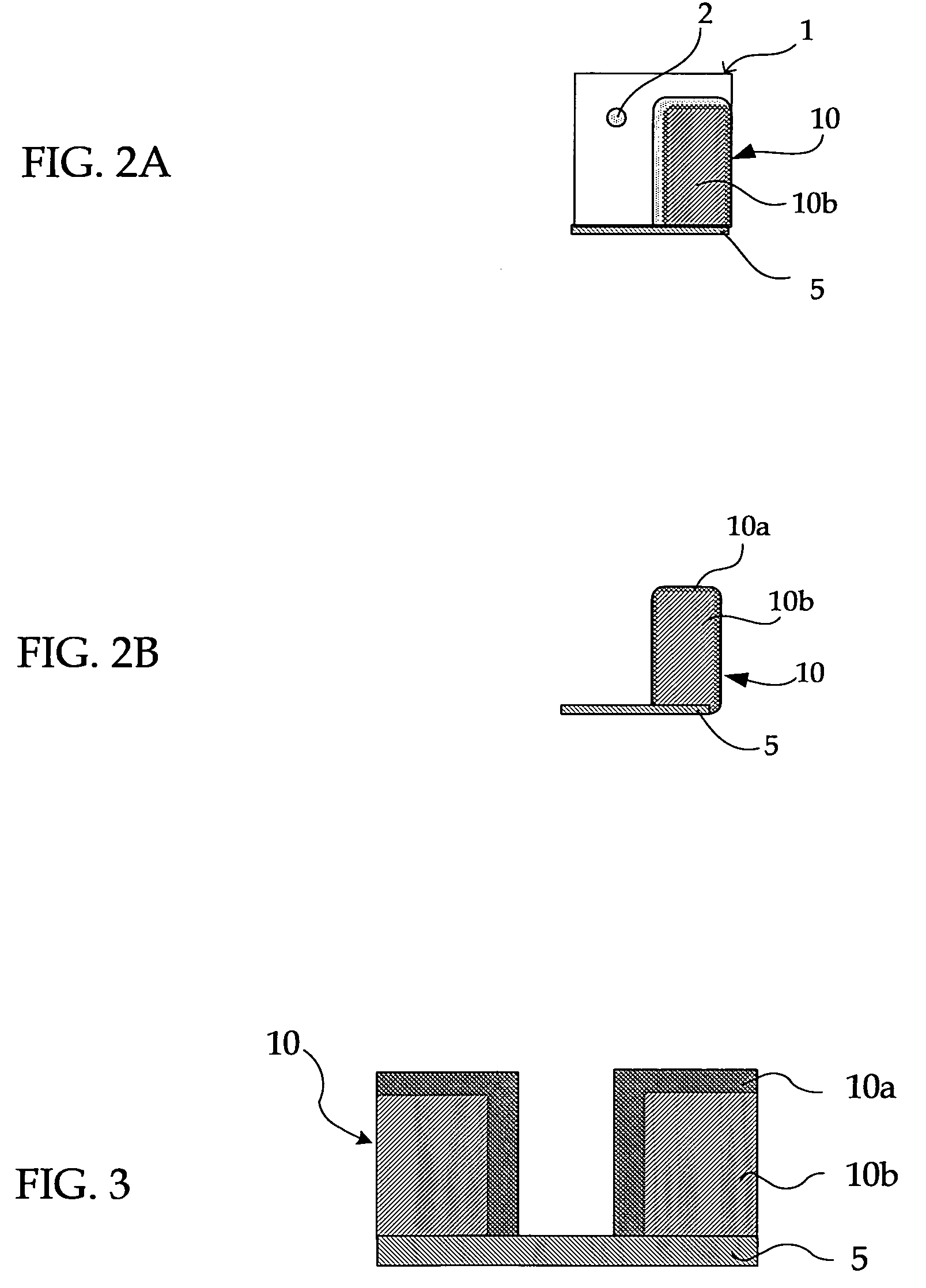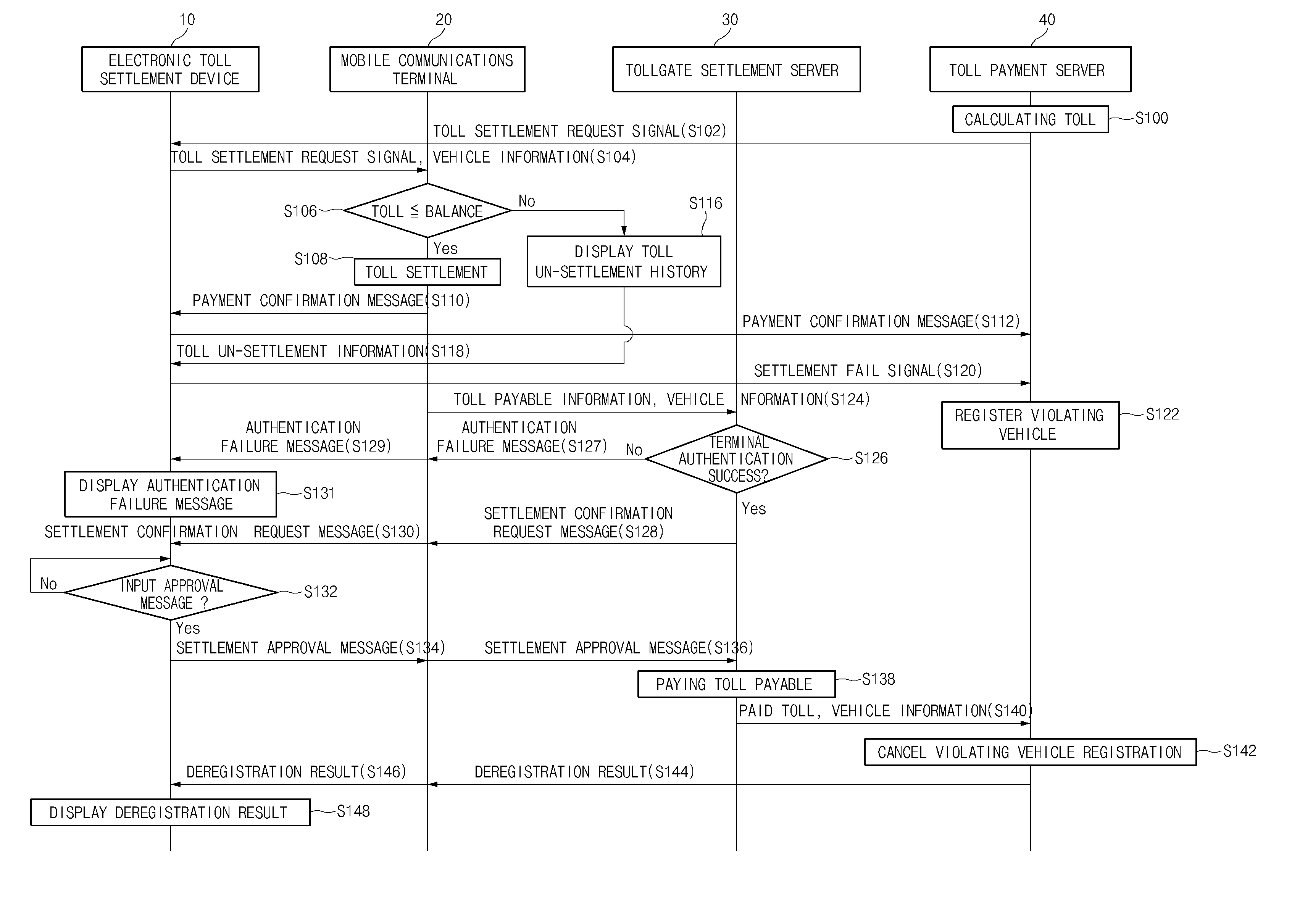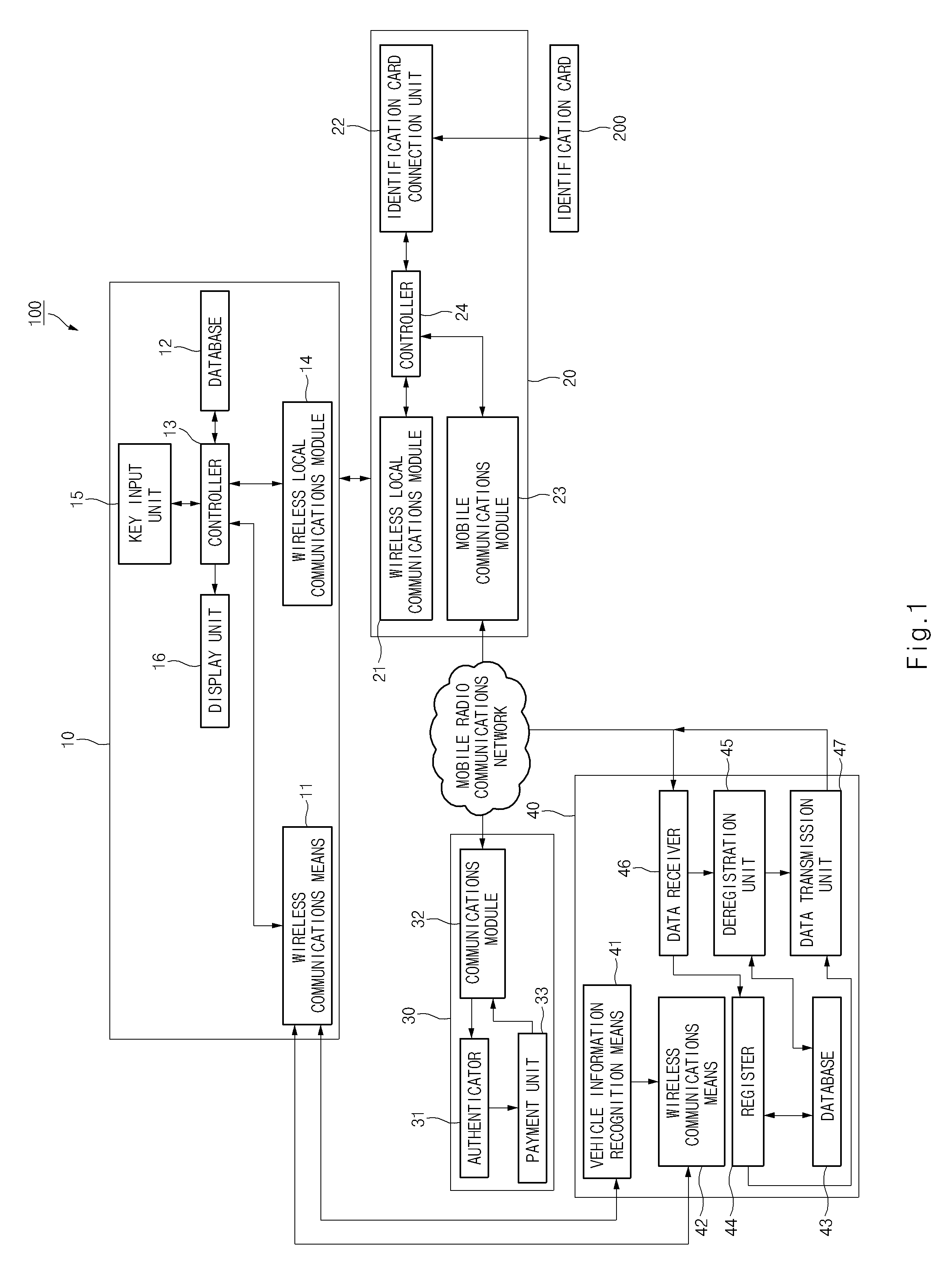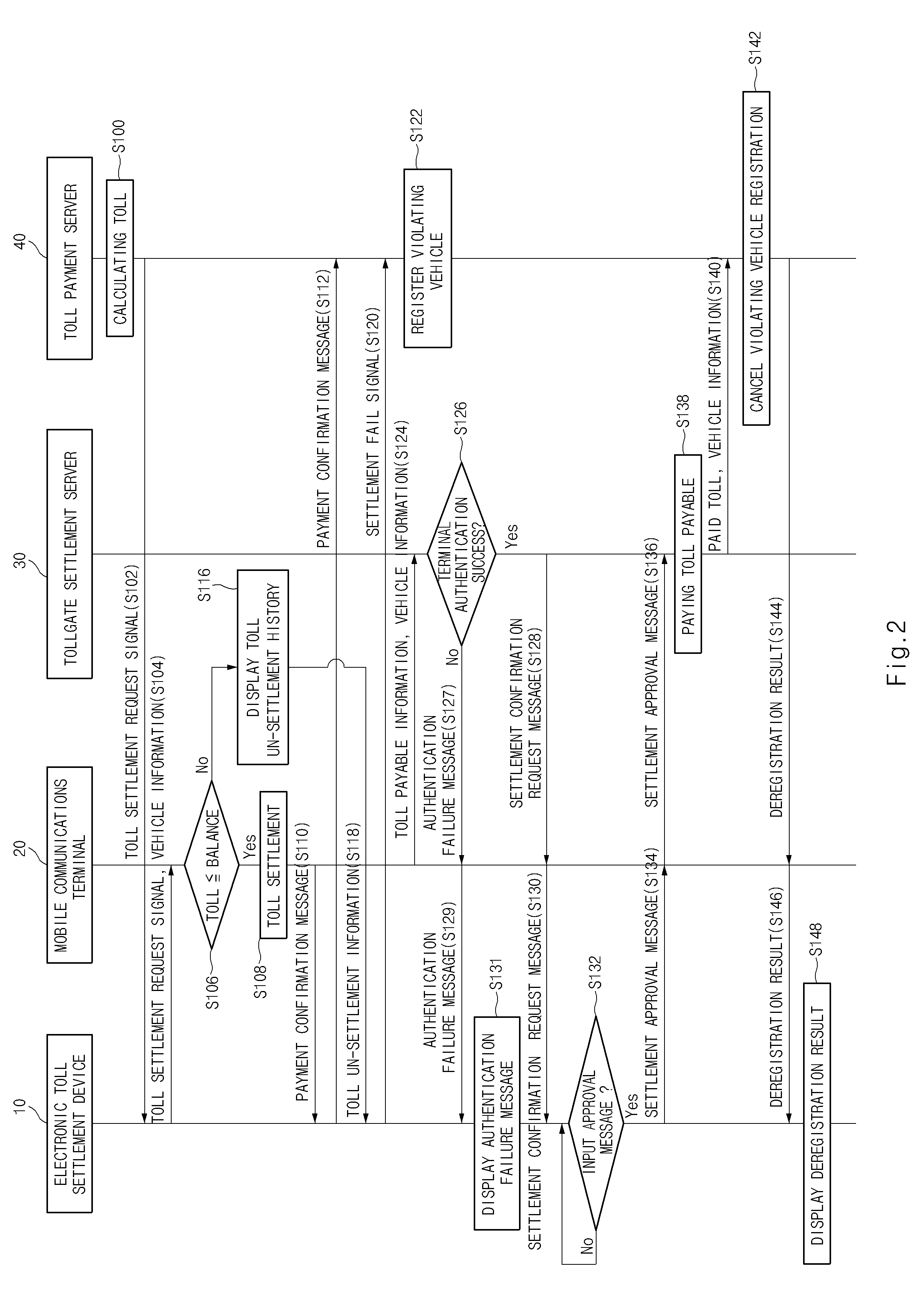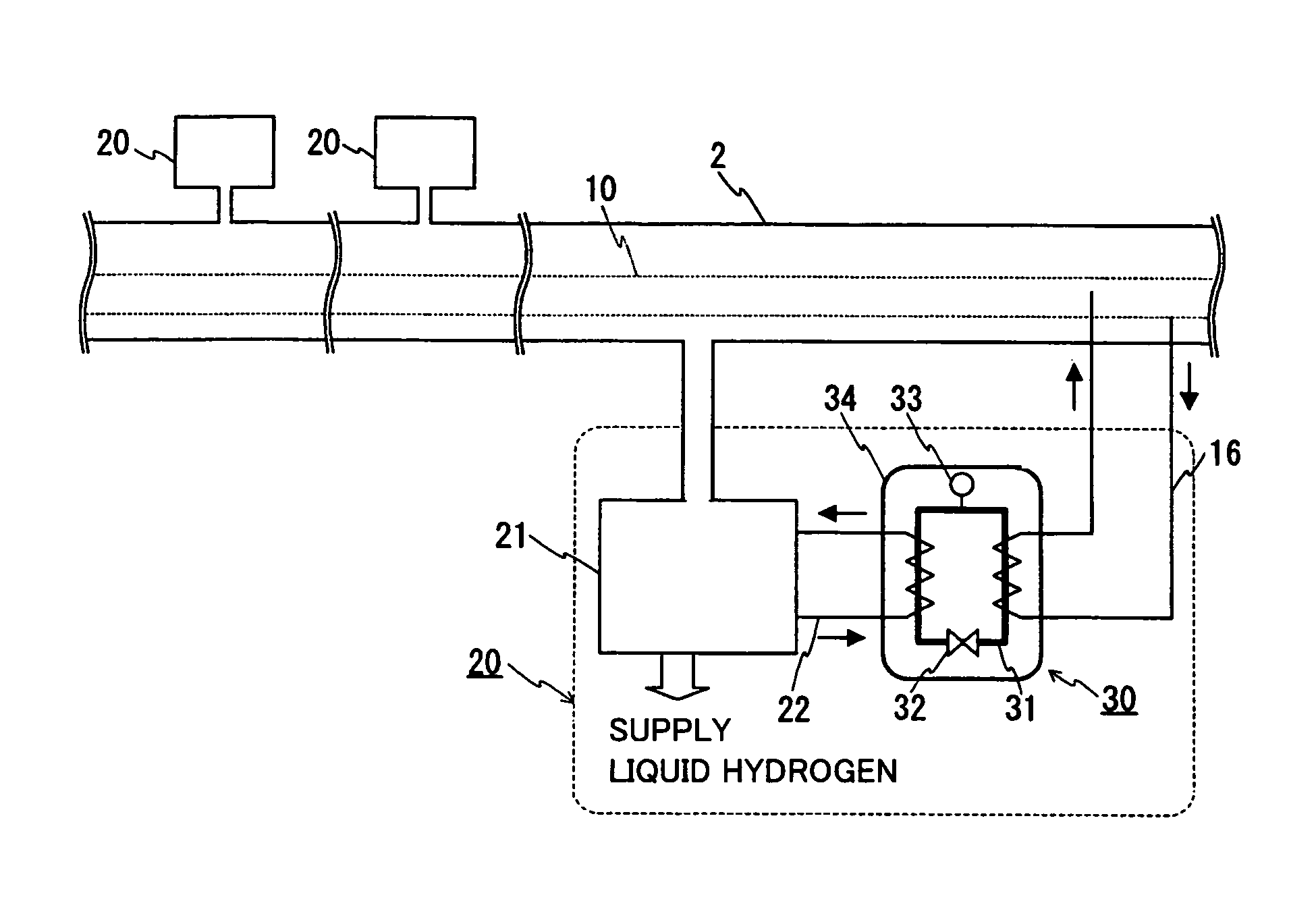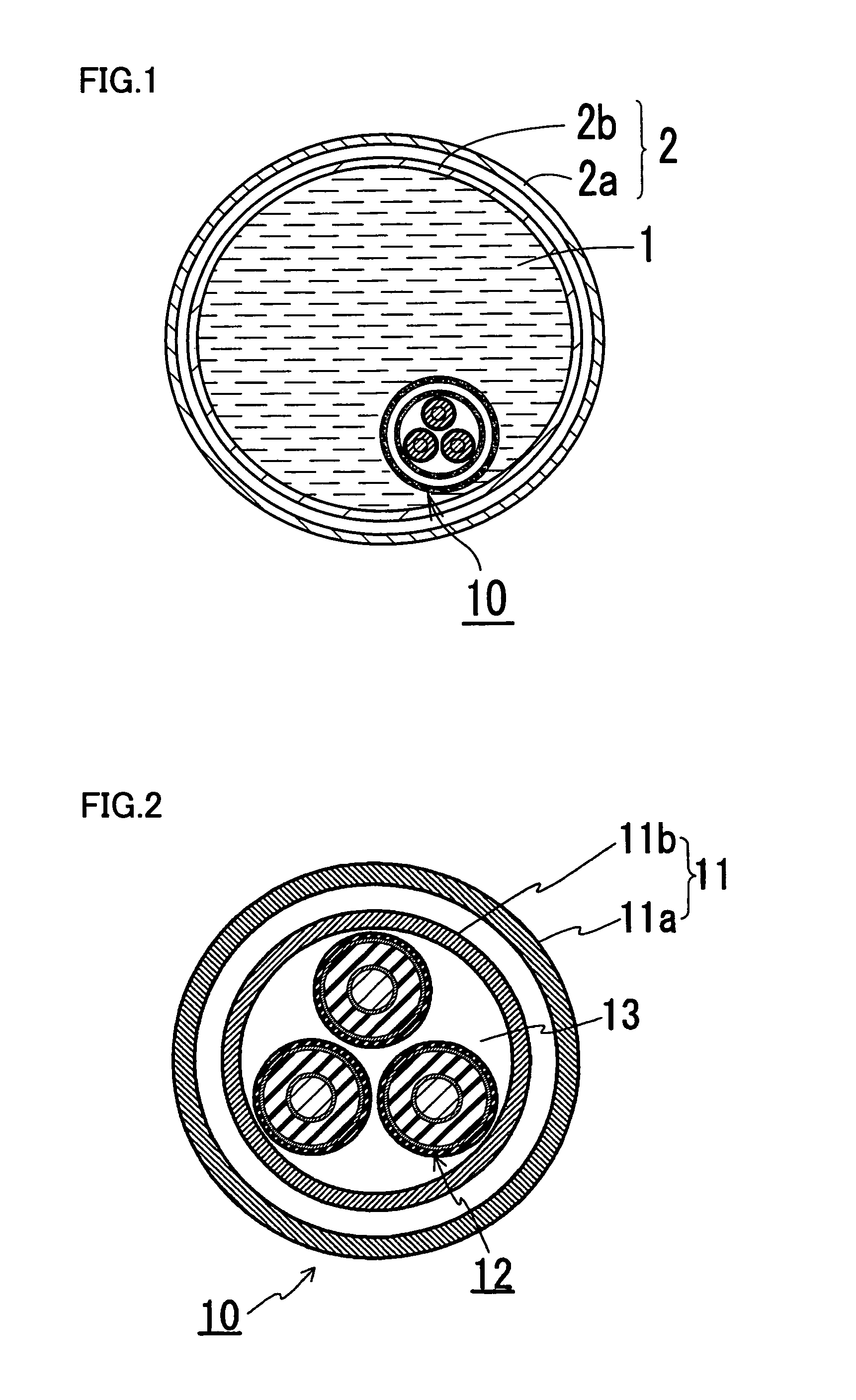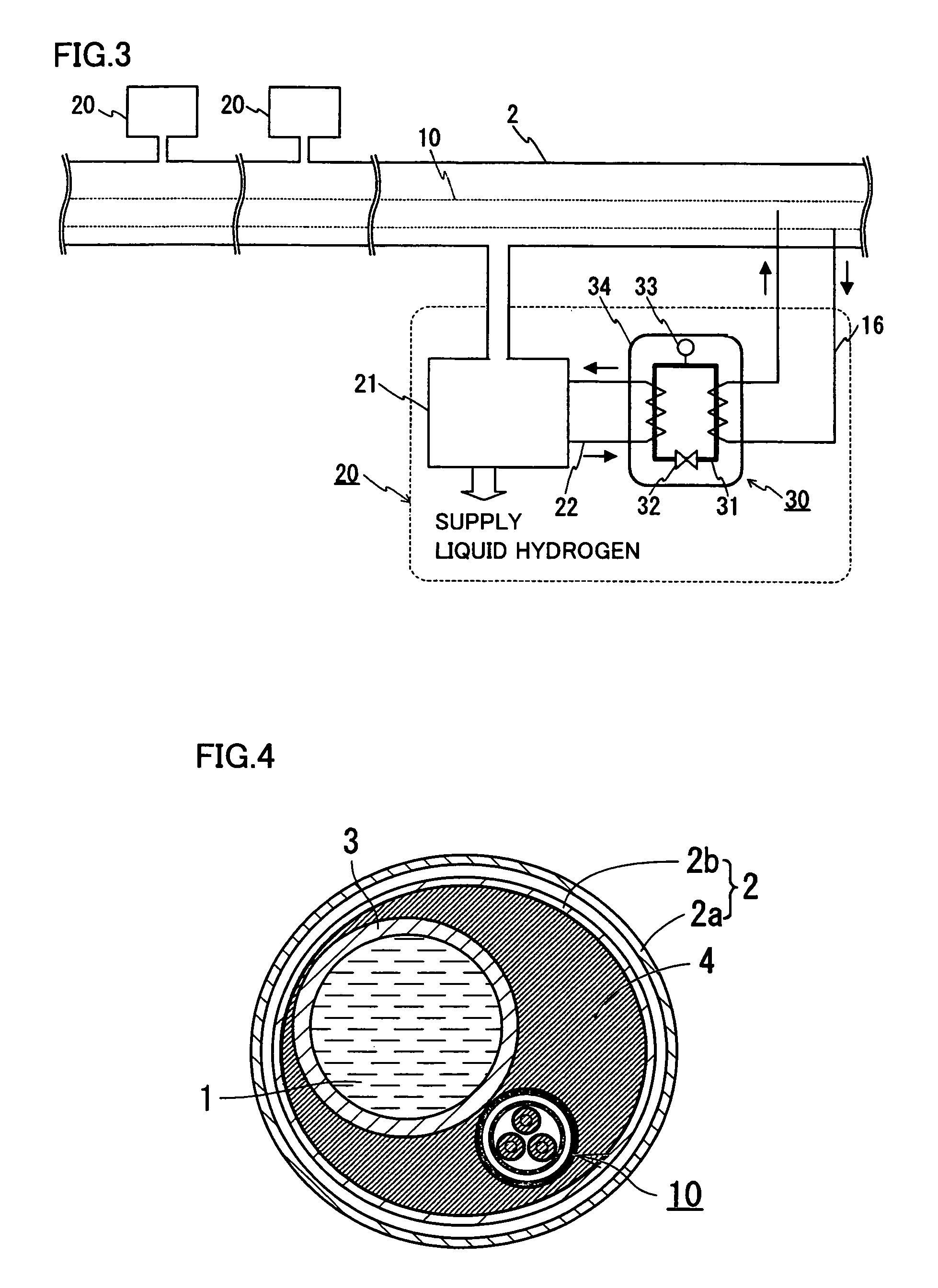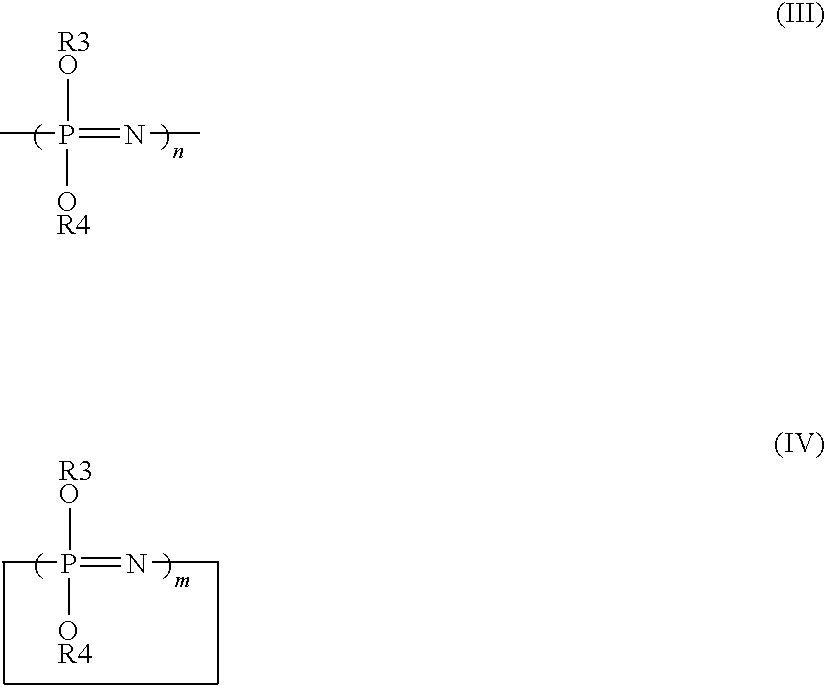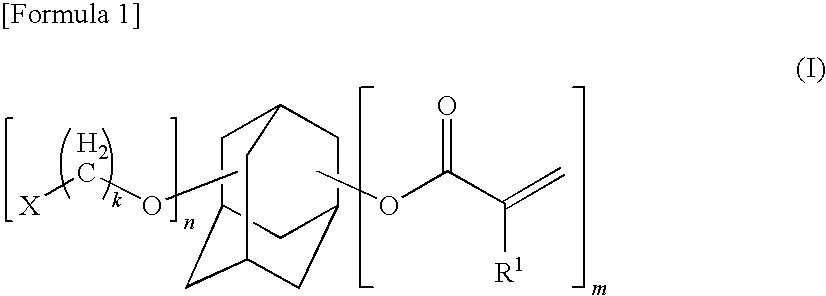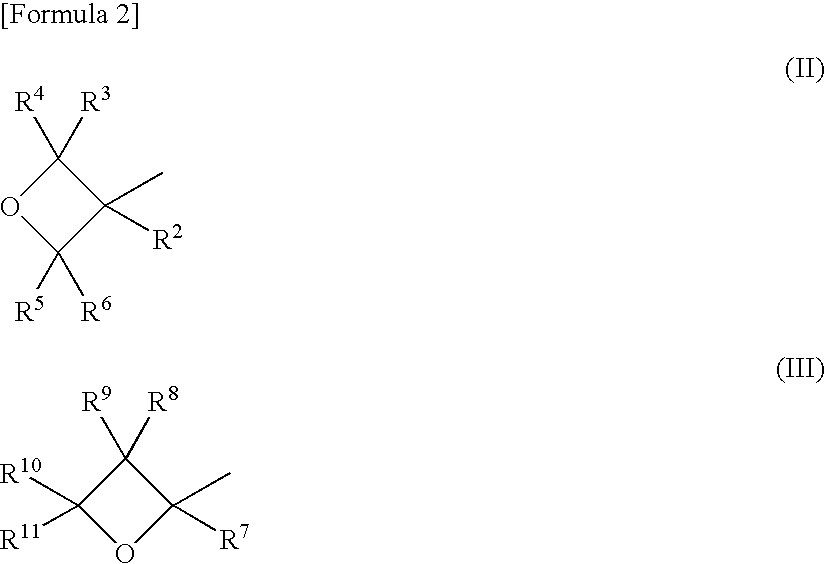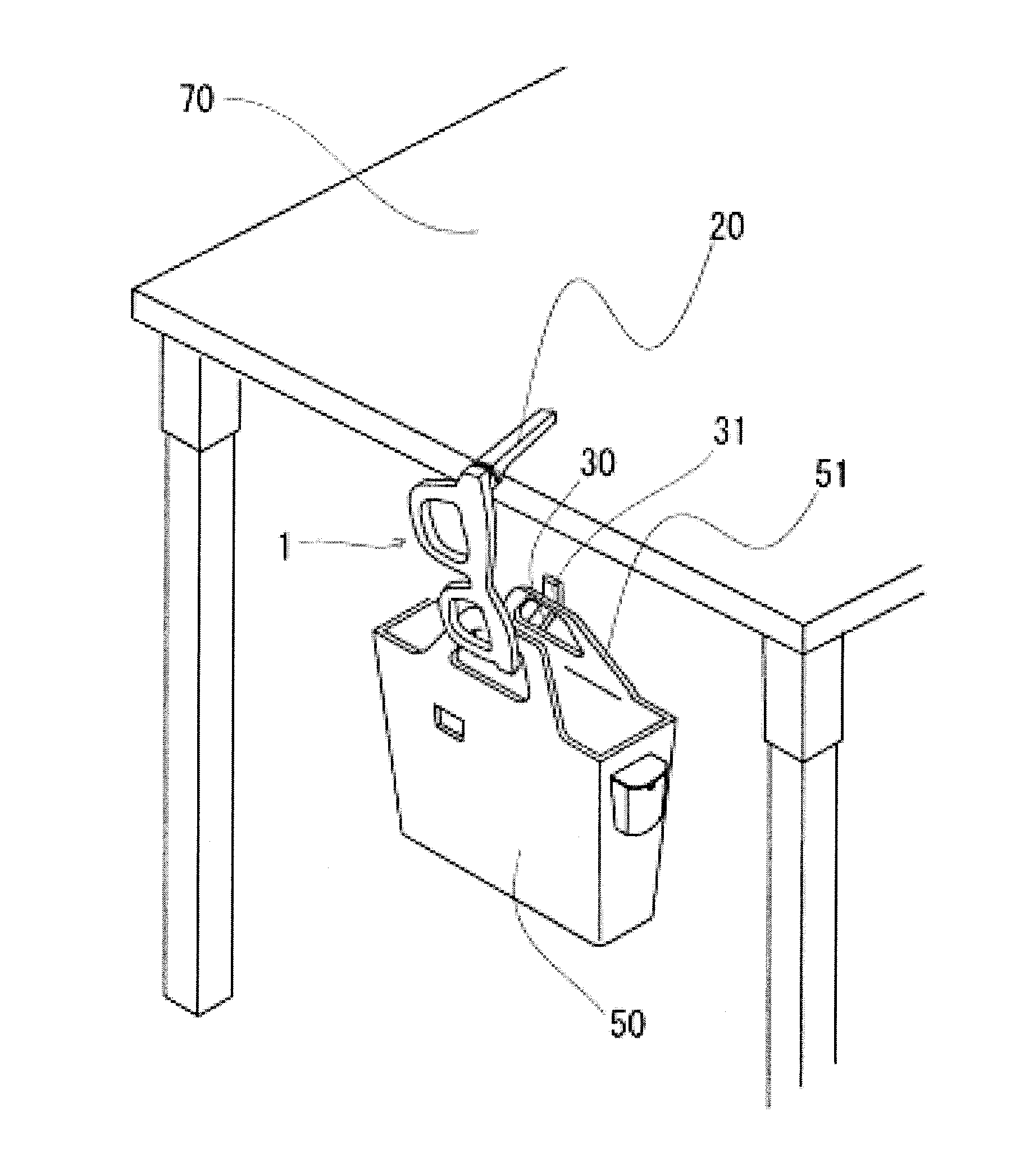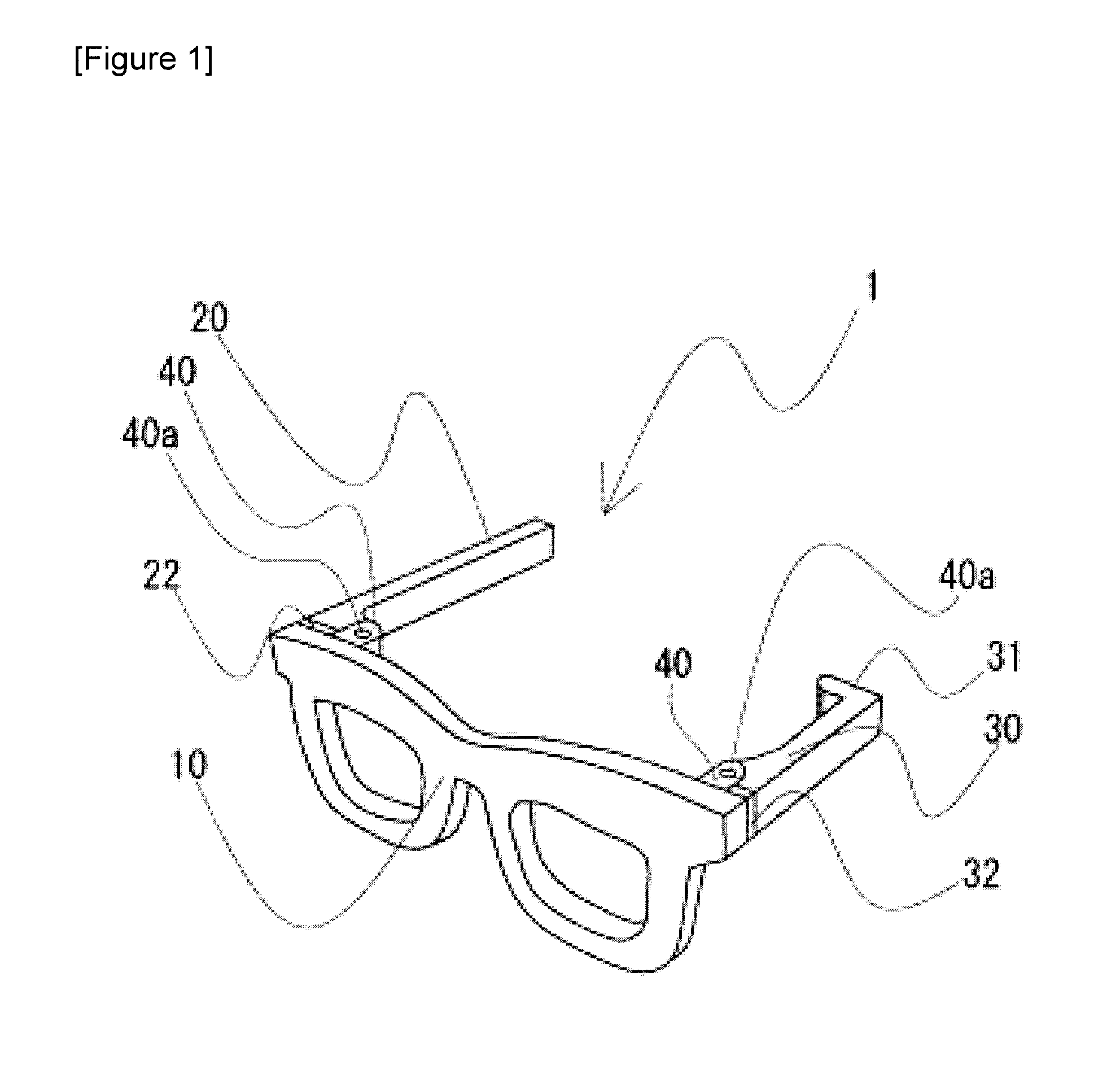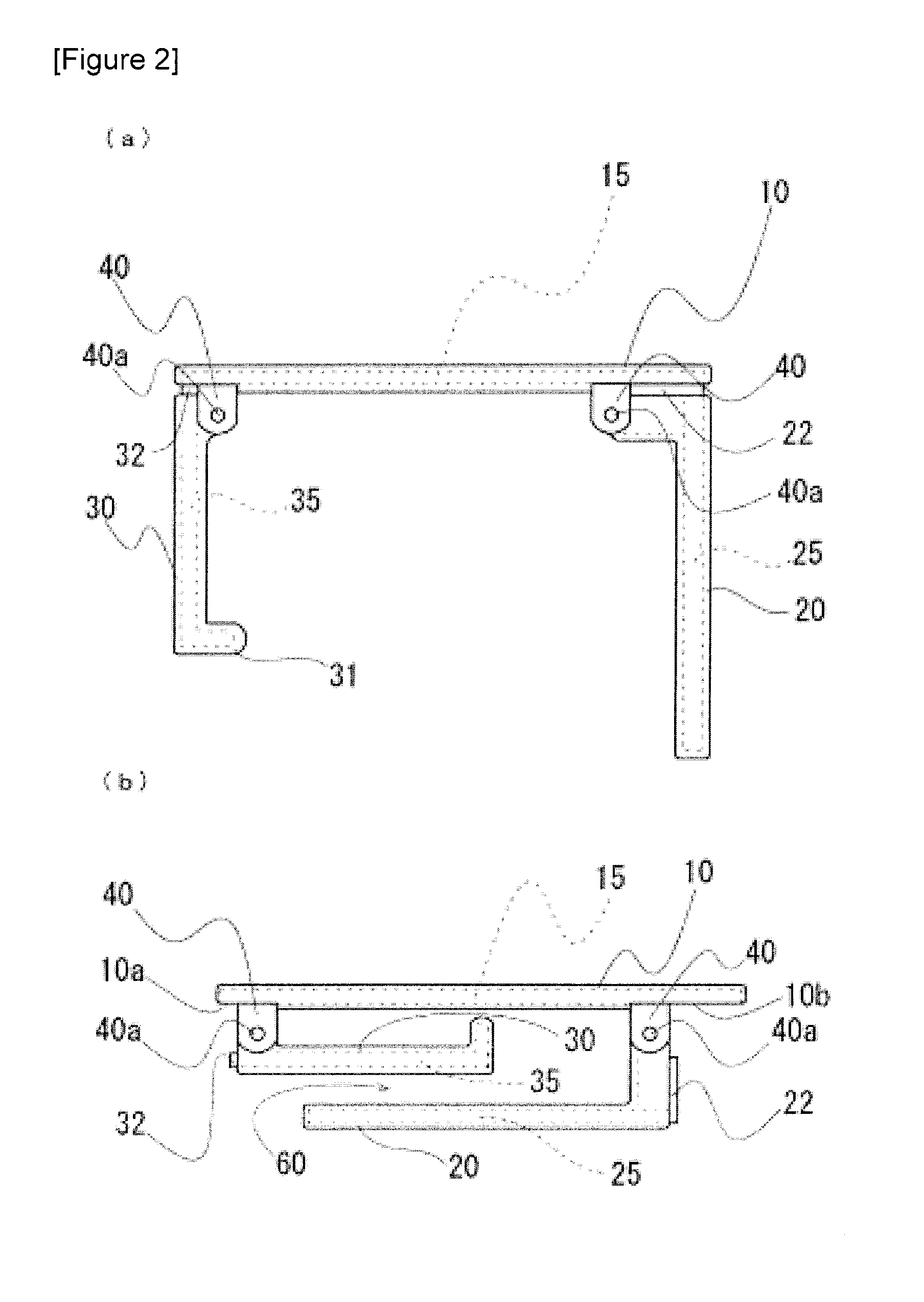Patents
Literature
62results about How to "Suitable for utilization" patented technology
Efficacy Topic
Property
Owner
Technical Advancement
Application Domain
Technology Topic
Technology Field Word
Patent Country/Region
Patent Type
Patent Status
Application Year
Inventor
Temperature regulator for fuel cell
InactiveUS6383672B1Efficient use ofPrevent supplySolid electrolytesAir-treating devicesHeating timeFuel cells
When starting a fuel cell, valves are operated such that a heat exchange medium flows from a circulation pump through a heating-time bypass duct to a heater and the fuel cell, and the heat exchange medium is heated by the heater. Consequently, the fuel cell can be heated up efficiently and rapidly. When a heating device is driven during operation of the fuel cell, the valves are operated such that the heat exchange medium flows from the circulation pump to the fuel cell, the heater and the heat exchanger in this order. If the amount of heat required for the heating device cannot obtained from the heat generated by the fuel cell, the heater heats the heat exchange medium so as to remedy a deficiency in heat. As a result, the heating device can be made to function adequately. That is, the fuel cell is heated up rapidly when it is started. While the fuel cell is in operation, its temperature is confined to a suitable operational temperature range, whereby the heat generated by the fuel cell can be utilized effectively.
Owner:TOYOTA JIDOSHA KK
Ultra wideband planar printed volcano antenna
InactiveUS20050156788A1Easy to manufactureLow costSimultaneous aerial operationsRadiating elements structural formsUltra-widebandEngineering
An ultra wideband planar printed volcano antenna, which not only complies with the UWB bandwidth standard (3.1 GHz˜10.6 GHz) but also is lightweight, compact, inexpensive, easy to manufacture, high performance, and highly integrated. The ultra wideband planar printed volcano antenna has an antenna unit and a grounding unit formed on one or two printed circuit board by means of etching. The antenna unit includes an electrically conductive radiating element. The rest of the printed circuit board forms an electrically nonconductive open area. The grounding unit has at least one electrically conductive grounding element. The rest of the printed circuit board also forms an electrically nonconductive open area. The overlapping of the two open areas of the printed circuit board forms the adjustable space which has a gradually narrowing shape. By adjusting the size of the adjustable space, the antenna may acquire a best frequency range.
Owner:LIN DING FU
Resist pattern thickening material and process for forming resist pattern, and semiconductor device and process for manufacturing the same
InactiveUS20060188807A1Improve corrosion resistanceImpossible to thicken the resist patternRadiation applicationsSolid-state devicesResistDevice material
The present invention provides a resist pattern thickening material, which can utilize ArF excimer laser light; which, when applied over a resist pattern to be thickened e.g., in form of lines and spaces pattern, can thicken the resist pattern to be thickened regardless of the size of the resist pattern to be thickened; and which is suited for forming a fine space pattern or the like, exceeding exposure limits. The present invention also provides a process for forming a resist pattern and a process for manufacturing a semiconductor device, wherein the resist pattern thickening material of the present invention is suitably utilized.
Owner:FUJITSU LTD
Lubricating grease and lubricating grease-enclosed roller bearing
ActiveUS20090232432A1Increased durabilitySolution to short lifeShaftsBall bearingsPotassiumMaterials science
Owner:NTN CORP
Production Process of Poly(Arylene Sulfide) and Poly(Arylene Sulfide)
A production process of a poly(arylene sulfide), including (a) a polymerization step of polymerizing at least one sulfur source selected from the group consisting of alkali metal sulfides and alkali metal hydrosulfides and a dihalo-aromatic compound in an organic amide solvent to form a polymer; (b) a separation step of separating the polymer from a liquid reaction mixture containing the polymer formed after the polymerization step; (c) a washing step of washing the polymer with at least one washing liquid selected from the group consisting of water, an organic solvent and a mixed solution of water and an organic solvent as desired; and (d) an aqueous oxidizing solution treatment step of treating the polymer by bringing the polymer into contact with an aqueous oxidizing solution.
Owner:KUREHA KAGAKU KOGYO KK
Resist pattern thickening material and process for forming resist pattern, and semiconductor device and process for manufacturing the same
InactiveUS20070048659A1Good thickening effectEasy to controlPhotosensitive materialsRadiation applicationsResistImage resolution
The object of the present invention is to provide a resist pattern thickening material, etc. which, when coated over a resist pattern formed of ArF resist material, etc., can efficiently thicken the resist pattern such as lines and spaces pattern, etc. regardless of the composition of ArF resist material, and the like; which can easily control the thickening amount of resist pattern by process condition; and which can easily and efficiently form a fine space pattern beyond the exposure (resolution) limits of light sources of the exposure devices at low cost. The resist pattern thickening material of the present invention comprises a solubilizer which melts the resist pattern at the temperature near its melting point and- a water-soluble element. The process for forming a resist pattern of the present invention comprises forming a resist pattern and coating a resist pattern thickening material of the present invention over the surface of the resist pattern.
Owner:FUJITSU LTD
Phosphor, production method for same, illumination instrument, and image display device
ActiveUS20180127648A1High color purityExcellent in blue light excitation characteristicLuminescent compositionsSemiconductor devicesFluorescenceInorganic crystals
Owner:NAT INST FOR MATERIALS SCI
Package for photoelectric wiring and lead frame
ActiveUS20100044723A1Well formedEasy to replaceSemiconductor/solid-state device detailsSolid-state devicesMetallic materialsEngineering
A package for a photoelectric wiring in which a pair of light emitting and receiving devices are mounted as optical devices on a lead frame having an optical waveguide in which an optical waveguide having a plurality of core portions disposed in parallel and surrounded by a cladding is mounted on a support plate of a lead frame having a mirror section including the support plate for supporting the optical waveguide, mirror sections having a mirror surface portion formed by bending both edges of the support plate at an angle of 45 degrees with respect to a planar direction of the support plate in a side direction, and lead portions to be electrically connected to the optical devices, the support plate, the mirror sections and the lead sections being formed by pressing a metallic material, wherein the light emitting device and the light receiving device are mounted in alignment with an optical path of a light reflected by the mirror surface portion and transmitted through the core portions at one of sides and the other side which interpose the optical waveguide of the package for an optical waveguide wiring therebetween.
Owner:SHINKO ELECTRIC IND CO LTD
Poly(arylene sulfide) and production process thereof
The invention provides a production process of a poly(arylene sulfide), comprising a polymerization step of subjecting at least one sulfur source selected from the group consisting of alkali metal sulfides and alkali metal hydrosulfides and a dihalo-aromatic compound to a polymerization reaction in an organic amide solvent; a reaction step of adding a hydroxyl group-containing organic compound containing no bonded halogen atom in a proportion of 0.001 to 20 mol per 100 mol of the charged sulfur source into the polymerization reaction system containing the organic amide solvent and a formed polymer after the polymerization step to cause the formed polymer to react with the hydroxyl group-containing organic compound; and a collecting step of collecting a polymer from the polymerization reaction system after the reaction step, and the poly(arylene sulfide).
Owner:KUREHA KAGAKU KOGYO KK
Roller element
InactiveUS7785011B2Reduce frictionIncrease loadConnecting rodsConveyorsEngineeringMechanical engineering
A roller element (10) is provided which has a central body (1) and a roller unit (2). The roller unit (2) is mounted so as to circulate on a non-circular race (21) about the central body (1) and so as to be mobile with respect to the central body (1) by the rolling movement of the rollers (3) of the roller unit (2) on the central body (1). The rollers (3) are configured as balls or substantially cylindrical elements. A peripheral surface of the rollers (3), for a substantial part, is shaped as a rolling surface that corresponds to the central body (1) and for rolling off on the central body (1). The elements of the roller unit (2) have play in relation to one another and / or the roller unit has play regarding its mobility in relation to the central body (1).
Owner:WRH WALTER REIST HLDG
Corrugated pattern forming sheet and method for manufacturing the same, and method for manufacturing antireflector, retardation plate, original process sheet plate, and optical element
InactiveUS20070273972A1Simply and easily manufacturingExcellent performanceMechanical working/deformationPolarising elementsMetallurgyMetal
A corrugated pattern forming sheet exhibiting excellent performance when being used as optical elements, such as an antireflector and a retardation plate is provided. A corrugated pattern forming sheet of the invention includes a resin layer, and a hard layer provided at least in a portion of an outer surface of the resin layer. The hard layer is made of a metal or a metallic compound. The hard layer has a wavelike corrugated pattern. The average pitch of the corrugated pattern is 1 μm or less, and the average depth of the bottom of the corrugated pattern is 10% or more given an average pitch of 100%.
Owner:OJI PAPER CO LTD
Photocurable inkjet printing ink composition, printed matter and molded article
ActiveUS20150210874A1Excellent photocurabilitySuitable for utilizationDecorative surface effectsLayered productsPrinting inkBenzyl group
A photocurable inkjet printing ink composition includes at least a photopolymerizable compound component and a photopolymerization initiator, wherein in the photopolymerizable compound component, a monofunctional monomer is included in a content of 91.0 to 99.5% by mass and a multifunctional monomer is included in a content of 0.5 to 9.0% by mass; in the monofunctional monomer component, acryloylmorpholine is included in a content of 30.0 to 85.0% by mass; the monofunctional monomer component includes at least one selected from benzyl acrylate, ethyl carbitol acrylate, tetrahydrofurfuryl acrylate and phenoxyethyl acrylate in a content of 5.0 to 40.0% by mass in the monofunctional monomer component; and the stretching rate at 180° C. of the cured coating obtained by photopolymerizing the photocurable inkjet printing ink composition is 120% or more.
Owner:SAKATA INX
Co-crystals of dapagliflozin
ActiveUS20140343010A1Adequate stability characteristicBetter physicochemical propertyBiocideOrganic active ingredientsLactosePharmacology
The present invention provides novel co-crystal forms of dapagliflozin, namely a dapagliflozin lactose co-crystal and a dapagliflozin asparagine co-crystal, to pharmaceutical compositions comprising same, methods for their preparation and uses thereof for treating type 2 diabetes.
Owner:MAPI PHARMA
Resist pattern thickening material and process for forming resist pattern, and semiconductor device and process for manufacturing the same
InactiveUS7585610B2Improve corrosion resistanceImpossible to thicken the resist patternPhotosensitive materialsRadiation applicationsResistEngineering
The present invention provides a resist pattern thickening material, which can utilize ArF excimer laser light; which, when applied over a resist pattern to be thickened e.g., in form of lines and spaces pattern, can thicken the resist pattern to be thickened regardless of the size of the resist pattern to be thickened; and which is suited for forming a fine space pattern or the like, exceeding exposure limits. The present invention also provides a process for forming a resist pattern and a process for manufacturing a semiconductor device, wherein the resist pattern thickening material of the present invention is suitably utilized.
Owner:FUJITSU LTD
Co-crystals of dapagliflozin
ActiveUS9006188B2Adequate stability characteristicMaintain good propertiesPowder deliveryBiocideLactosePharmacology
The present invention provides novel co-crystal forms of dapagliflozin, namely a dapagliflozin lactose co-crystal and a dapagliflozin asparagine co-crystal, to pharmaceutical compositions comprising same, methods for their preparation and uses thereof for treating type 2 diabetes.
Owner:MAPI PHARMA
Resist pattern thickening material, process for forming resist pattern, and process for manufacturing semiconductor device
InactiveUS20050031987A1Thickening efficiencySimple structureConstruction of head windingsRadiation applicationsResistPhase-transfer catalyst
The present invention provides a resist pattern thickening material which can thicken a resist pattern and form a fine space pattern, exceeding exposure limits of exposure light used during patterning. The resist pattern thickening material contains a resin and a phase transfer catalyst. The present invention also provides a process for forming a resist pattern and a process for manufacturing a semiconductor device, wherein the resist pattern thickening material of the present invention is suitably utilized.
Owner:FUJITSU LTD
Catalyst for Producing Polyester and Method for Producing Polyester
InactiveUS20100305296A1Improved color toneImprove heat resistanceOrganic-compounds/hydrides/coordination-complexes catalystsPhosphorus organic compoundsPolyesterSemipermeable membrane
The invention relates to an improved linear microdialysis probe comprising a continuous length of flexible tubing (1) having at least one window (4) formed therein, said window covering at least one pan of the circumference of the tubing, while the remaining part forms at least one unbroken connection between a first end of said tubing and a second end of said tubing, said ends adapted to be attached to an inlet for perfusion liquid and the other end forming an outlet for the dialysate, said at least one window (4) exposing a tubular semipermeable membrane (2).
Owner:TORAY IND INC
Method of forming via hole in resin layer
InactiveUS20060068581A1Reliably formedSuitable for utilizationPrinted circuit aspectsSemiconductor/solid-state device manufacturingMolecular physicsLaser beams
To reliably expose an underlying layer at a bottom surface of a via hole to form a via hole even at a resin layer including an inorganic filler. A method of forming a via hole by firing a laser beam at a resin layer (10) including an inorganic filler (12) characterized by including a first laser beam firing step of firing a (CO2) laser beam of the infrared region at a position of said resin layer for forming a via hole so as to expel the resin (11) and said inorganic filler (12) and thereby form a hole (18) in the resin layer and a second laser beam firing step of firing a (UV-YAG) laser beam of the ultraviolet region focused at a position where the hole is formed to remove a modified layer (16) of the resin remaining at the bottom of the hole and form a via hole (20) with an underlying layer (14) exposed at its bottom.
Owner:SHINKO ELECTRIC IND CO LTD
Production process of poly(arylene sulfide) and poly(arylene sulfide)
Owner:KUREHA KAGAKU KOGYO KK
Methods of manufacturing a crystal-oriented ceramic and of manufacturing a ceramic laminate
InactiveUS20060205097A1Increase powerExcellent orientation degreePiezoelectric/electrostrictive device manufacture/assemblyLayered productsMaterials scienceCrystallization
A method for manufacturing a crystal-oriented ceramic comprising a sheet-making step, a crystallization-promoting layer-forming step and a calcining step is provided. At the sheet-making step, a green sheet 1 is made. At the crystallization-promoting layer-forming step, a crystallization-promoting layer 15 containing crystallization-promoting material particles 151 is formed so as to contact the green sheet 1. At the calcining step, the green sheet is calcined. A method for manufacturing a ceramic laminate comprising a laminate-making step and a calcining step is provided. At the laminate-making step, a laminate is made, where green sheets and electrode-printed layers are stacked. The crystallization-promoting layer, containing the crystallization-promoting material particles, which allow crystal grains in a polycrystalline substance to grow during calcining, is formed so as to contact the green sheet. At the calcining step, the laminate is calcined.
Owner:DENSO CORP
Resist pattern thickening material, process for forming resist pattern, and process for manufacturing semiconductor device
InactiveUS7662539B2Thickening efficiencySimple structureConstruction of head windingsPhotosensitive materialsResistEngineering
The present invention provides a resist pattern thickening material which can thicken a resist pattern and form a fine space pattern, exceeding exposure limits of exposure light used during patterning. The resist pattern thickening material contains a resin and a phase transfer catalyst. The present invention also provides a process for forming a resist pattern and a process for manufacturing a semiconductor device, wherein the resist pattern thickening material of the present invention is suitably utilized.
Owner:FUJITSU LTD
Heat-shrinkable polyester film
ActiveUS20150218308A1Improve shrinkageRaise the gradeSynthetic resin layered productsThin material handlingPolyester resinEthylene
The invention provides a heat-shrinkable polyester film with high mechanical strength in a width direction that is orthogonal to the main shrinking direction and high tensile rupture elongation in the film width direction after being subjected to an aging treatment in a high-temperature environment. The heat-shrinkable polyester film is made from a polyester resin containing ethylene terephthalate as the main component and a monomer component that can serve as an amorphous component in an amount of 0 mol % or more and less than 1 mol % relative to the total amount of polyester resin components.
Owner:TOYO TOYOBO CO LTD
Methods for producing optimal stable nanoemulsions and formulations obtained therefrom
InactiveUS20150051298A1Suitable for utilizationLow costBiocideHydroxy compound active ingredientsSURFACTANT BLENDDroplet size
A method for producing stable nanoemulsions having a desired droplet size and functional properties tailored for use in a specific application (which is referred to as substantially optimizing composition) that includes selecting an aqueous phase; the aqueous phase comprising at least one ingredient from water, surfactant, co-surfactant and co-solvent, the aqueous phase being selected such that a stable nanoemulsions having a desired droplet size and functional properties tailored for use in a specific application is obtained, and selecting an organic phase comprising at least two ingredients from lipophilic component, oil, surfactant, co-surfactant and cosolvent, the organic phase being selected such that a stable nanoemulsions having a desired droplet size and functional properties tailored for use in a specific application is obtained, a nanoemulsion being formed when the organic phase is mixed with the aqueous phase.
Owner:UNIV OF MASSACHUSETTS
Resist pattern thickening material and process for forming resist pattern, and semiconductor device and process for manufacturing the same
InactiveUS7550248B2Swelling amount (thickening amount) is alteredEasy to controlPhotosensitive materialsRadiation applicationsResistWater soluble
Owner:FUJITSU LTD
Electronic toll settlement system and apparatus for vehicle
InactiveUS8245921B2Low costSuitable for utilizationTicket-issuing apparatusCredit schemesSmart cardEngineering
Owner:HYUNDAI MOTOR CO LTD
Polylactic acid-based resin composition and molded article
InactiveUS20120108720A1Improve hydrolysis resistanceSmall in decrease of strengthHydrotalcitePolylactic acid
Disclosed is a polylactic acid-based resin composition including a polylactic acid resin, a monocarbodiimide compound and a hydrotalcite compound, wherein the content of the monocarbodiimide compound is 0.1 to 10 parts by mass in relation to 100 parts by mass of the polylactic acid resin and the content of the hydrotalcite compound is 0.05 to 2 parts by mass in relation to 100 parts by mass of the polylactic acid resin.
Owner:UNITIKA LTD
Superconducting cable line
InactiveUS8173897B2Reduce temperature differenceReduce heat intrusionSuperconductors/hyperconductorsDomestic cooling apparatusLine tubingLiquid hydrogen
A superconducting cable line includes a heat insulation pipe for a fluid for transporting liquid hydrogen, a superconducting cable housed in the heat insulation pipe for a fluid, and heat exchange means for performing a heat exchange between liquid hydrogen and a refrigerant of the cable. The superconducting cable includes a cable core inside a heat insulation pipe for a cable and is housed in the heat insulation pipe for a fluid to form a low temperature environment around the cable and a double heat insulation structure including the heat insulation pipe. Therefore, since heat intrusion into the superconducting cable is reduced and the refrigerant is cooled with liquid hydrogen, the line can reduce energy for cooling the refrigerant.
Owner:SUMITOMO ELECTRIC IND LTD
Elastic polyurethane yarn and method of manufacturing the same
InactiveUS8277941B2Chemical resistanceImprove recoverabilityMonocomponent polyurethanes artificial filamentFlame-proof filament manufactureYarnHeat resistance
The present invention provides elastic polyurethane yarns which possess excellent elongation, recoverability, heat resistance and chemical resistance, as well as a method of manufacturing the same. The elastic polyurethane yarns comprise a polyurethane being composed mainly of a polymeric diol and a diisocyanate, and contains through incorporation a compound having within the molecule a phosphorus-nitrogen interatomic bond(s). The process can produce the elastic polyurethane yarns by adding to a solution of the polyurethane a compound having within the molecule a phosphorus-nitrogen interatomic bond(s), followed by spinning.
Owner:TORAY OPELONTEX
Adamantane derivative, resin composition using the same, and resin cured product
InactiveUS20100130712A1Suitable for utilizationMaintain good propertiesOrganic chemistryDielectricOptical property
Provided is a cured resin of an adamantane derivative having a specific structure, which has excellent optical properties such as transparency and (long-term) light stability, long-term heat resistance, dielectric constant, and mechanical properties, and which can be utilized suitably in the field of electronic and optical materials.
Owner:IDEMITSU KOSAN CO LTD
Bag hanger
InactiveUS20130306805A1Stable and reliableEasy to handleStands/trestlesKitchen equipmentEngineeringMetal
Owner:HACHIMAN KASEI
Features
- R&D
- Intellectual Property
- Life Sciences
- Materials
- Tech Scout
Why Patsnap Eureka
- Unparalleled Data Quality
- Higher Quality Content
- 60% Fewer Hallucinations
Social media
Patsnap Eureka Blog
Learn More Browse by: Latest US Patents, China's latest patents, Technical Efficacy Thesaurus, Application Domain, Technology Topic, Popular Technical Reports.
© 2025 PatSnap. All rights reserved.Legal|Privacy policy|Modern Slavery Act Transparency Statement|Sitemap|About US| Contact US: help@patsnap.com
